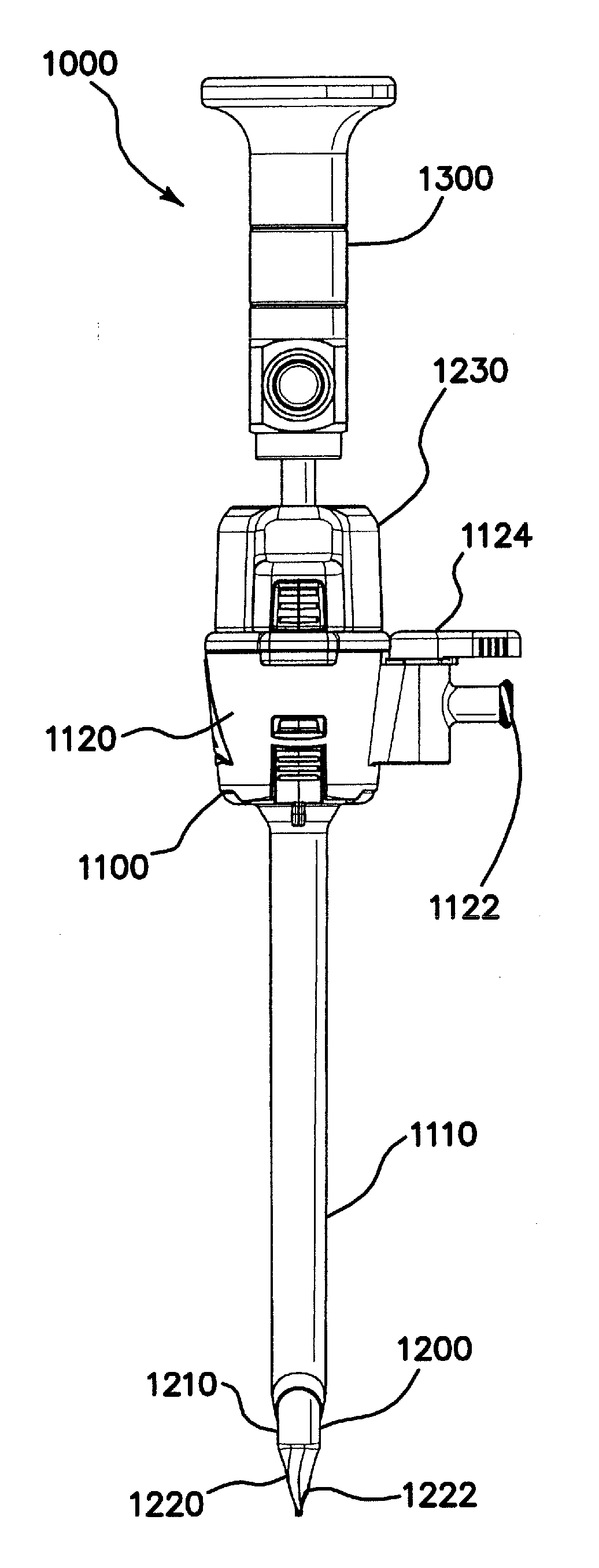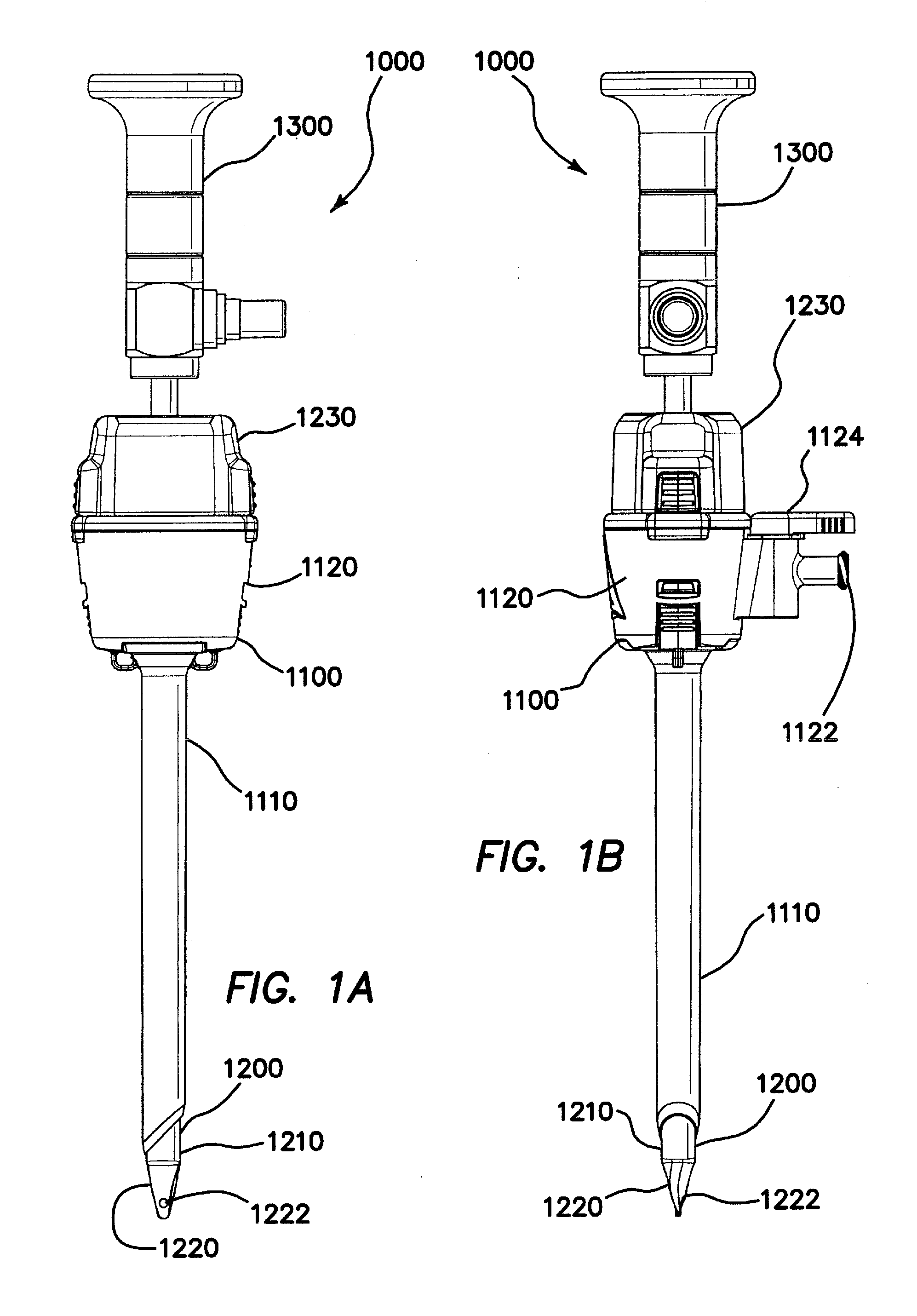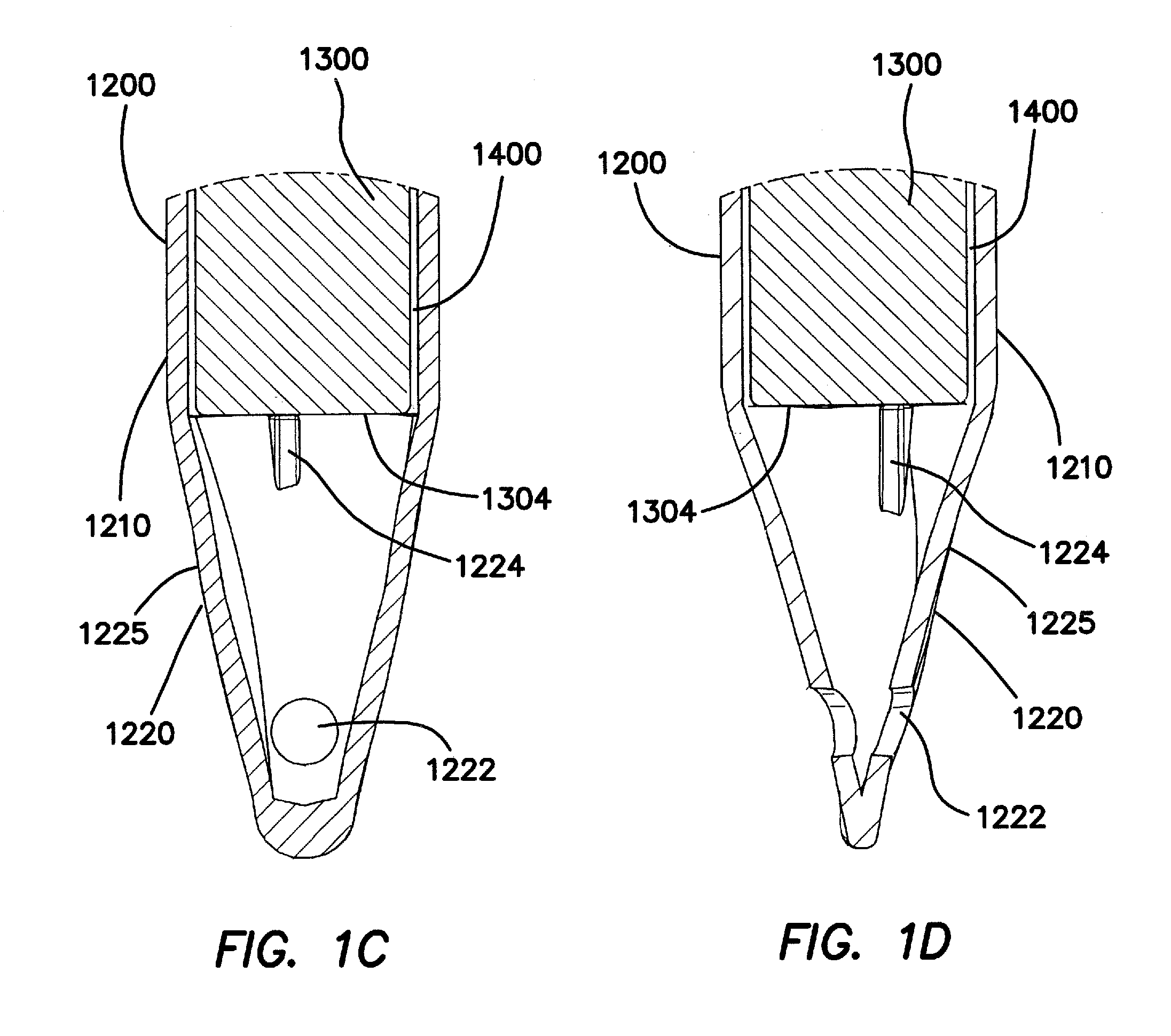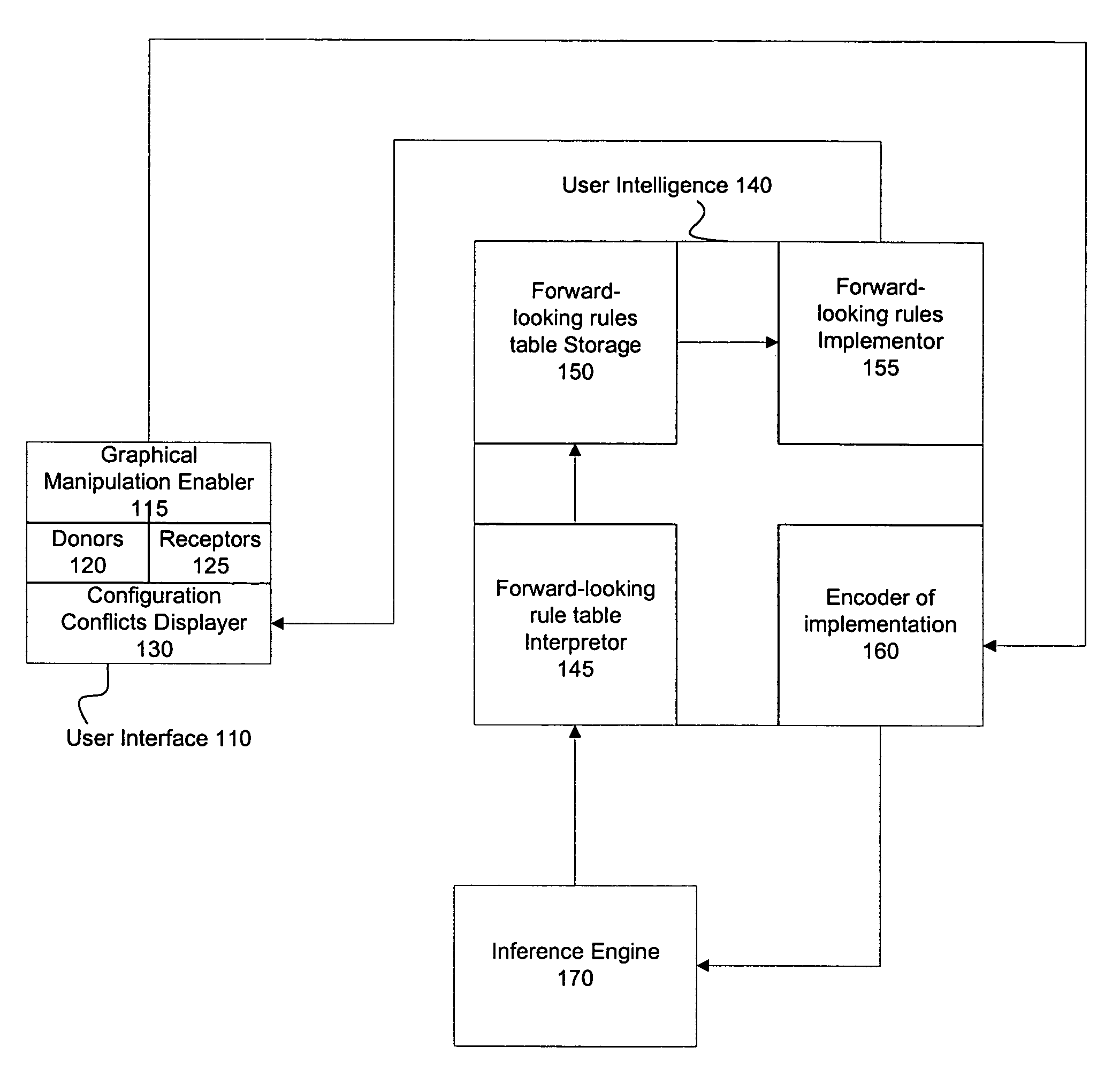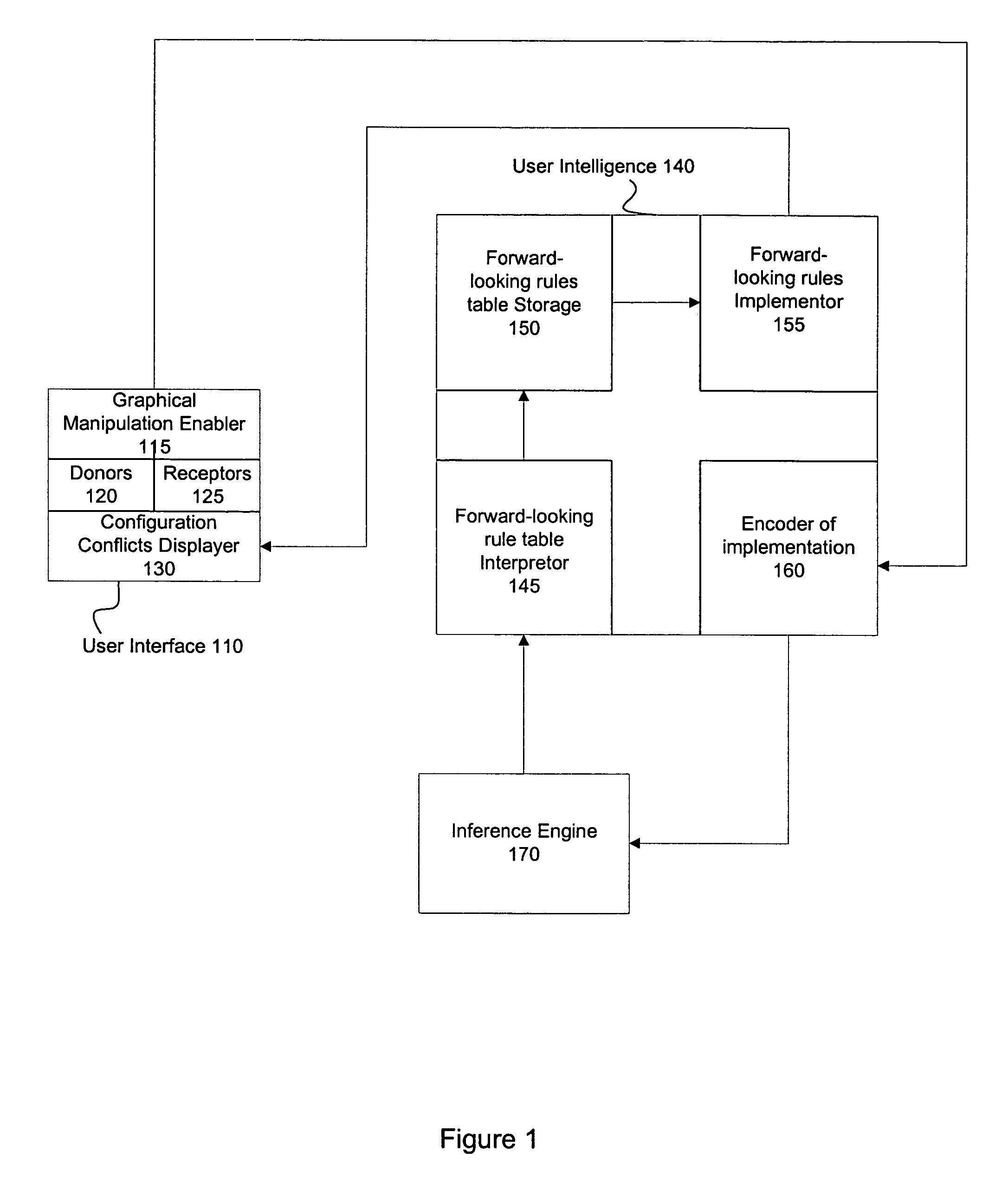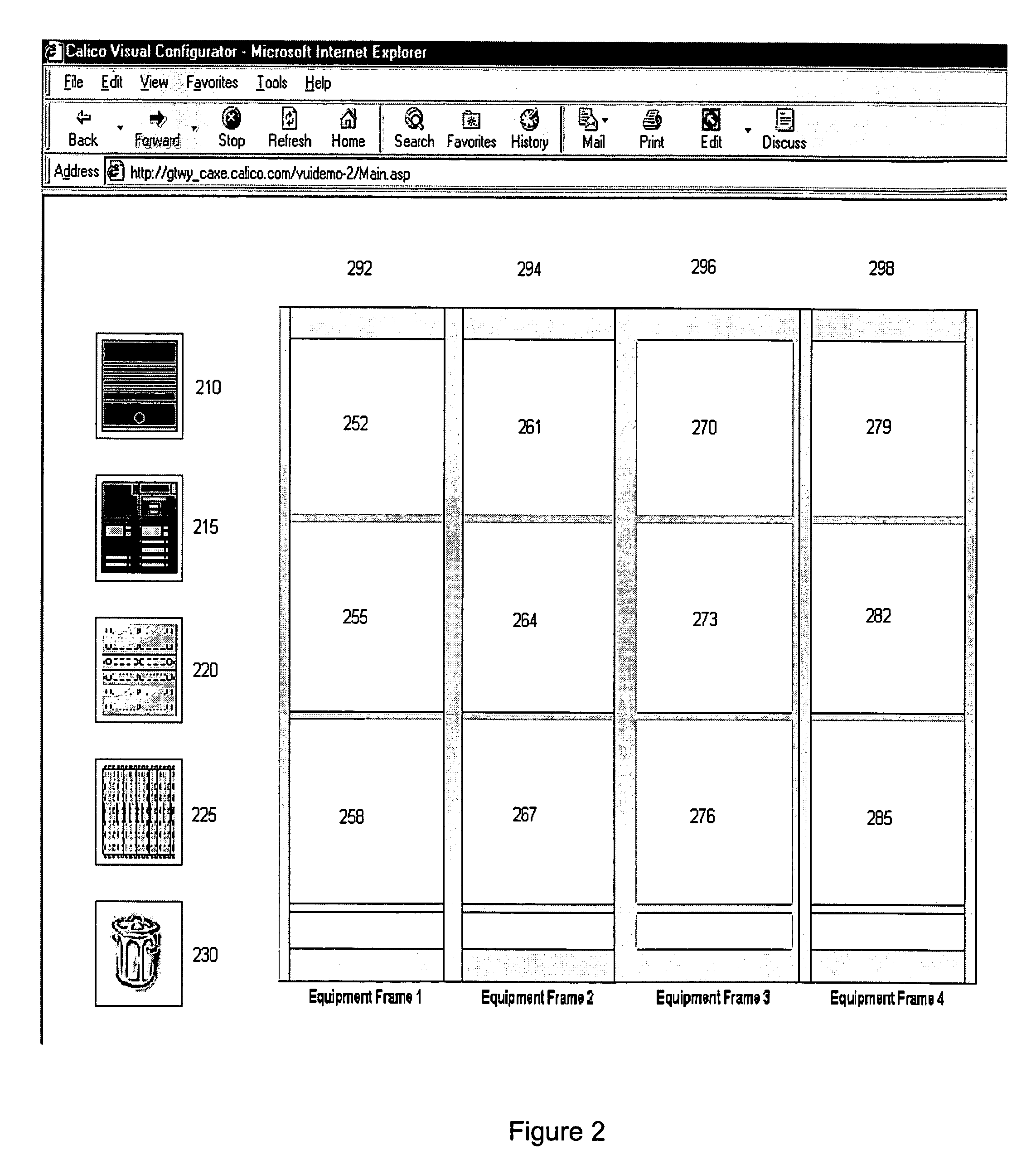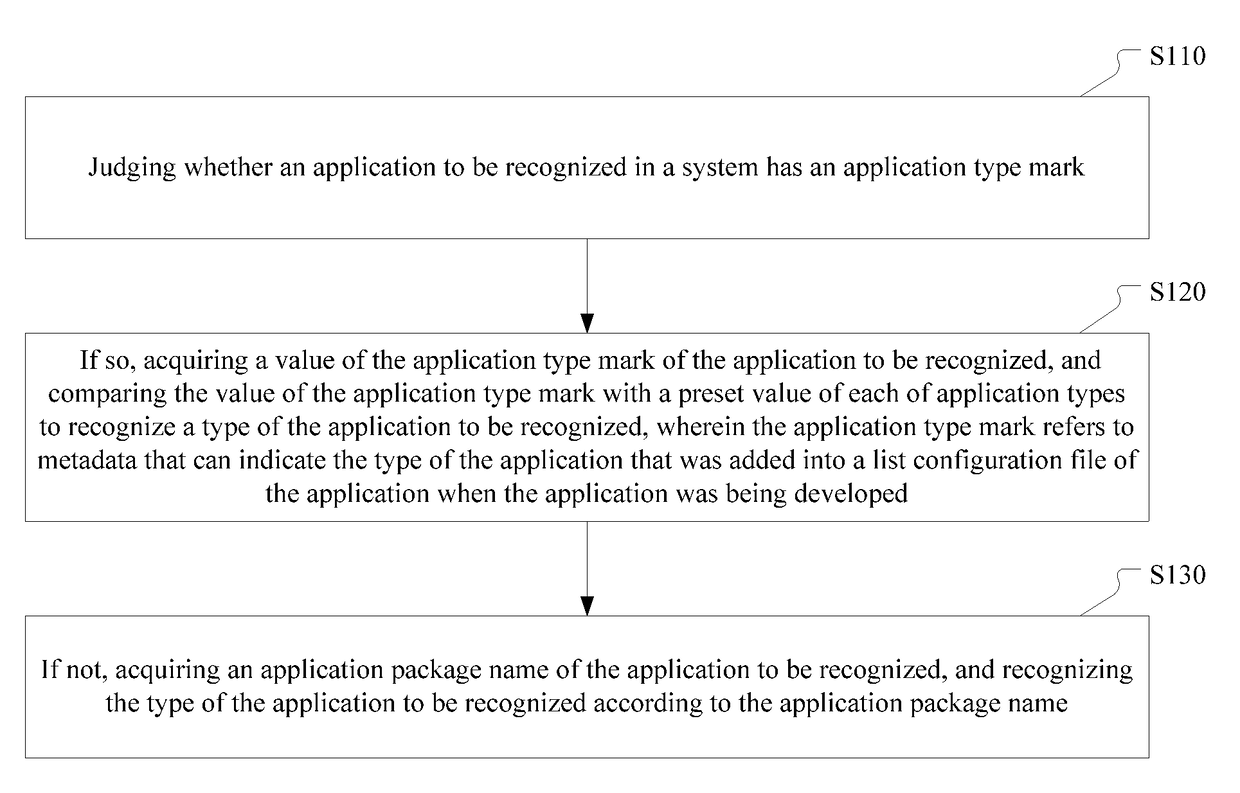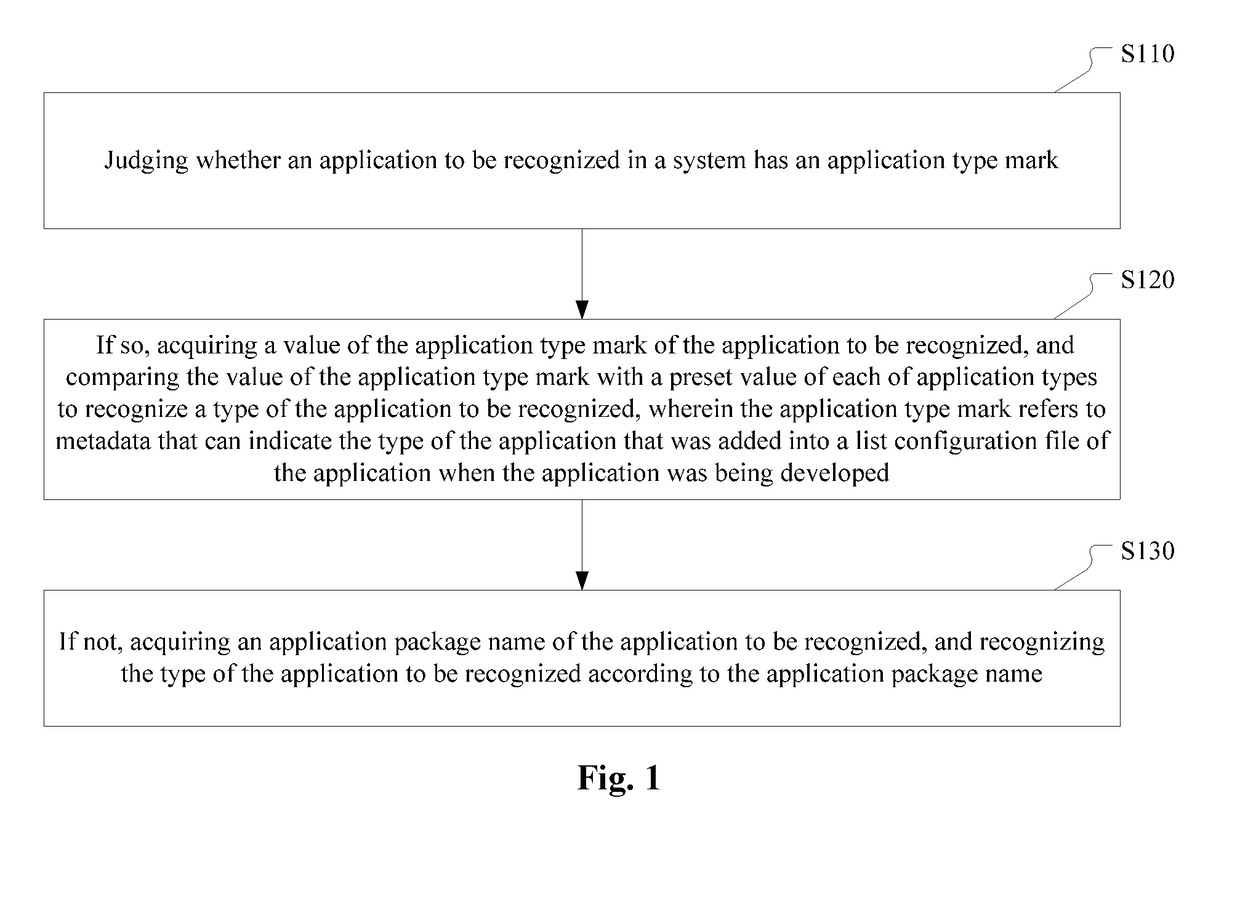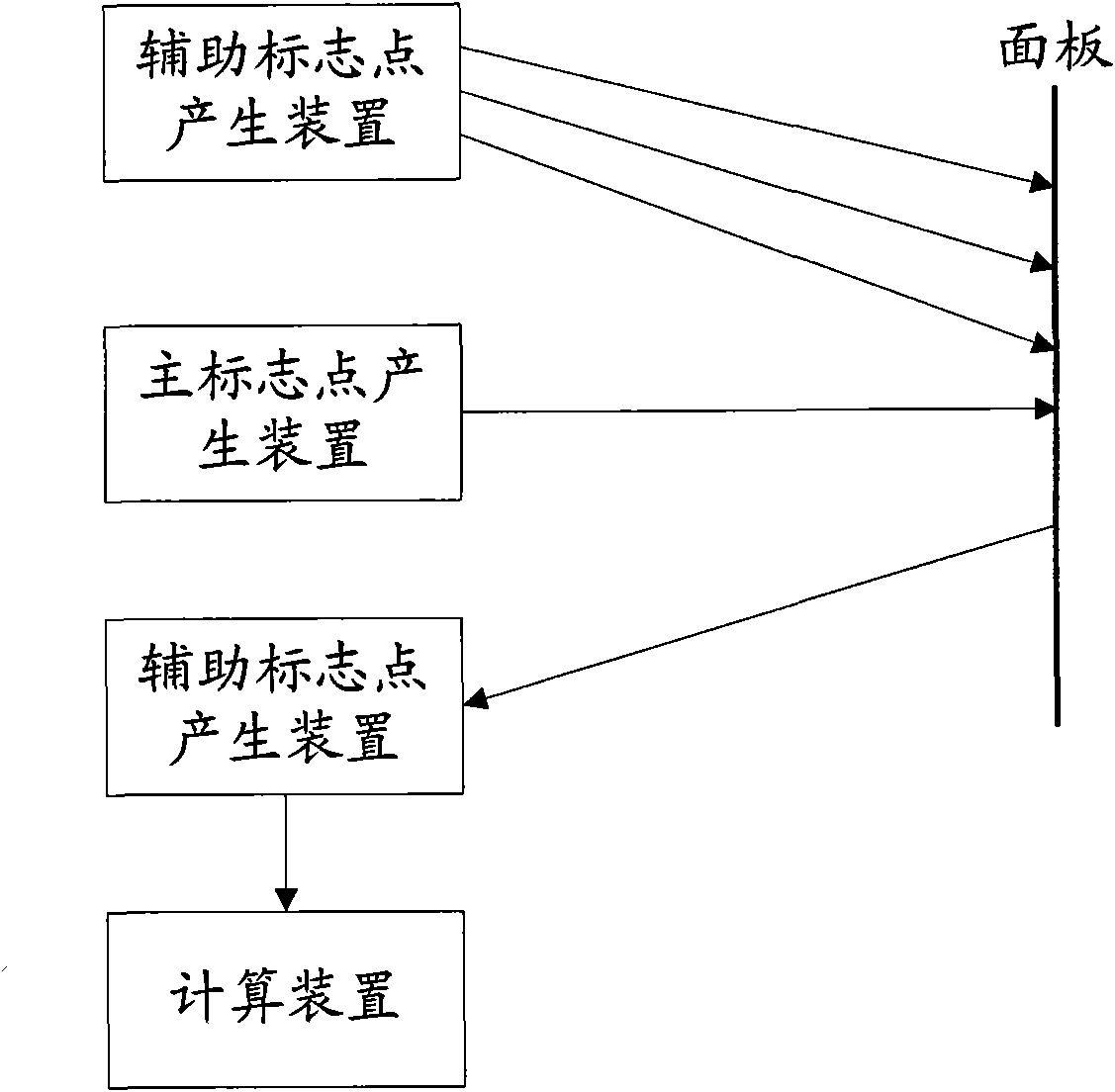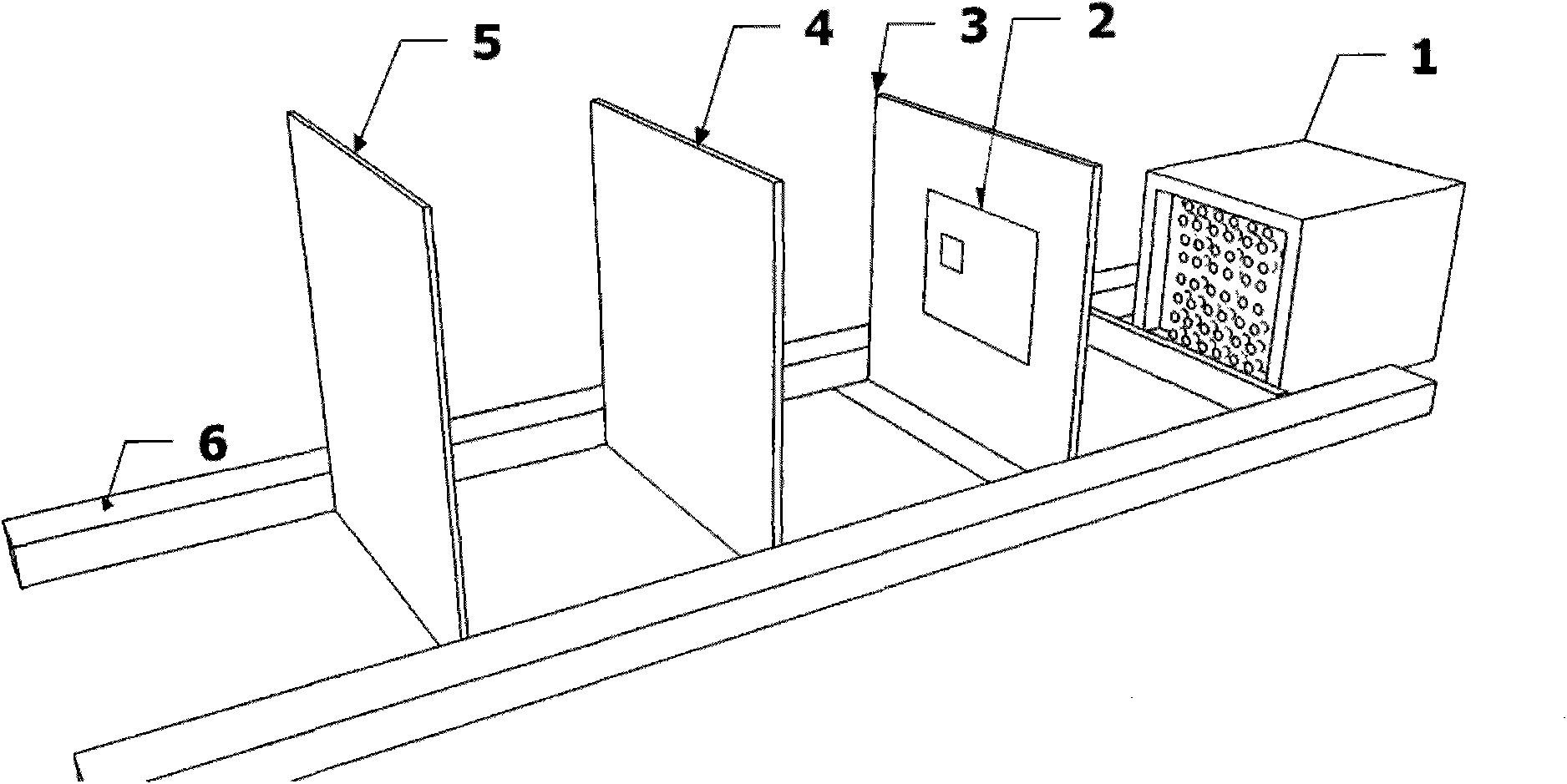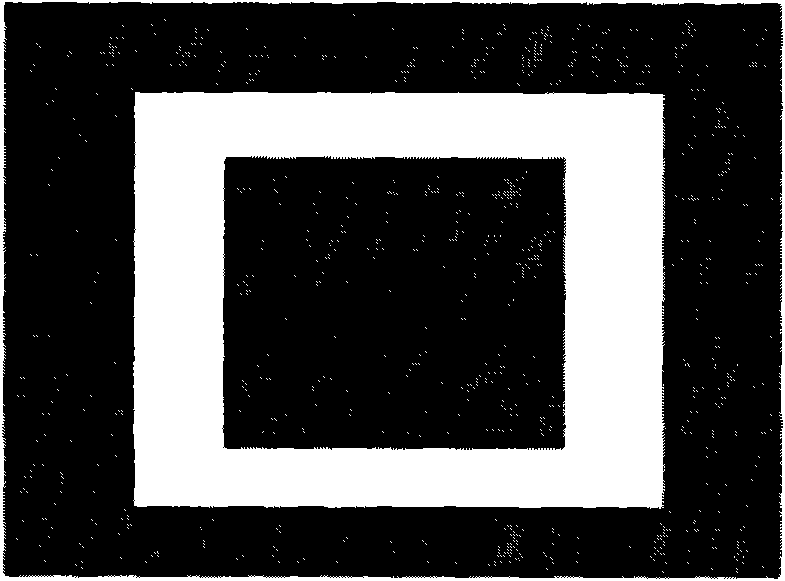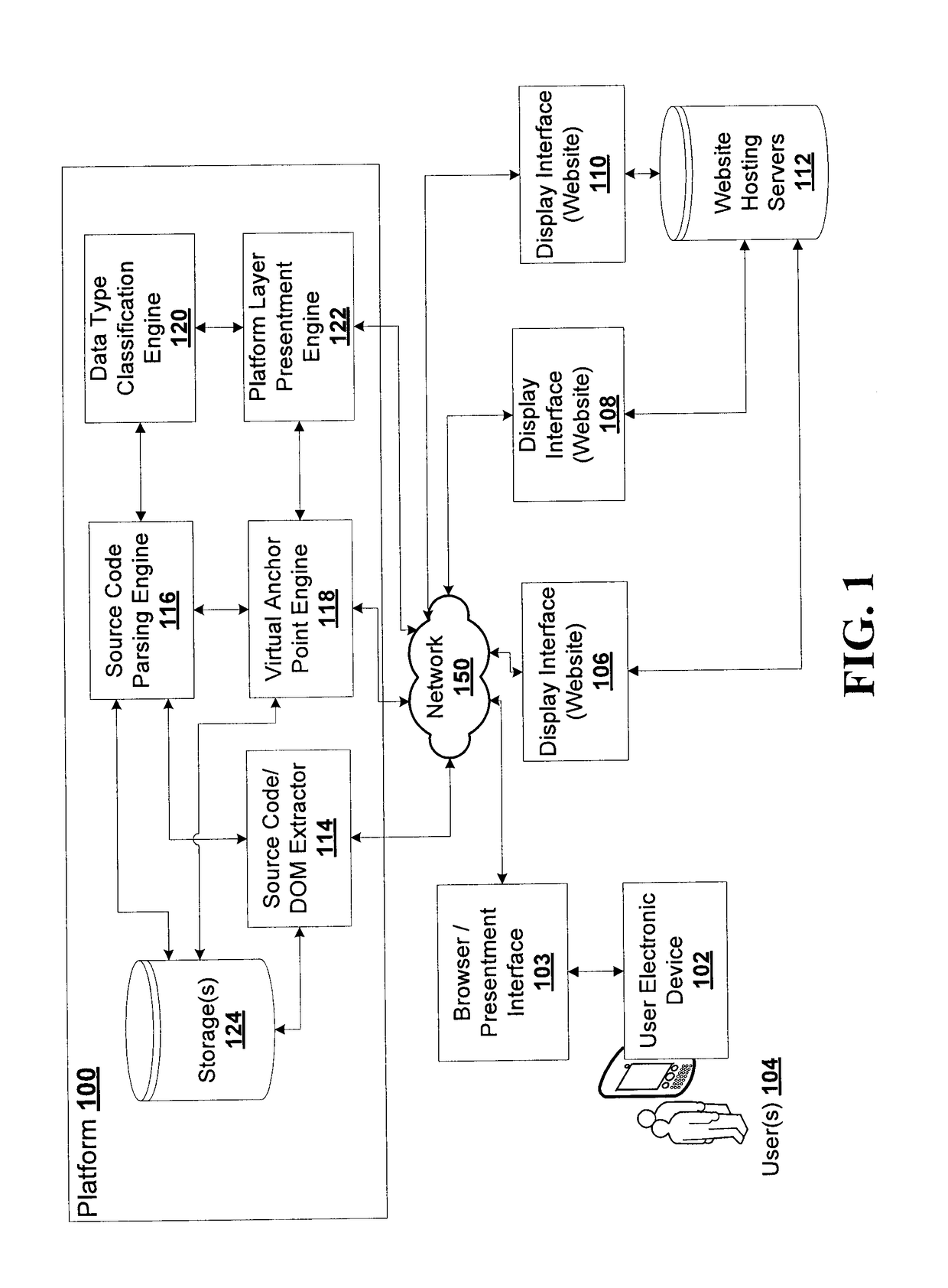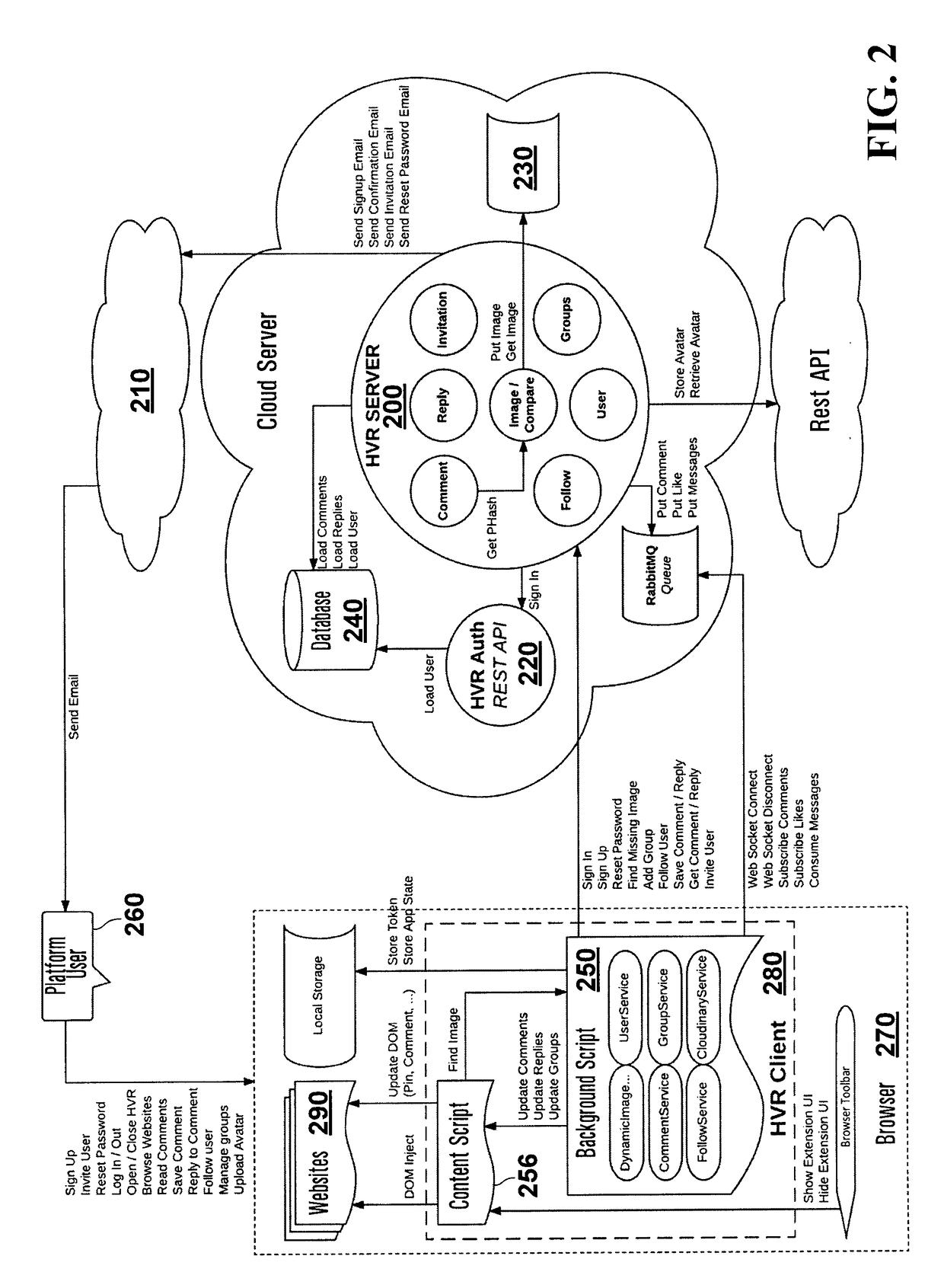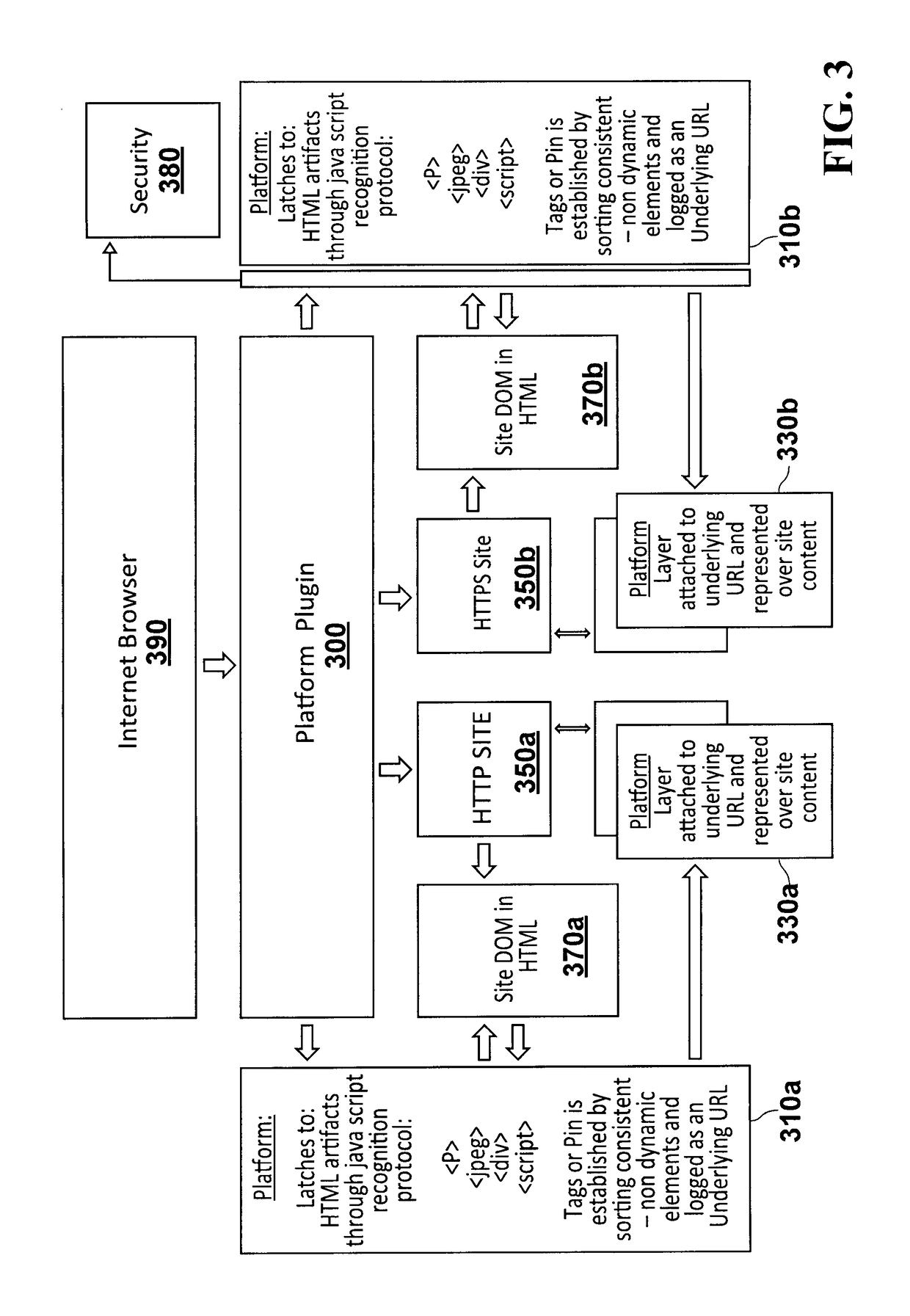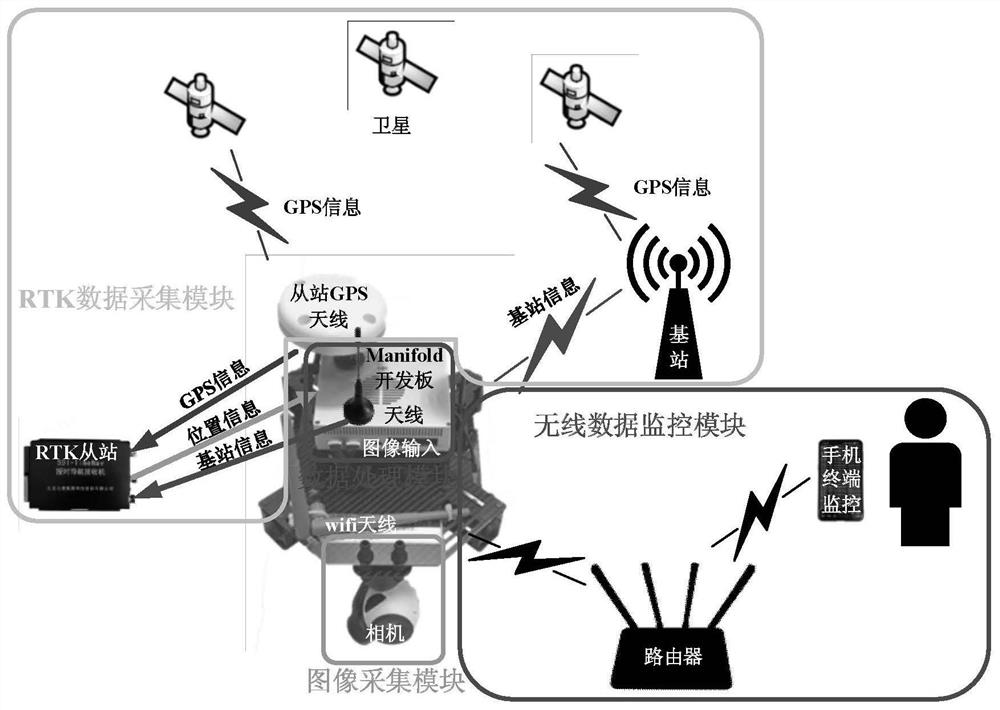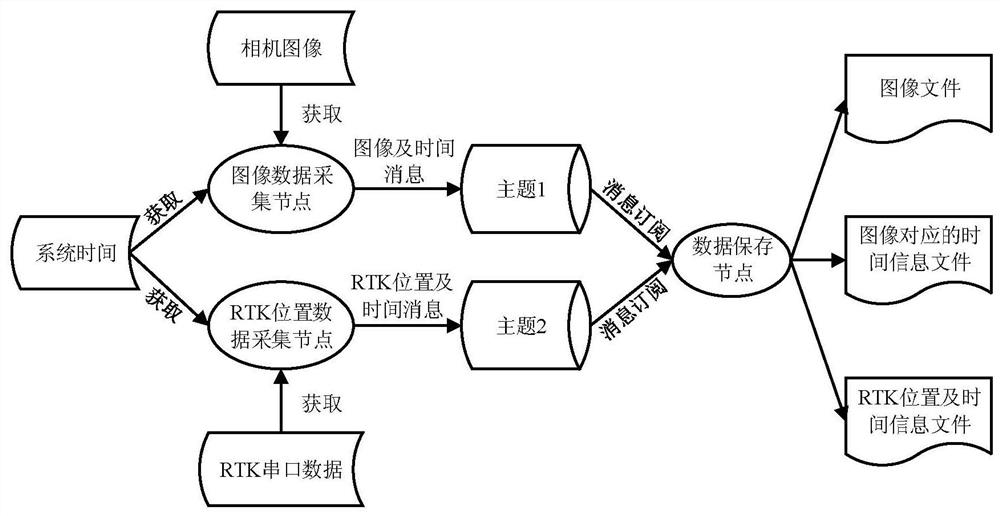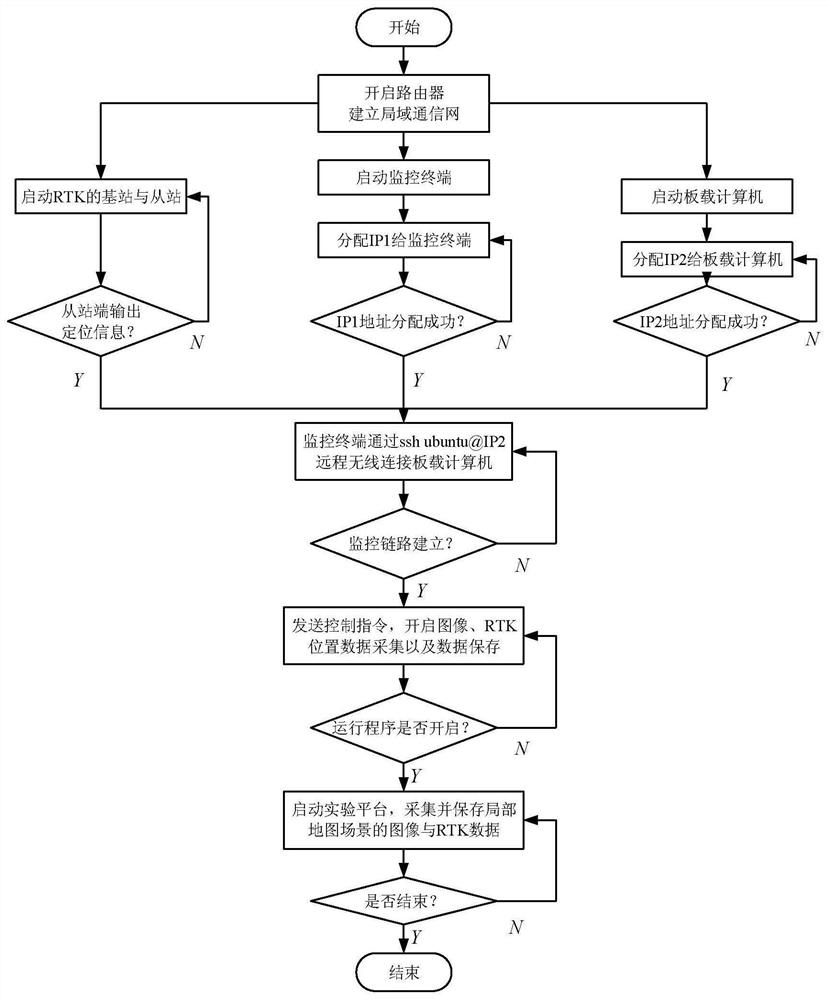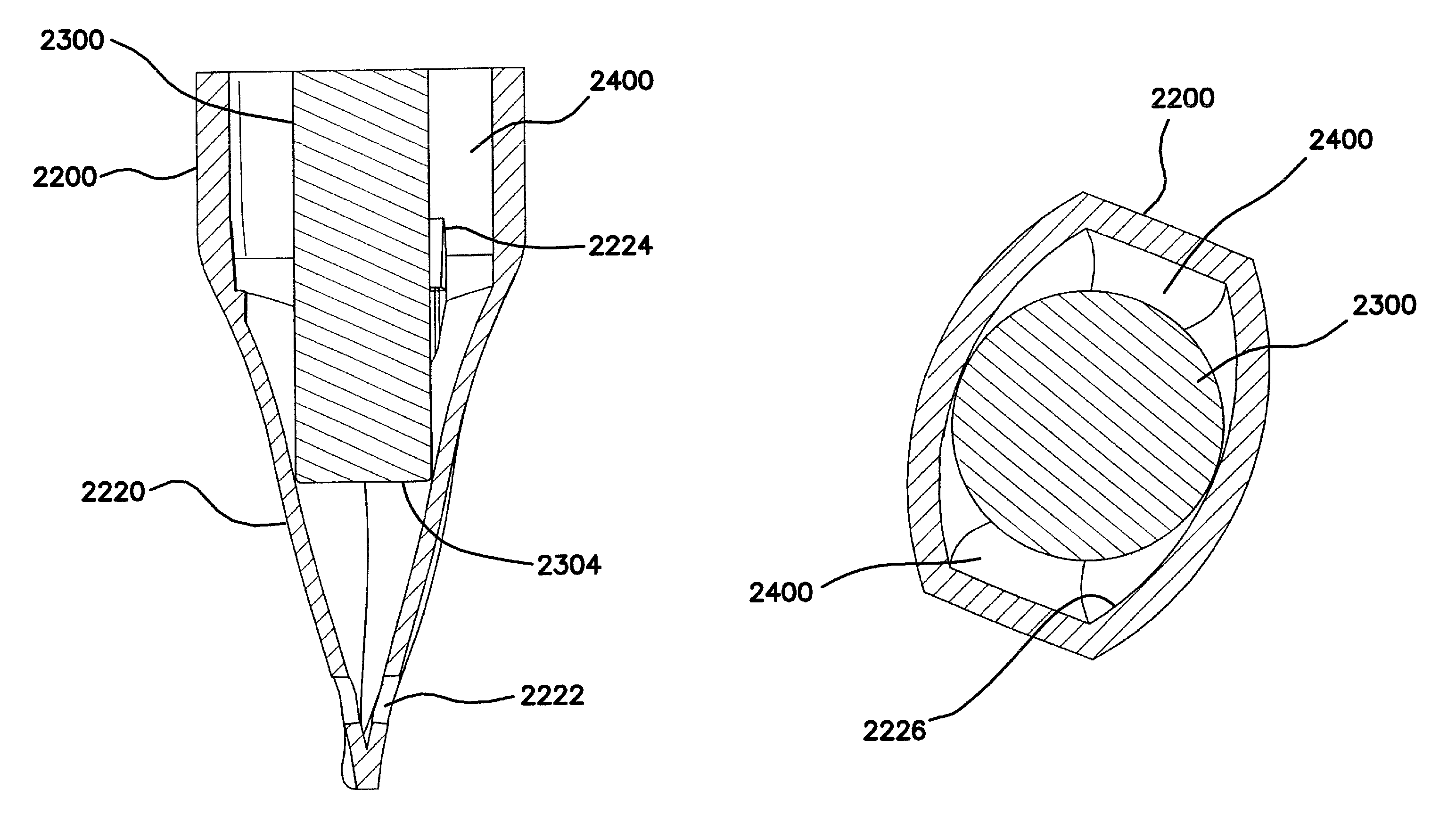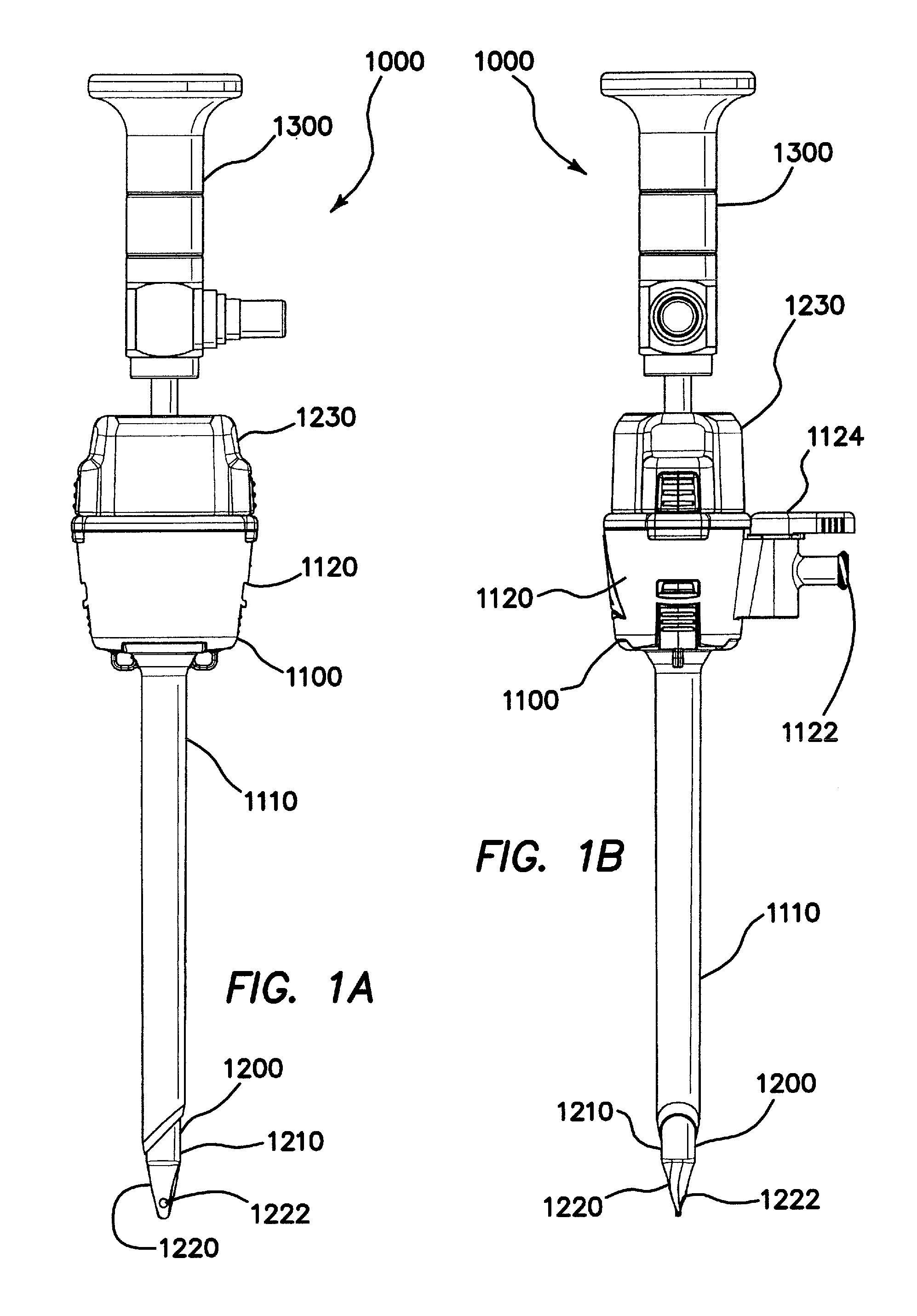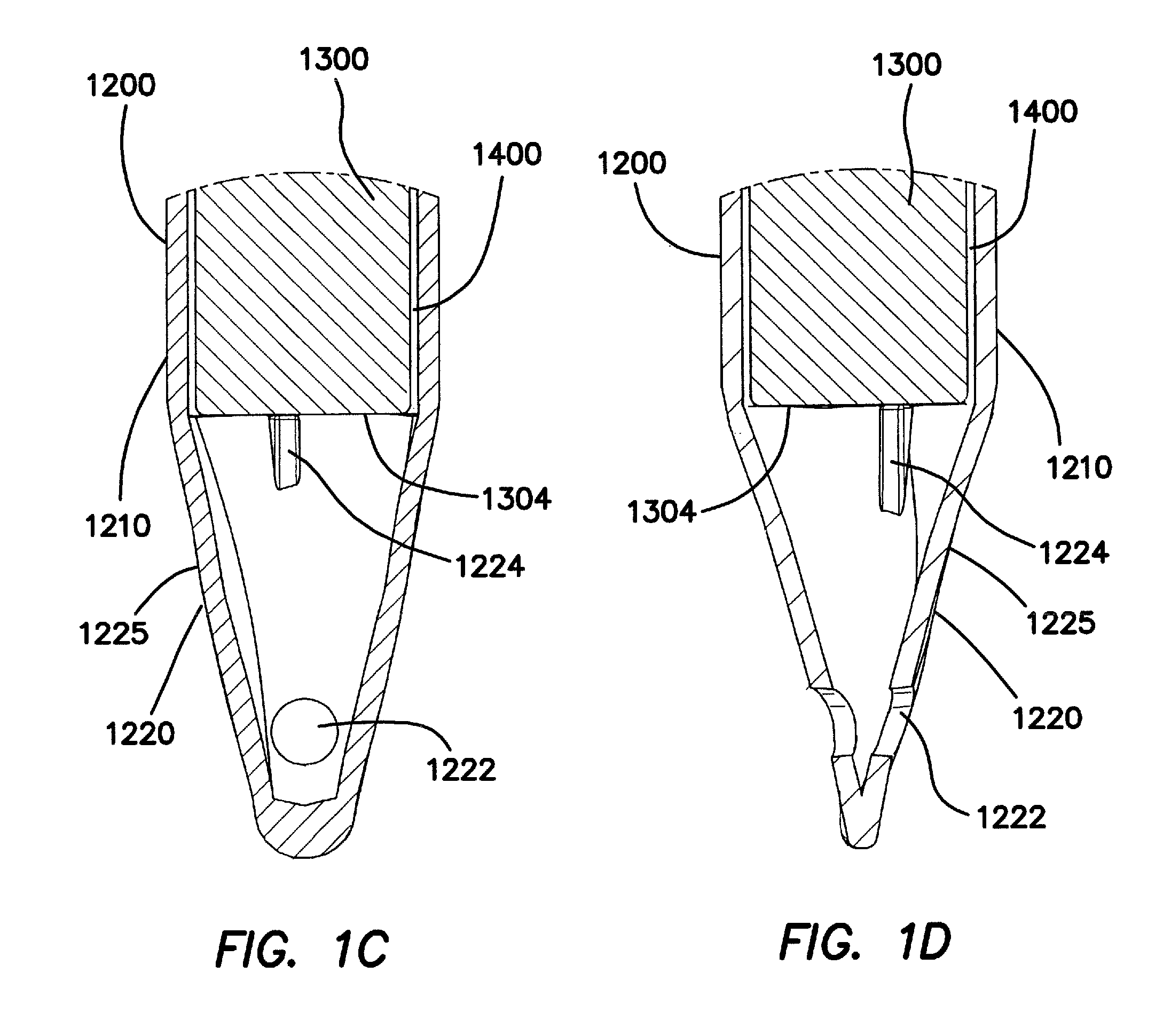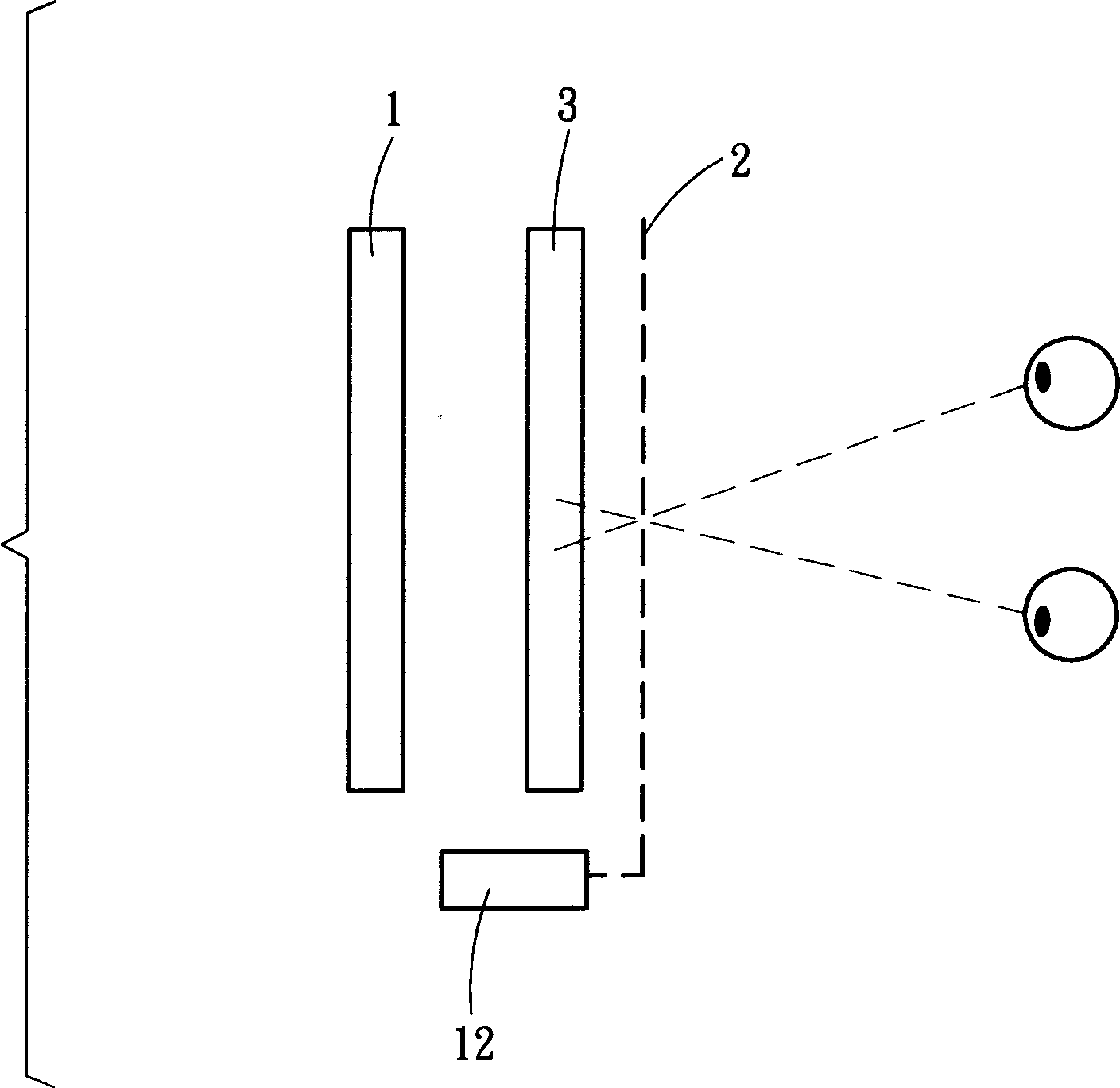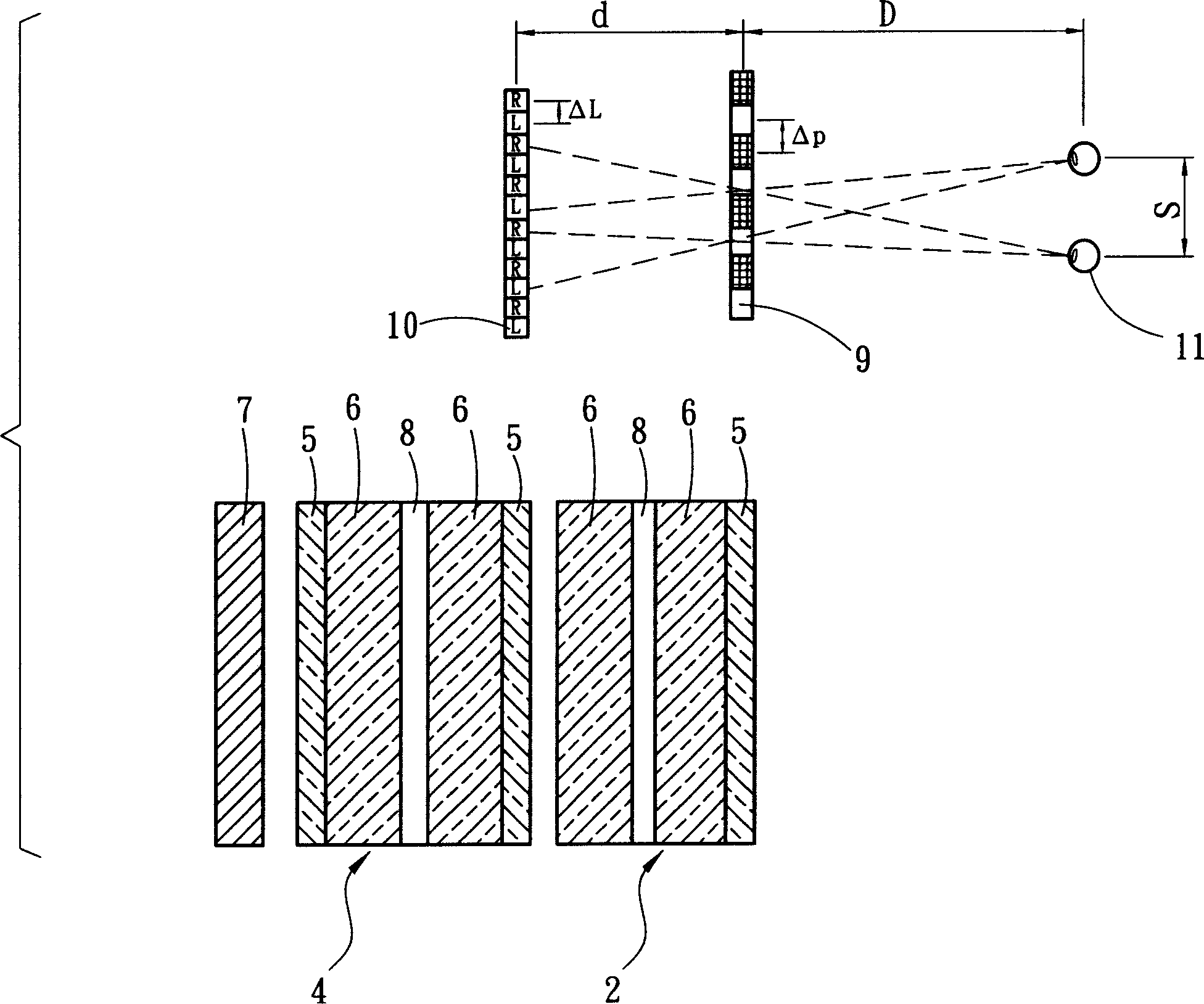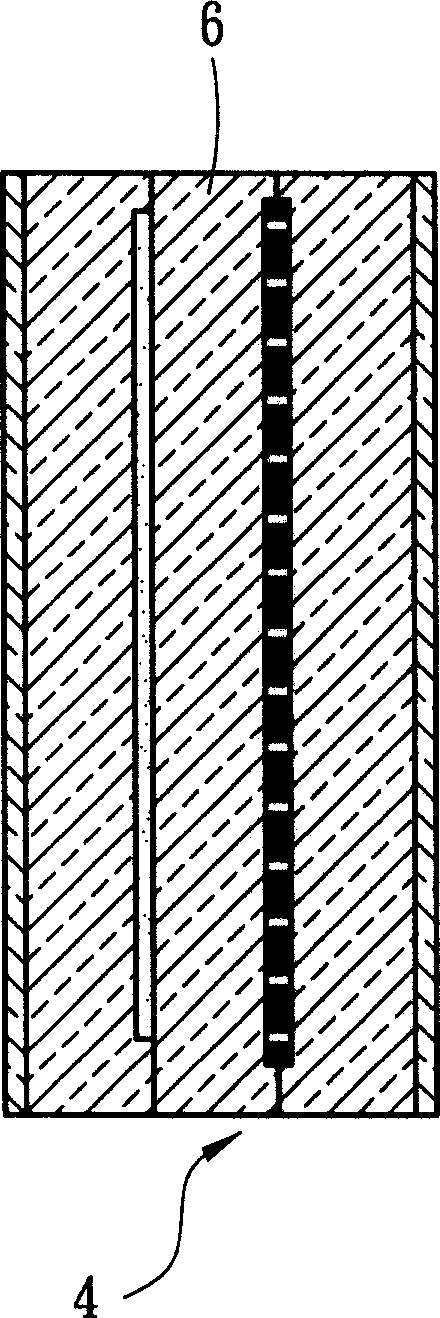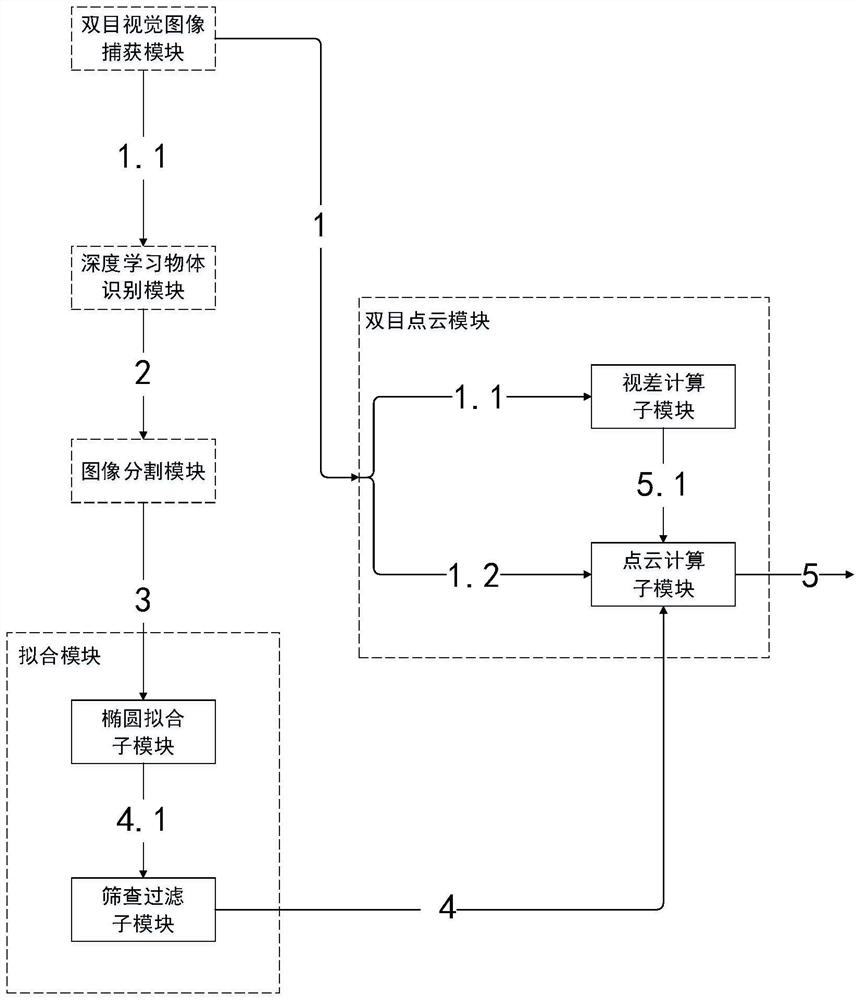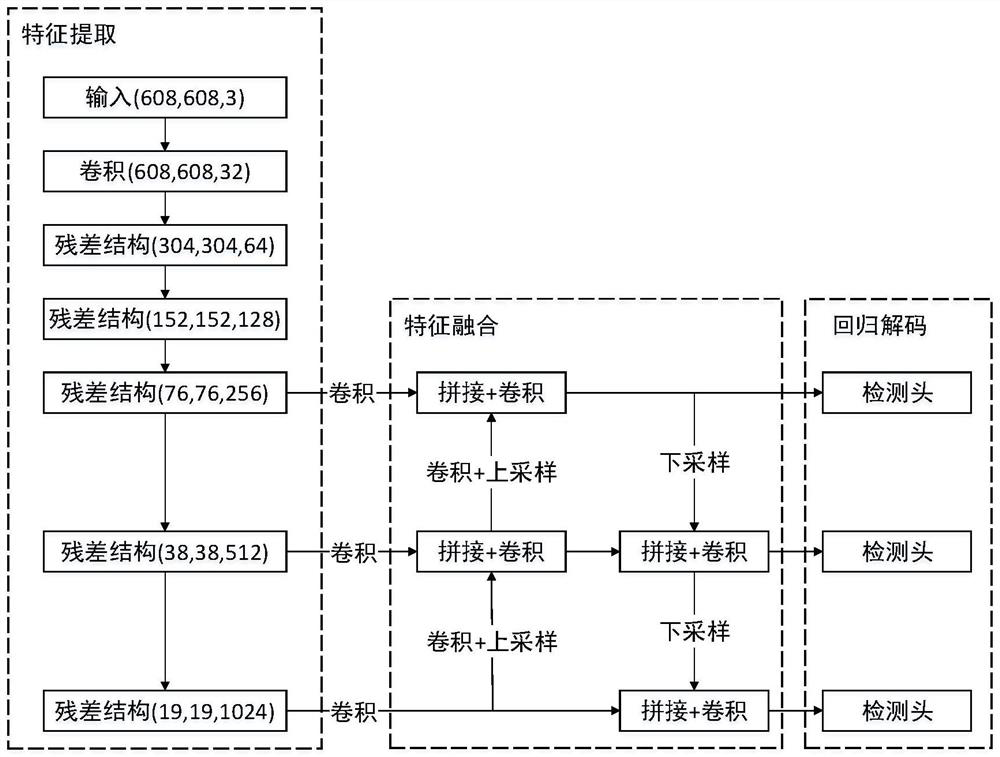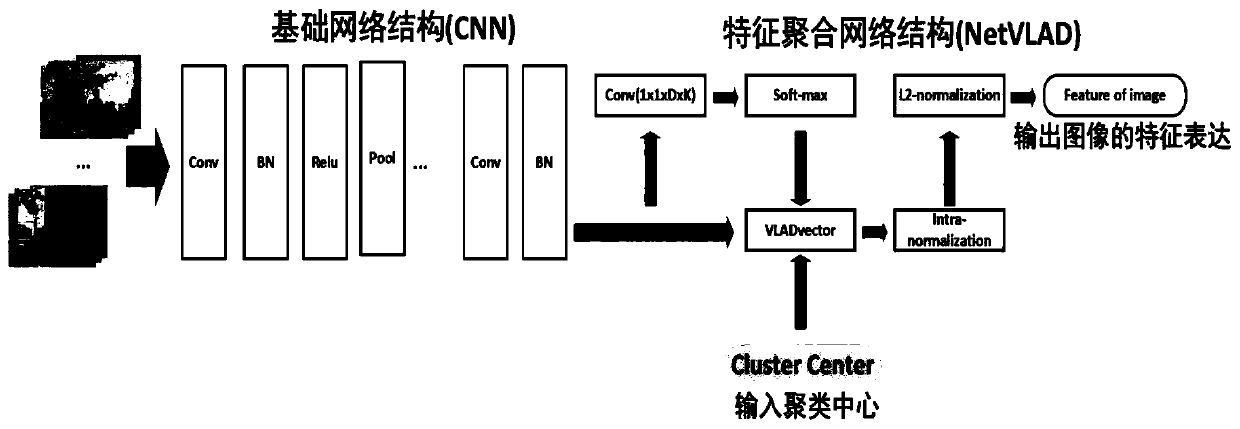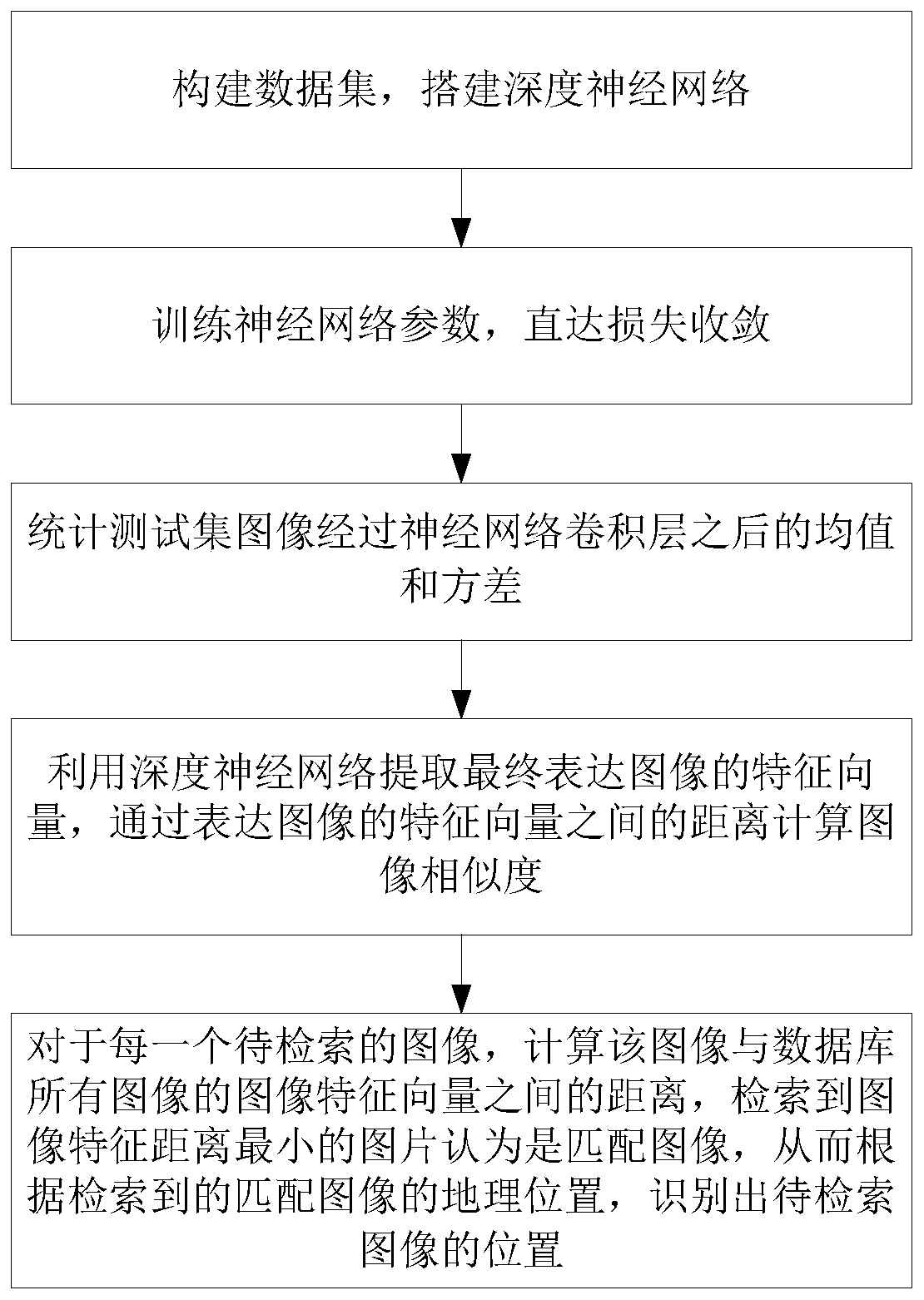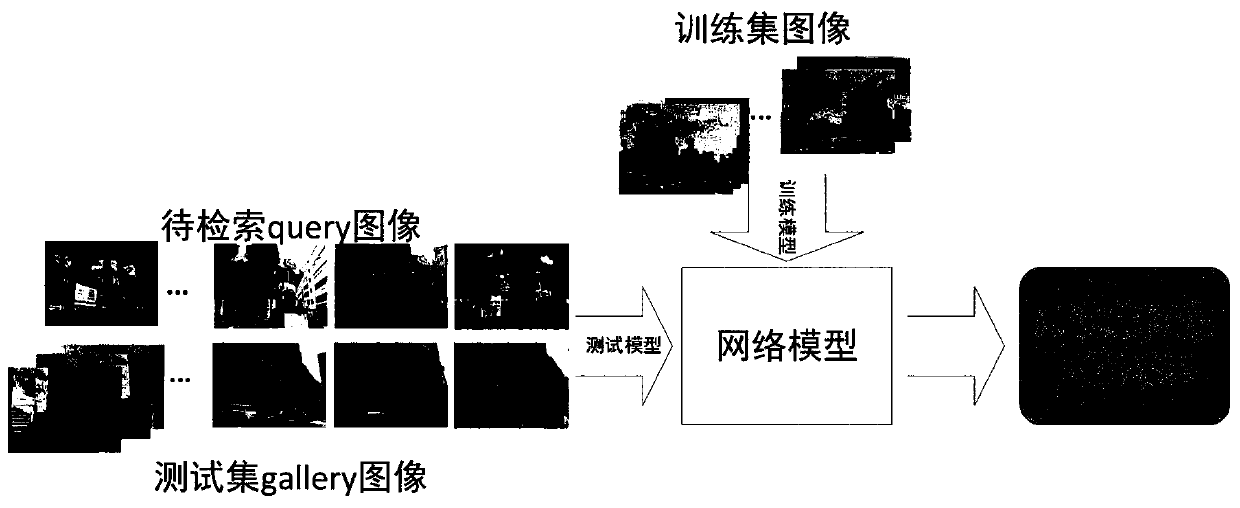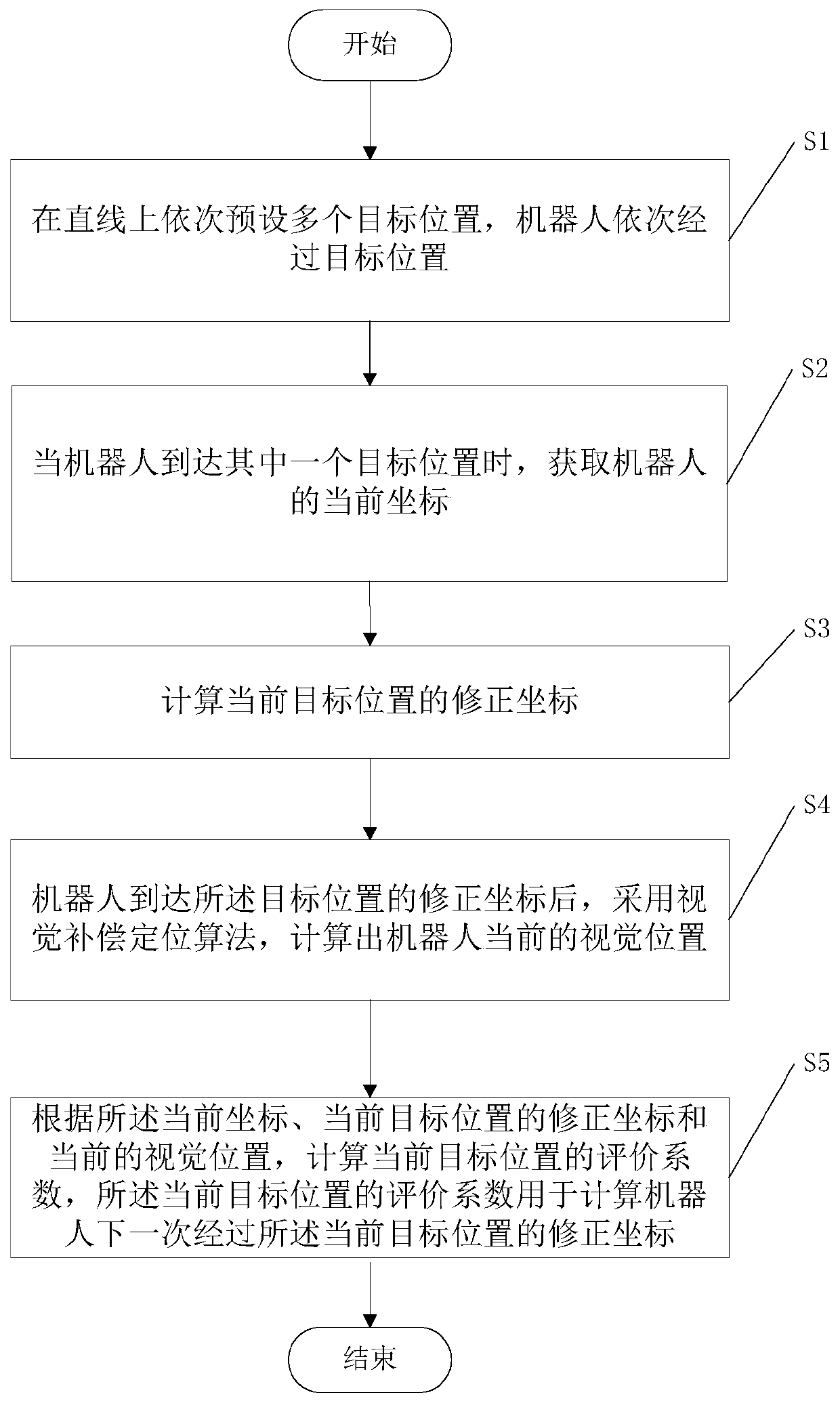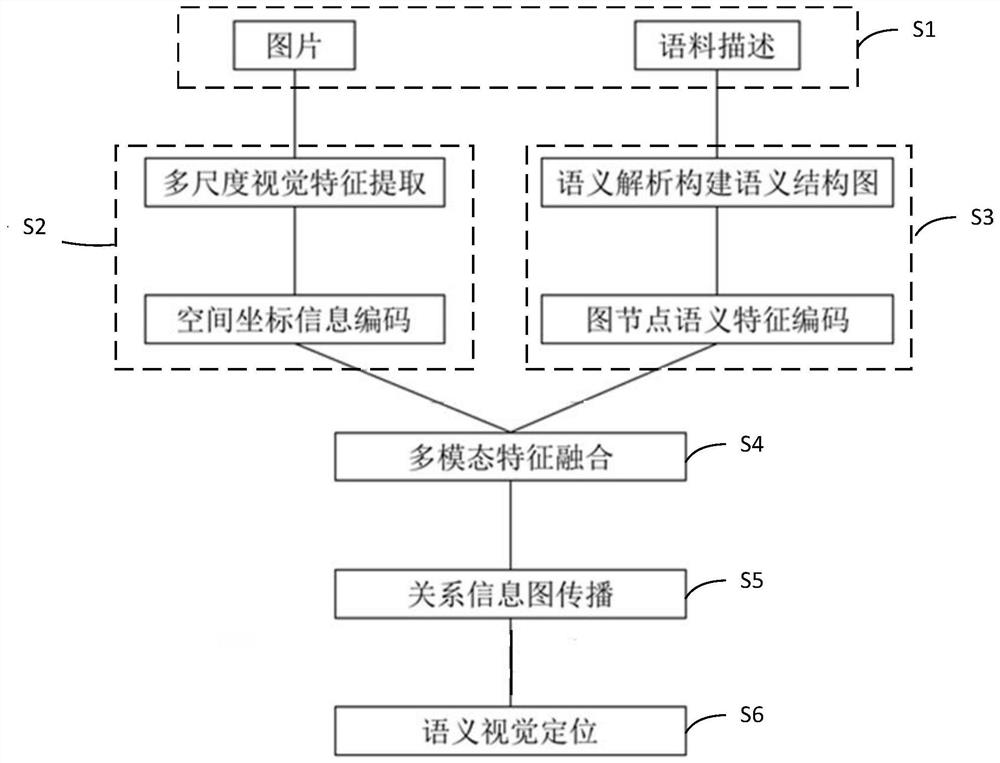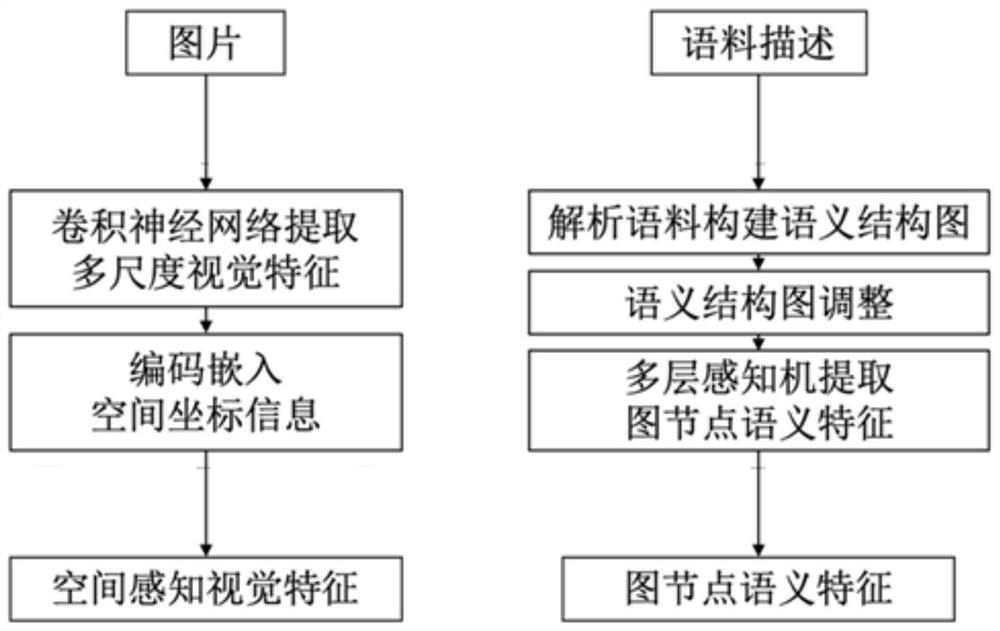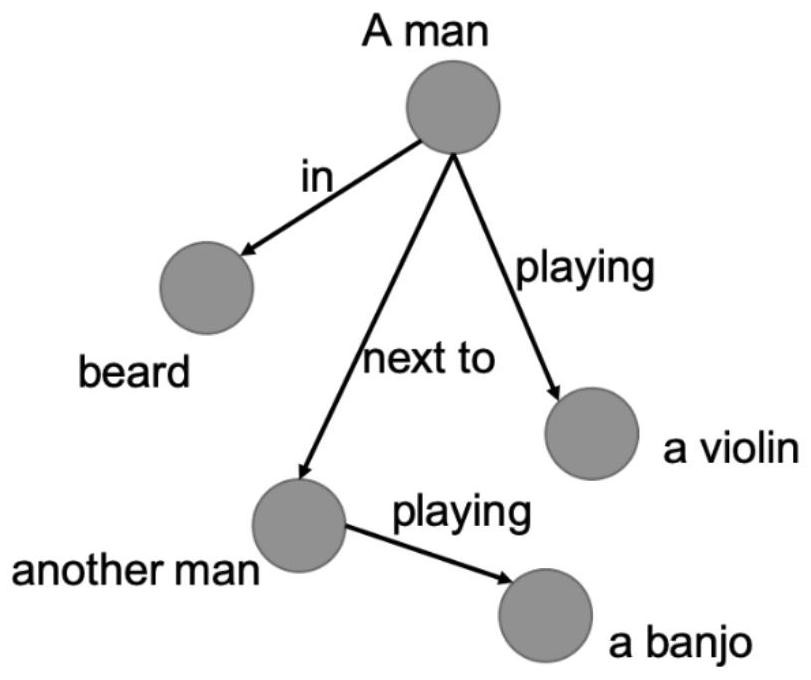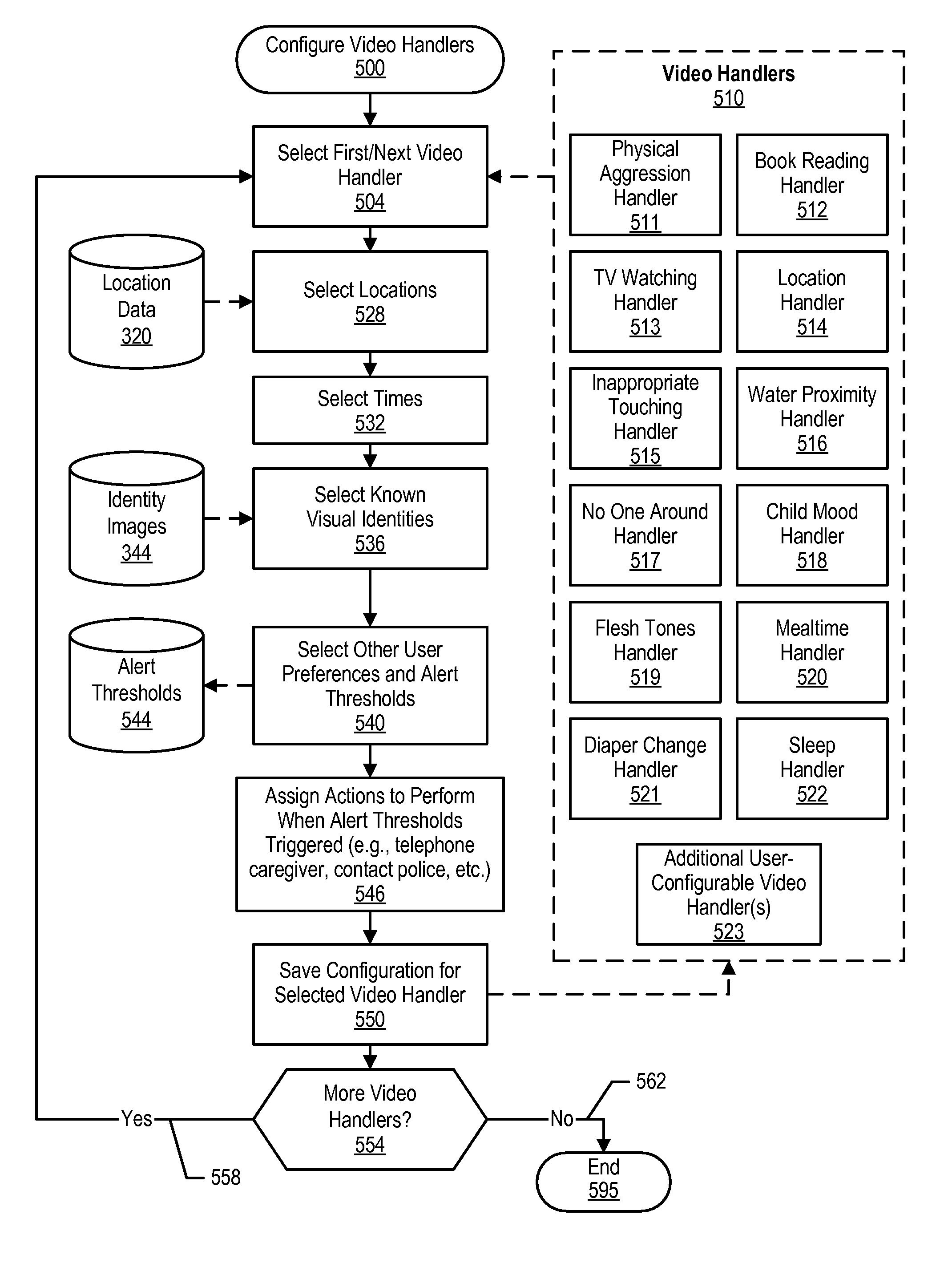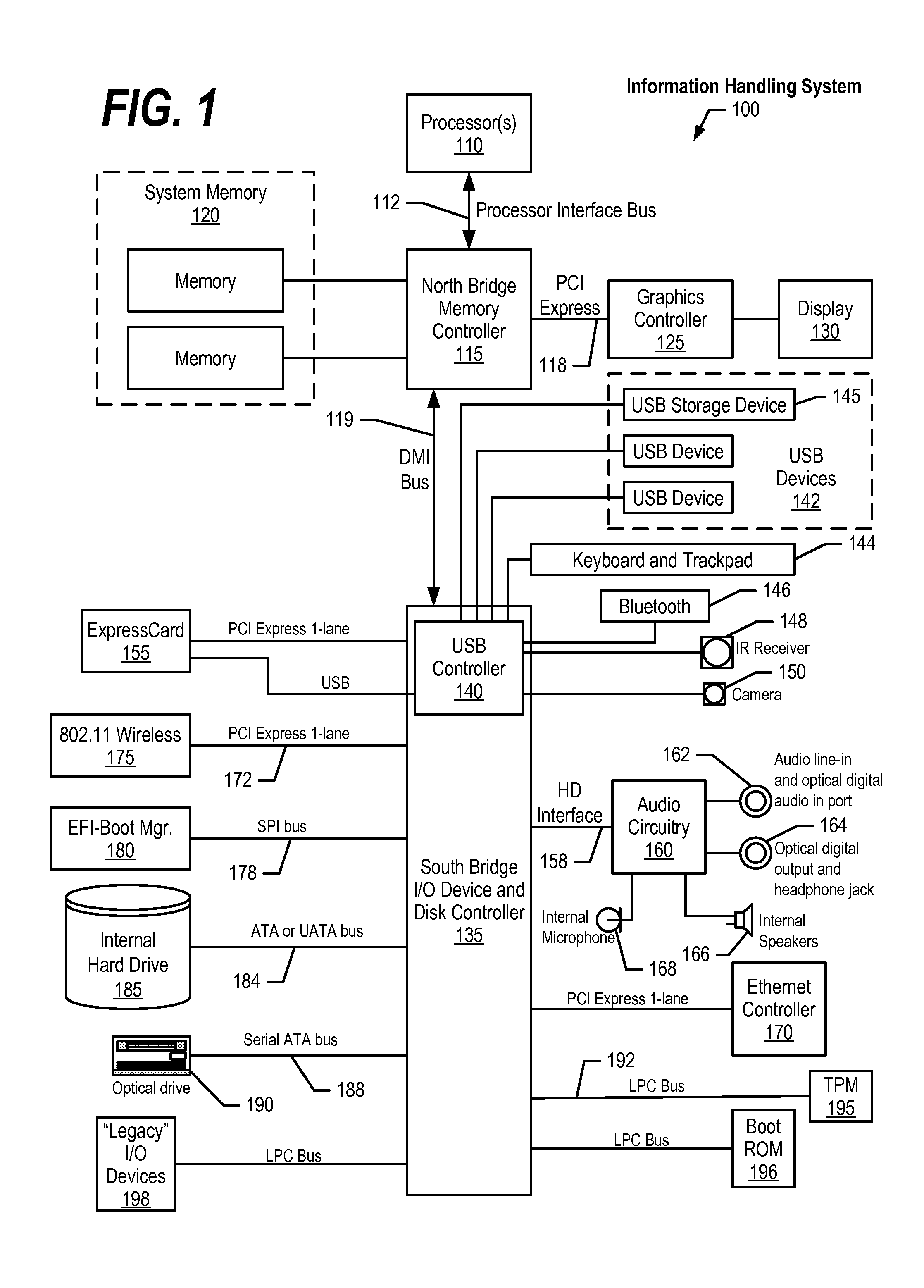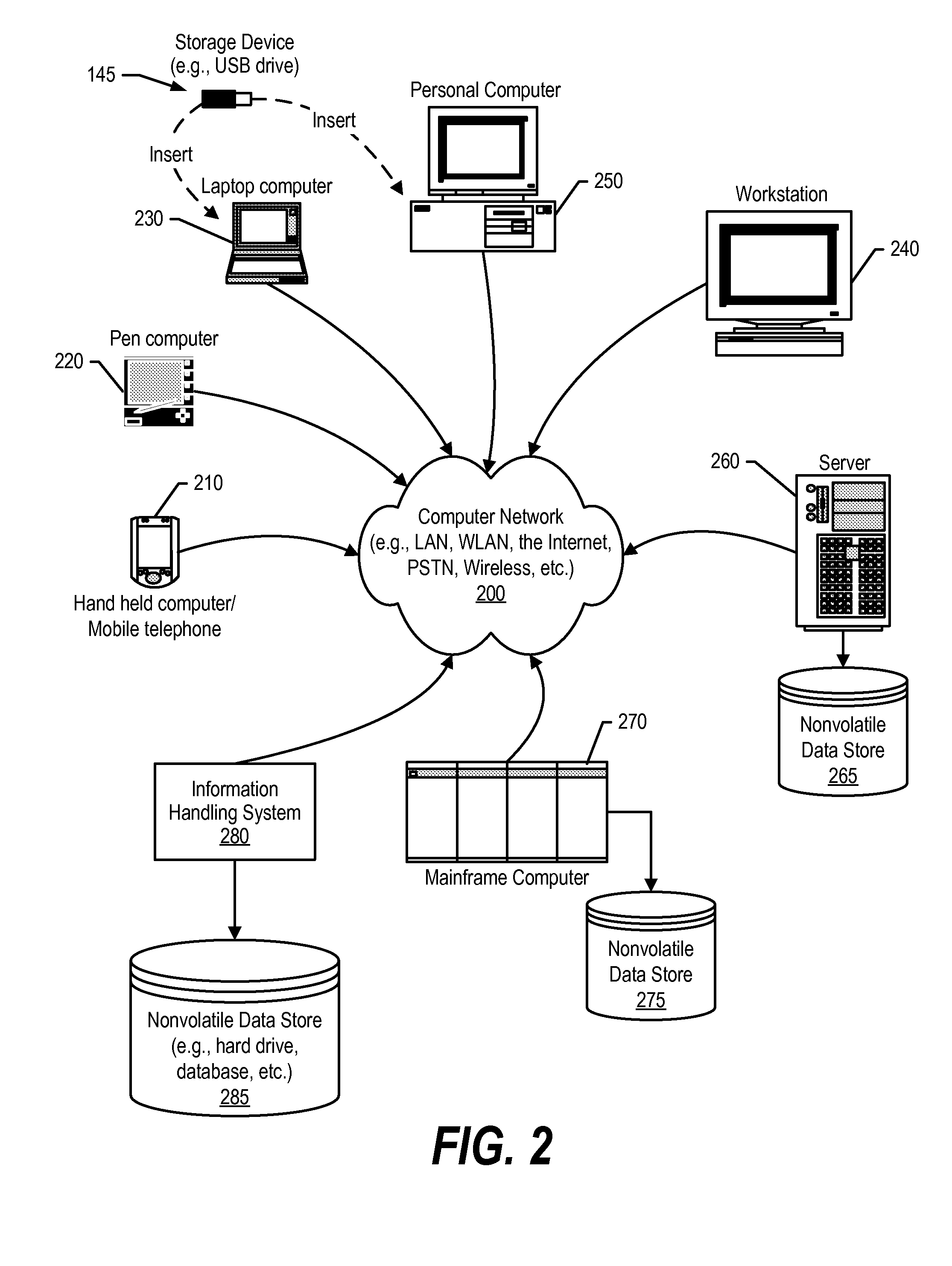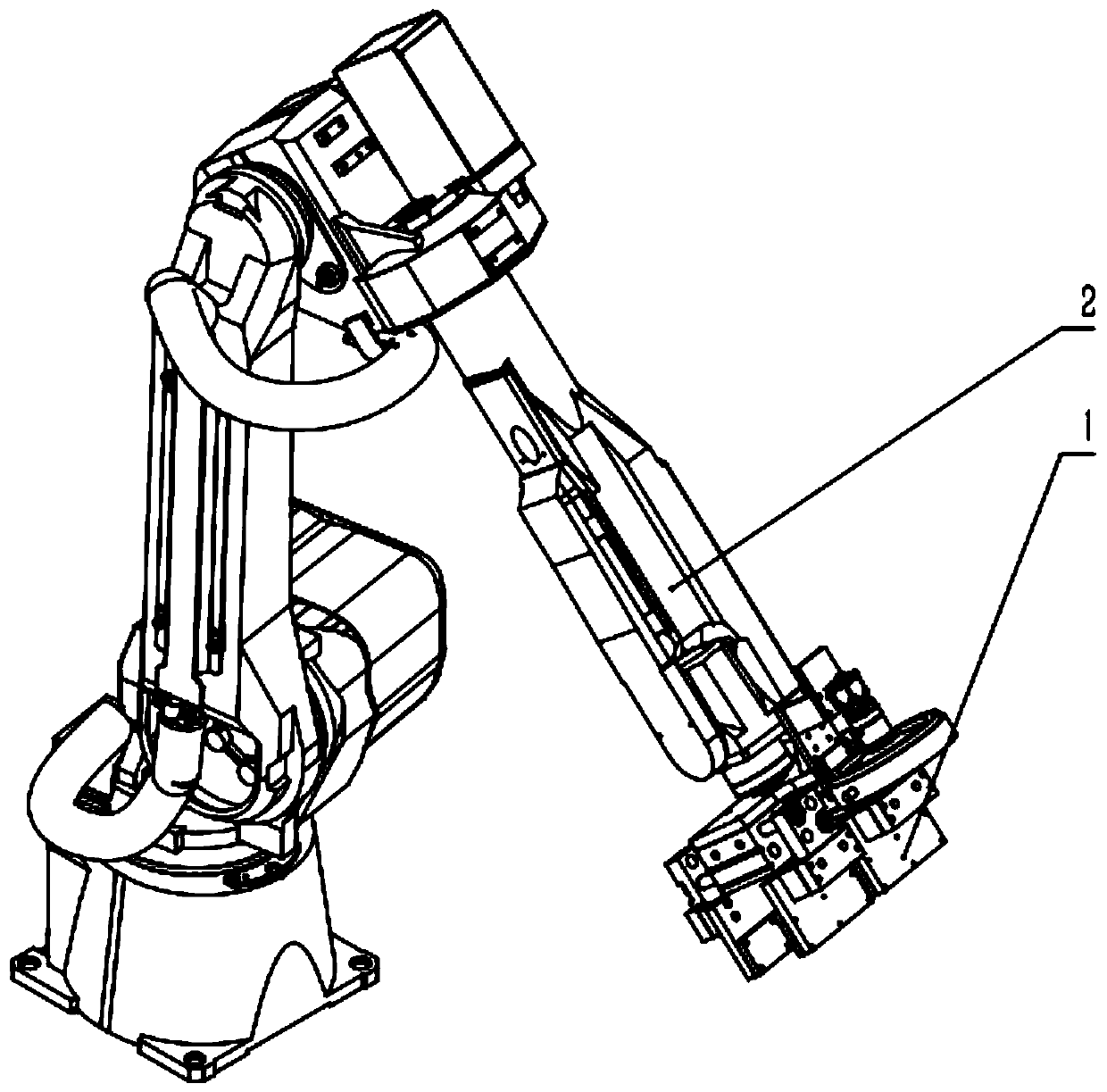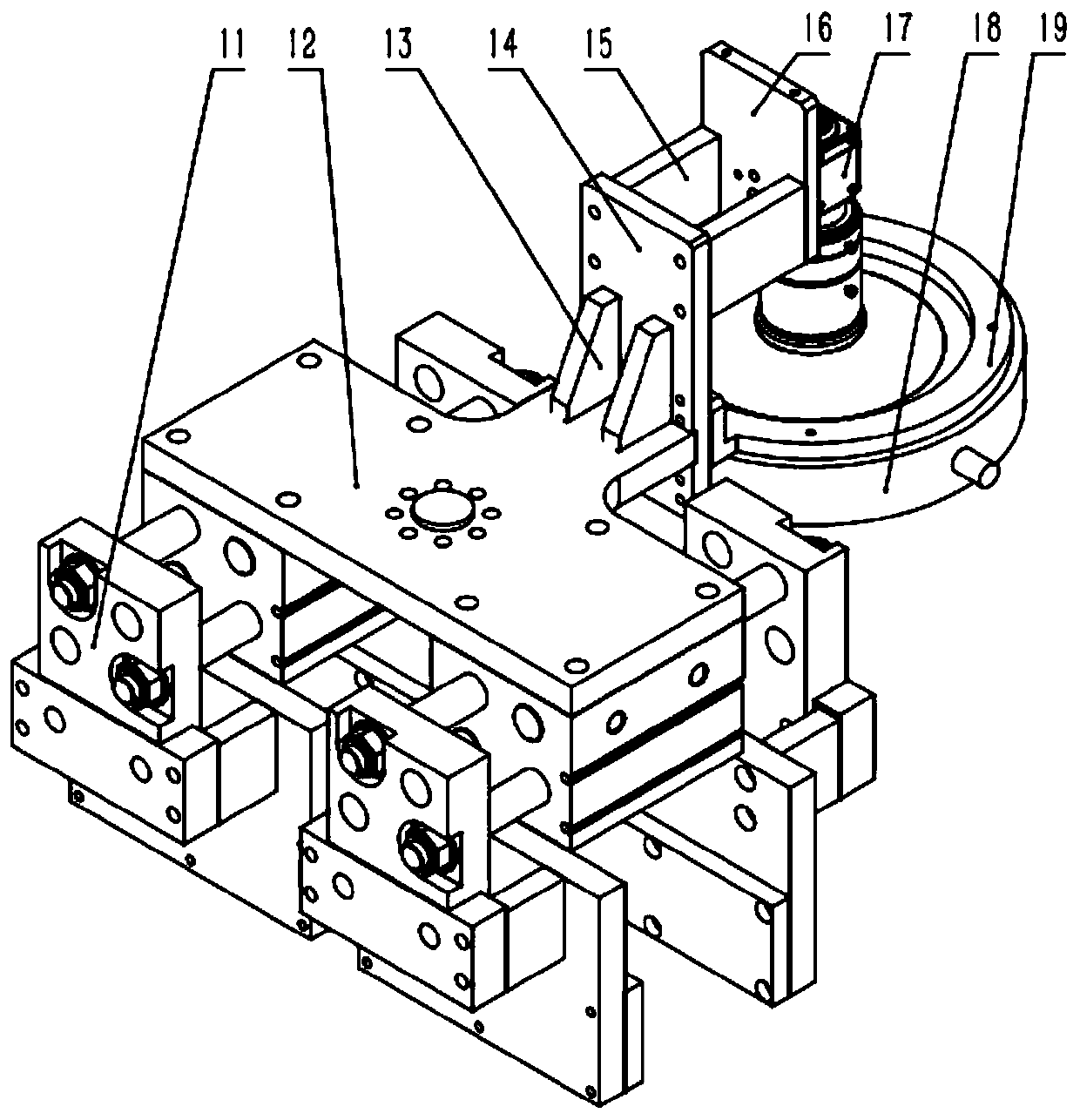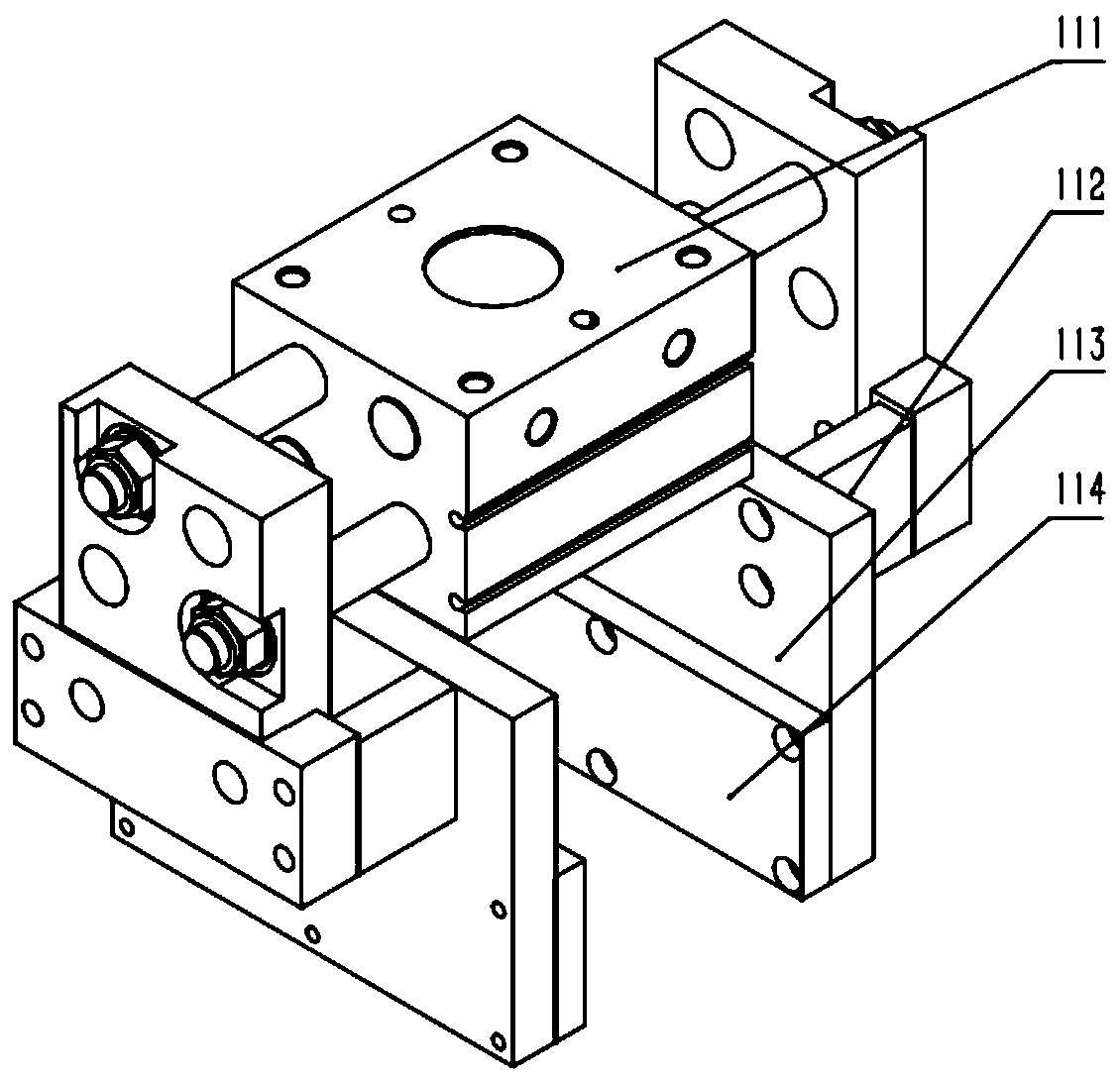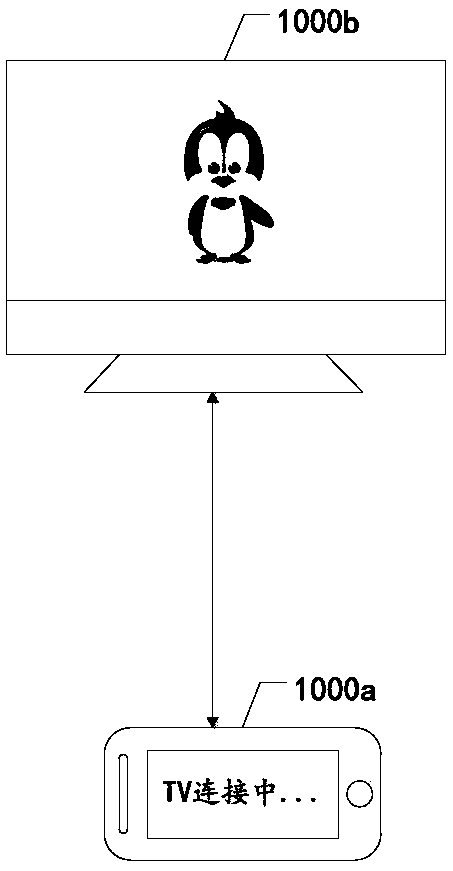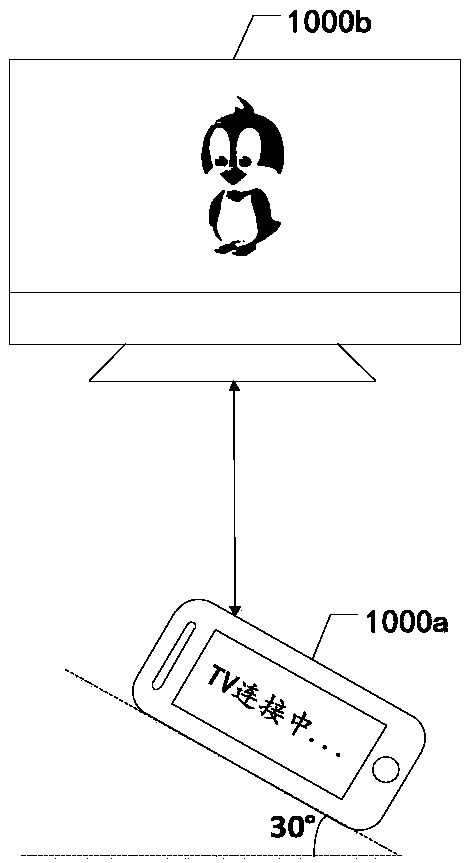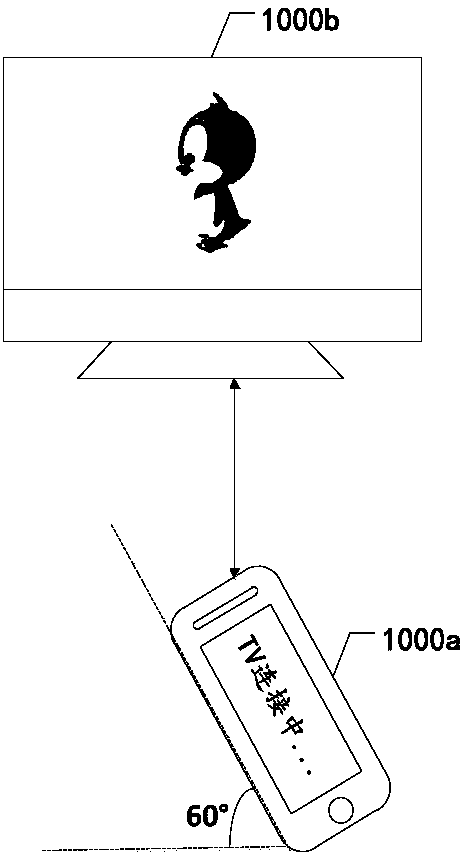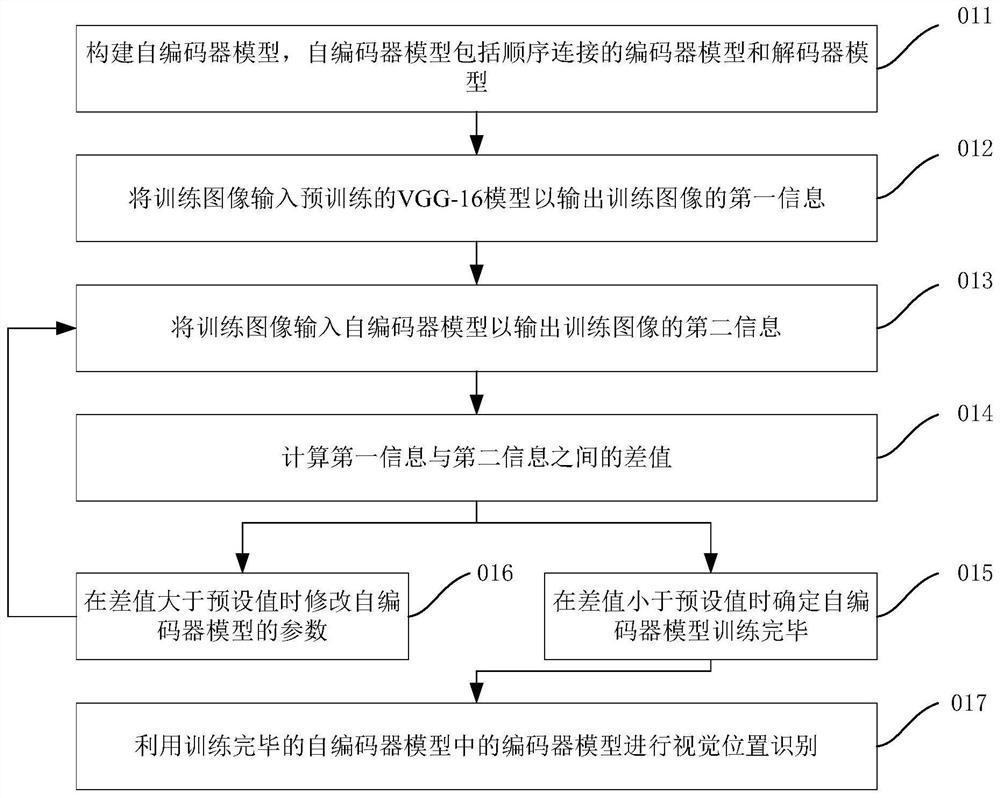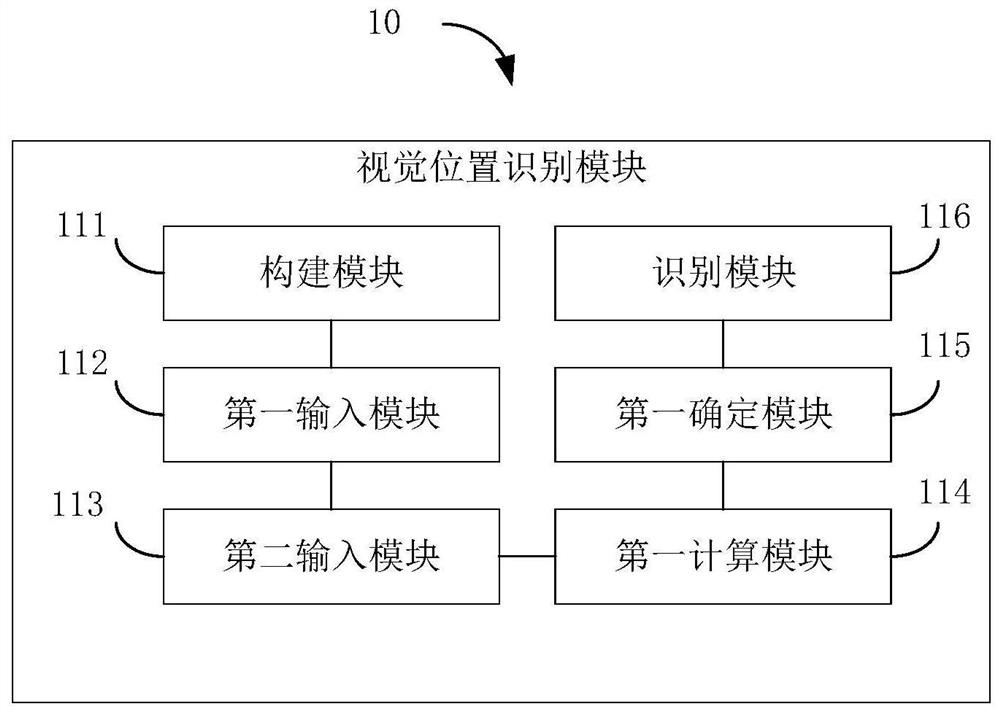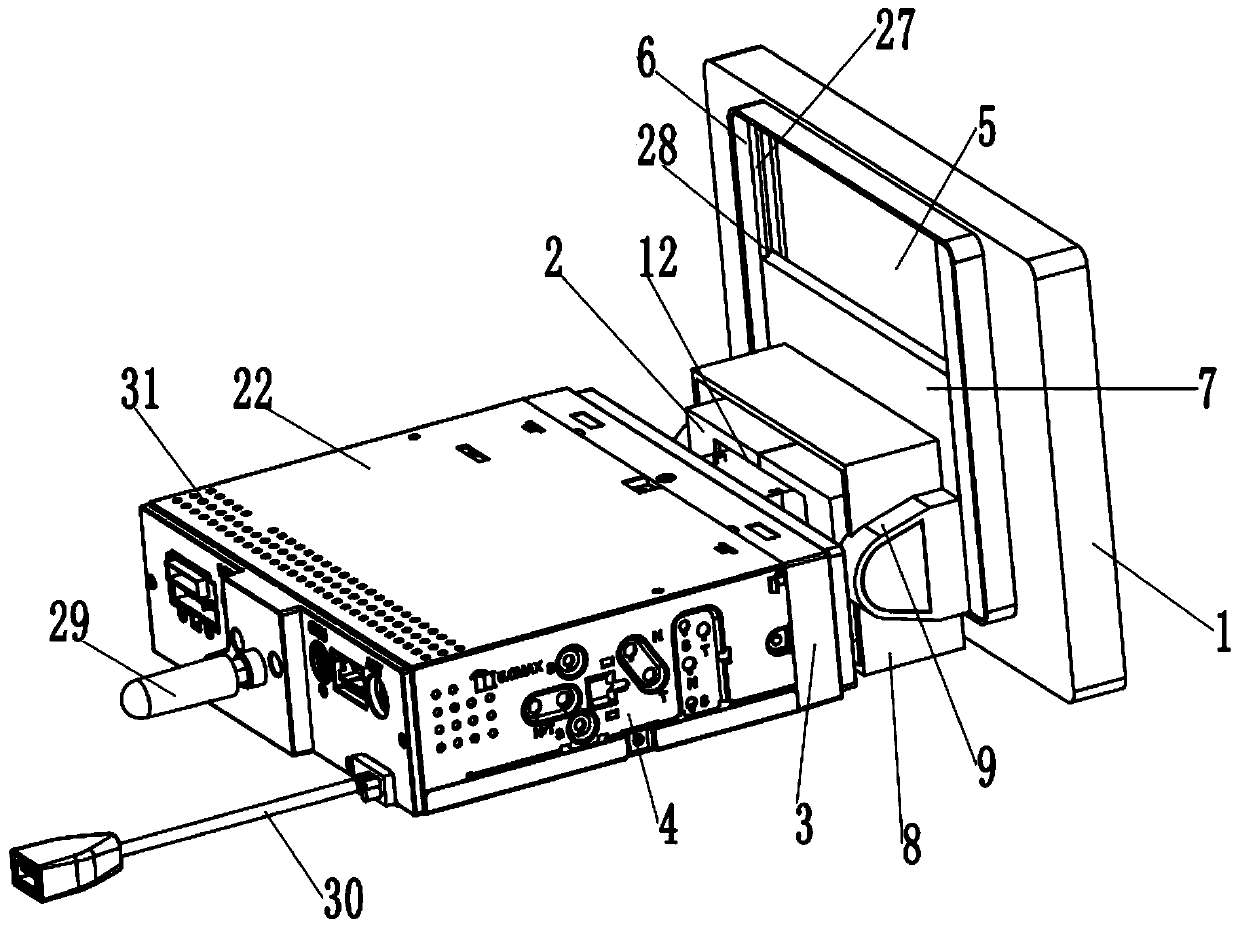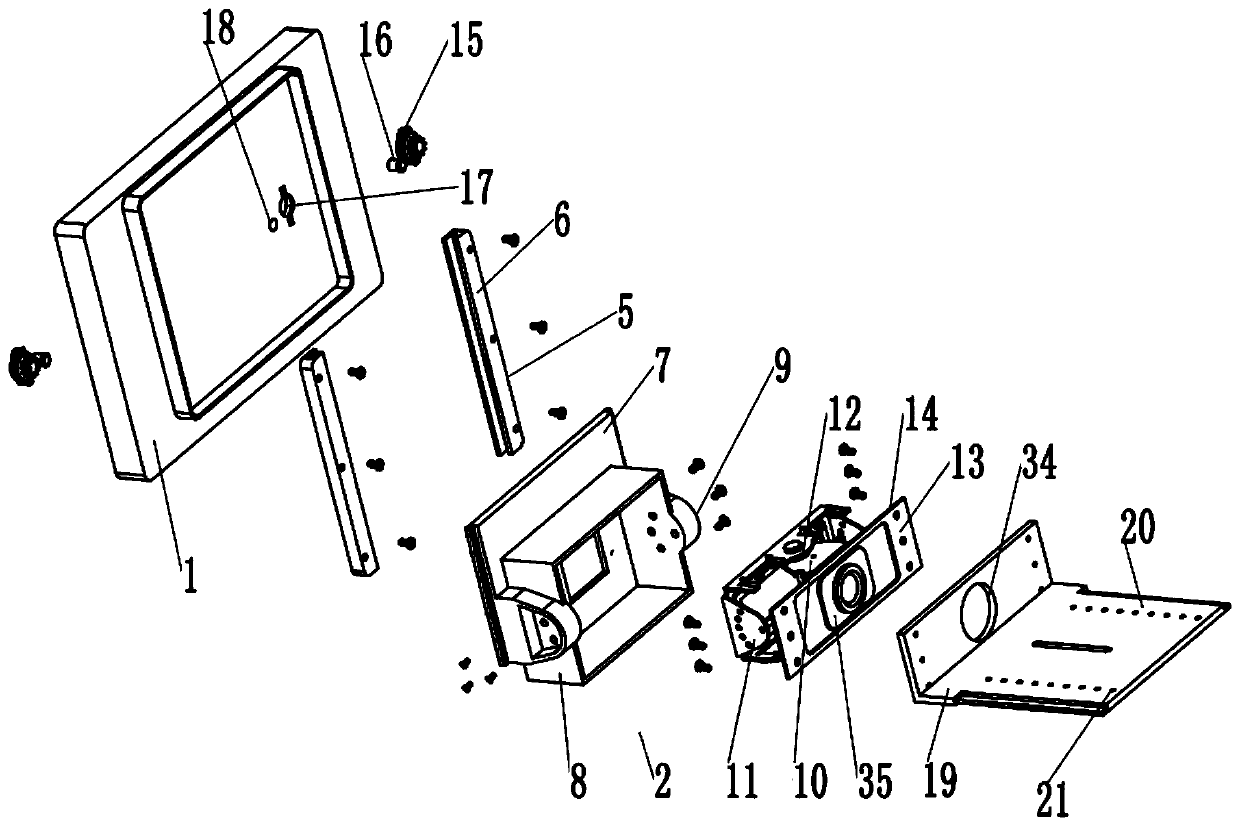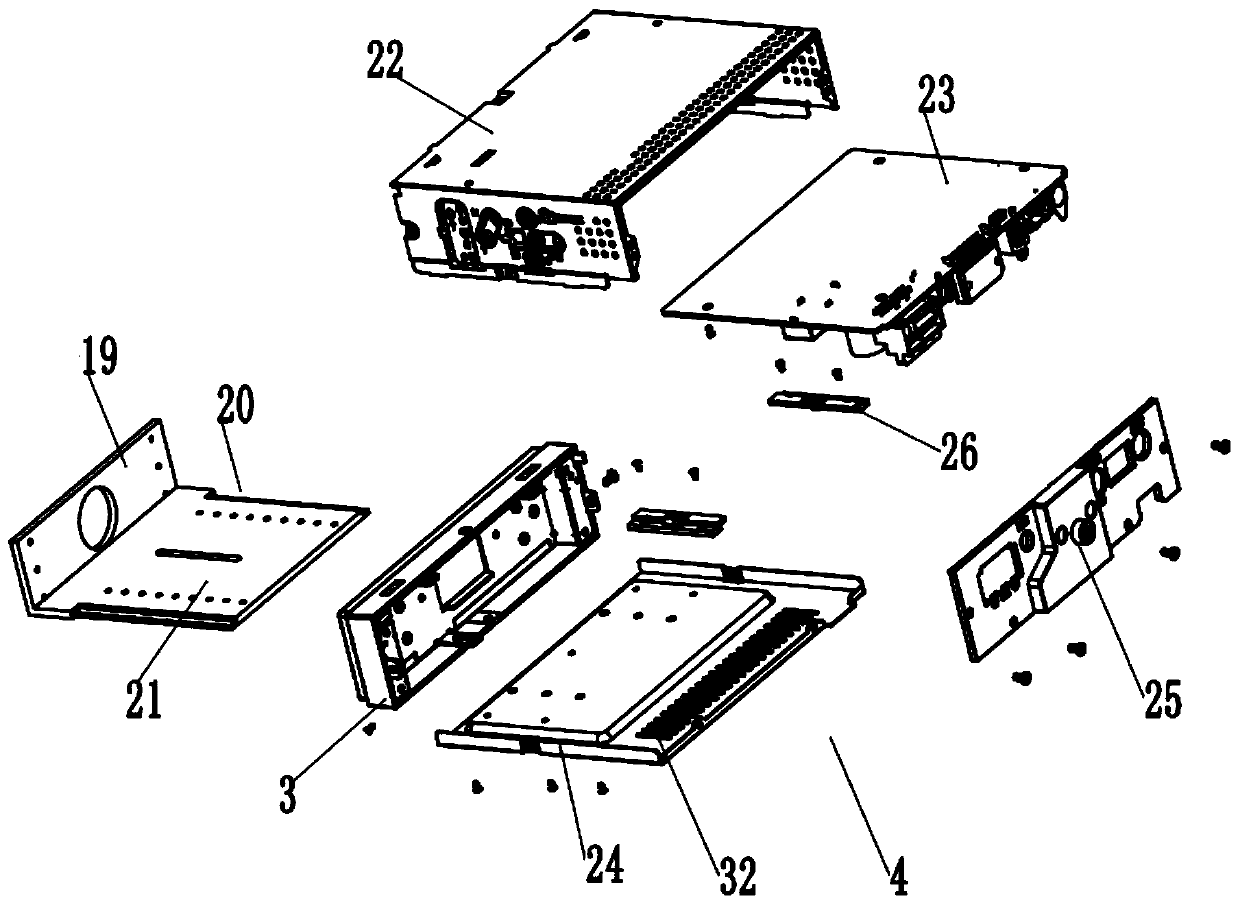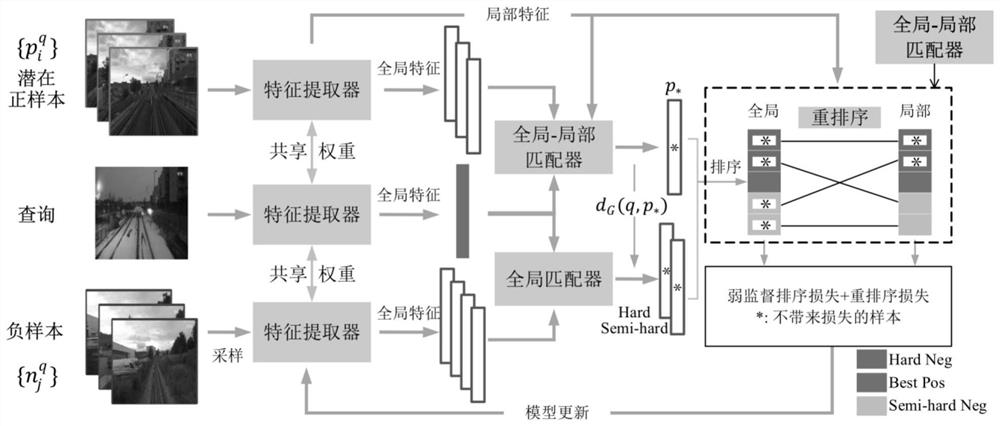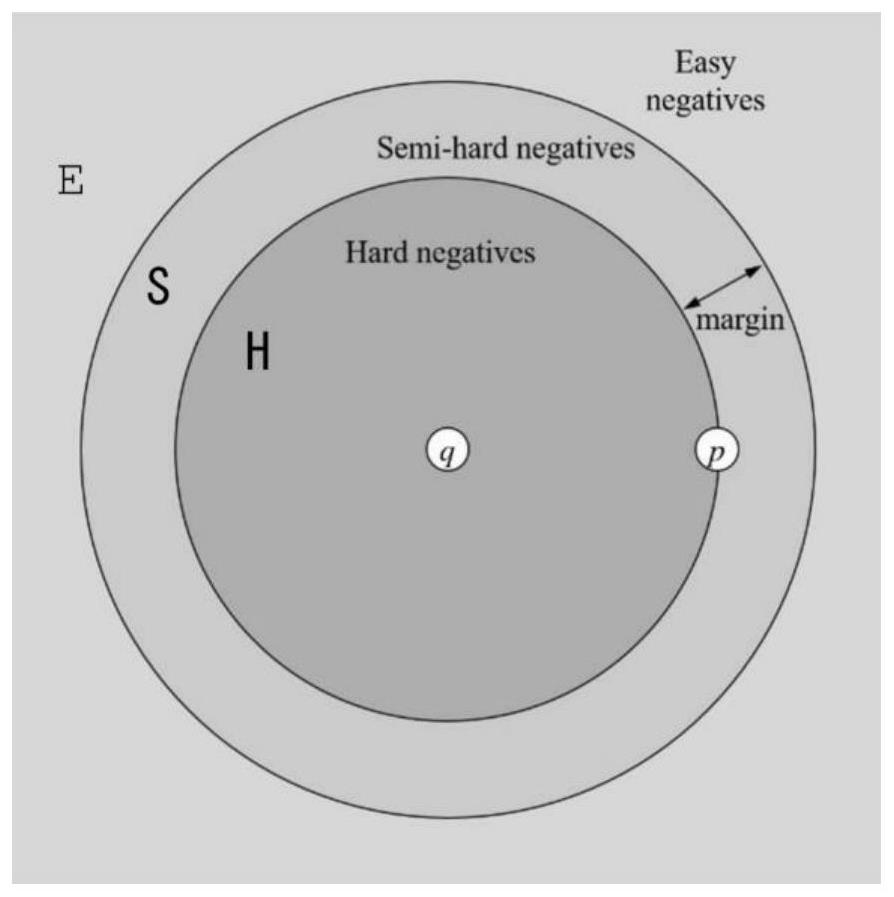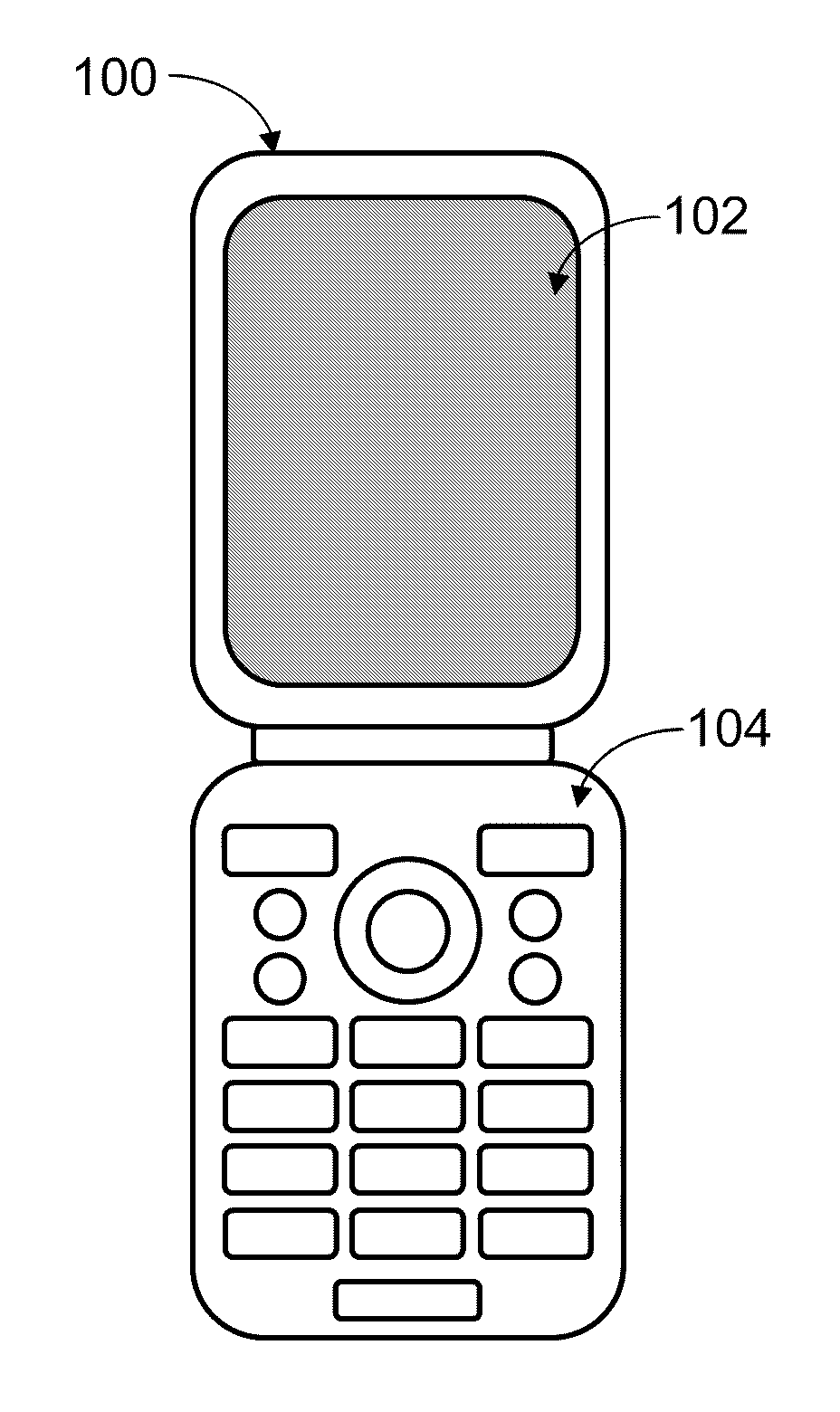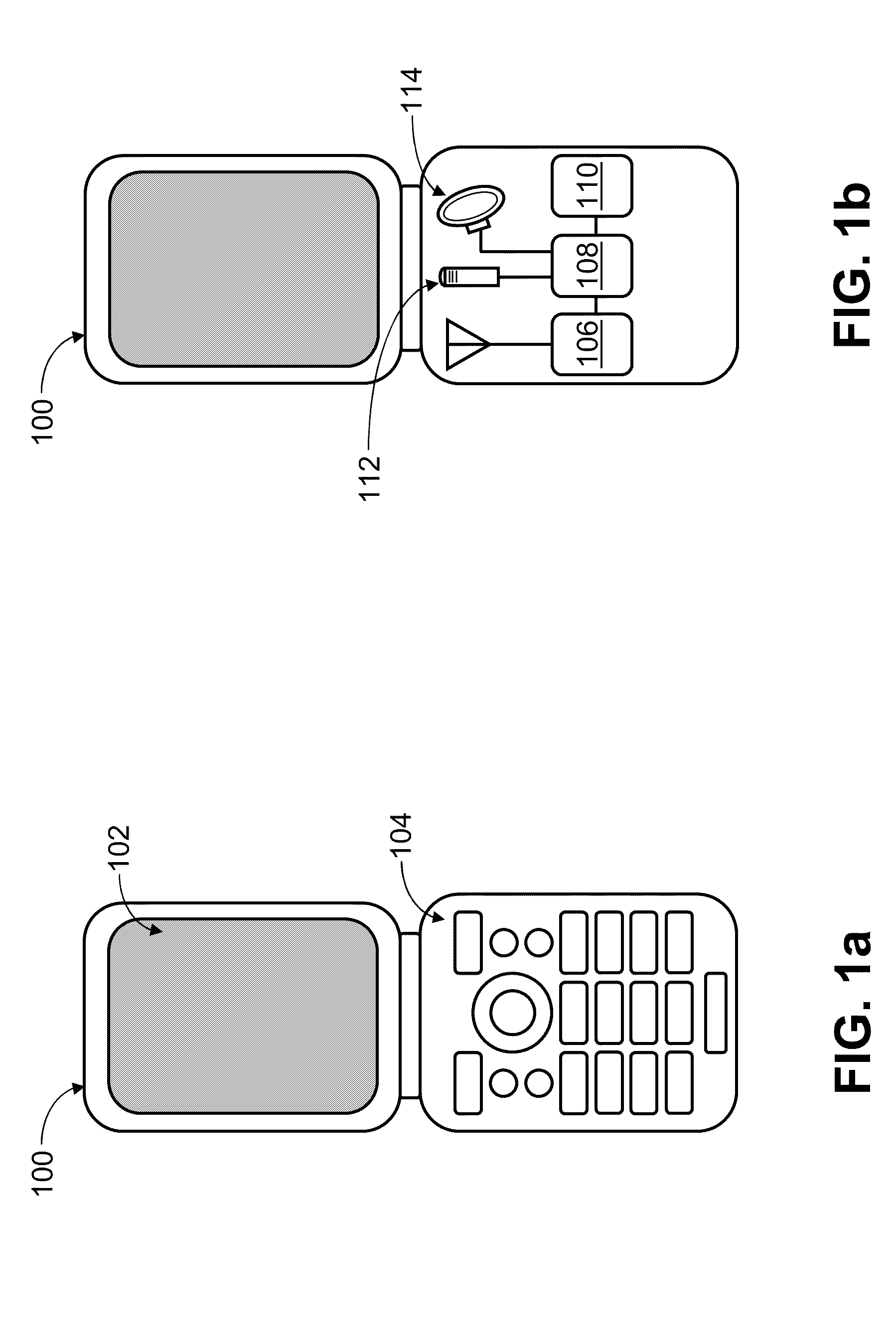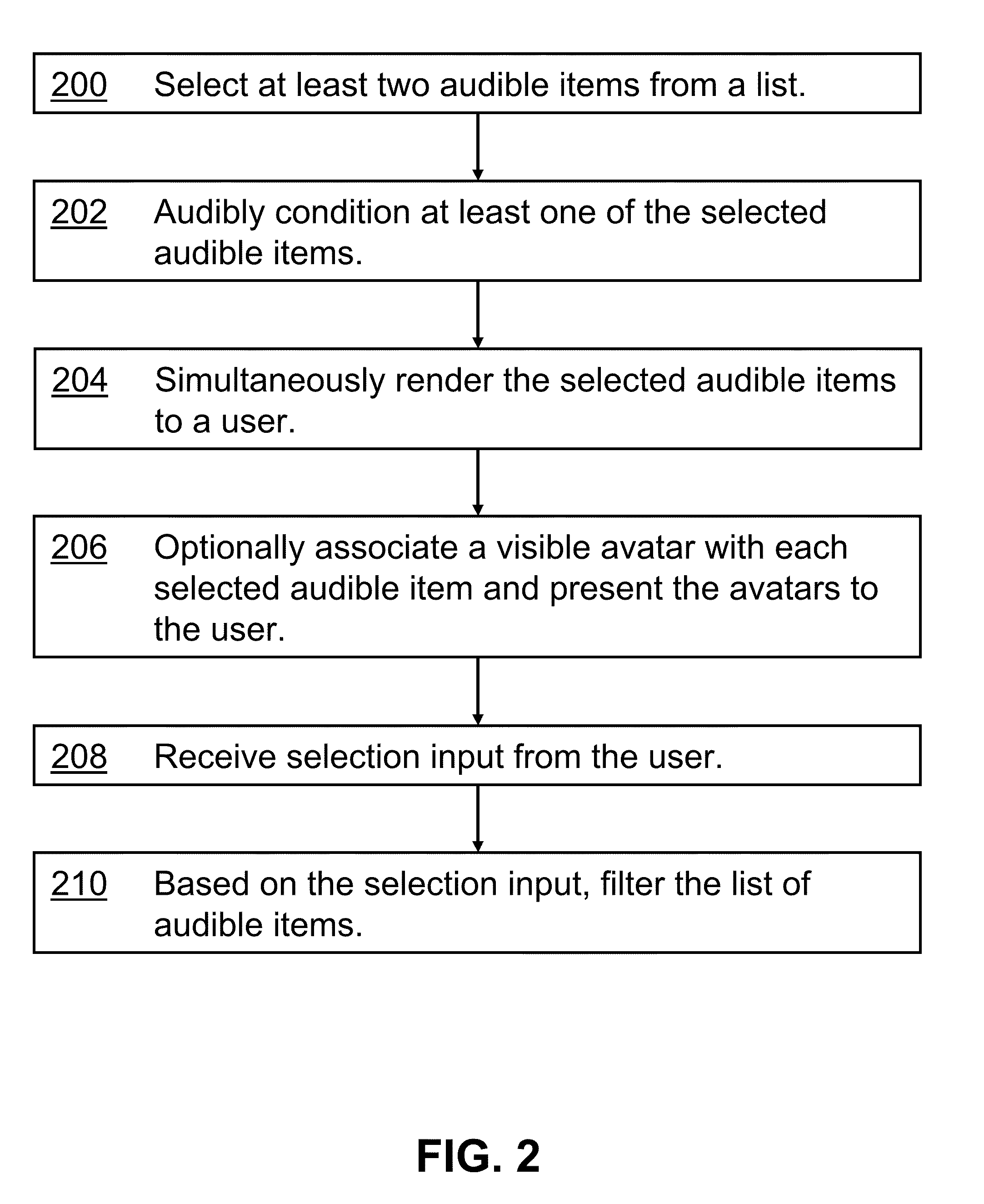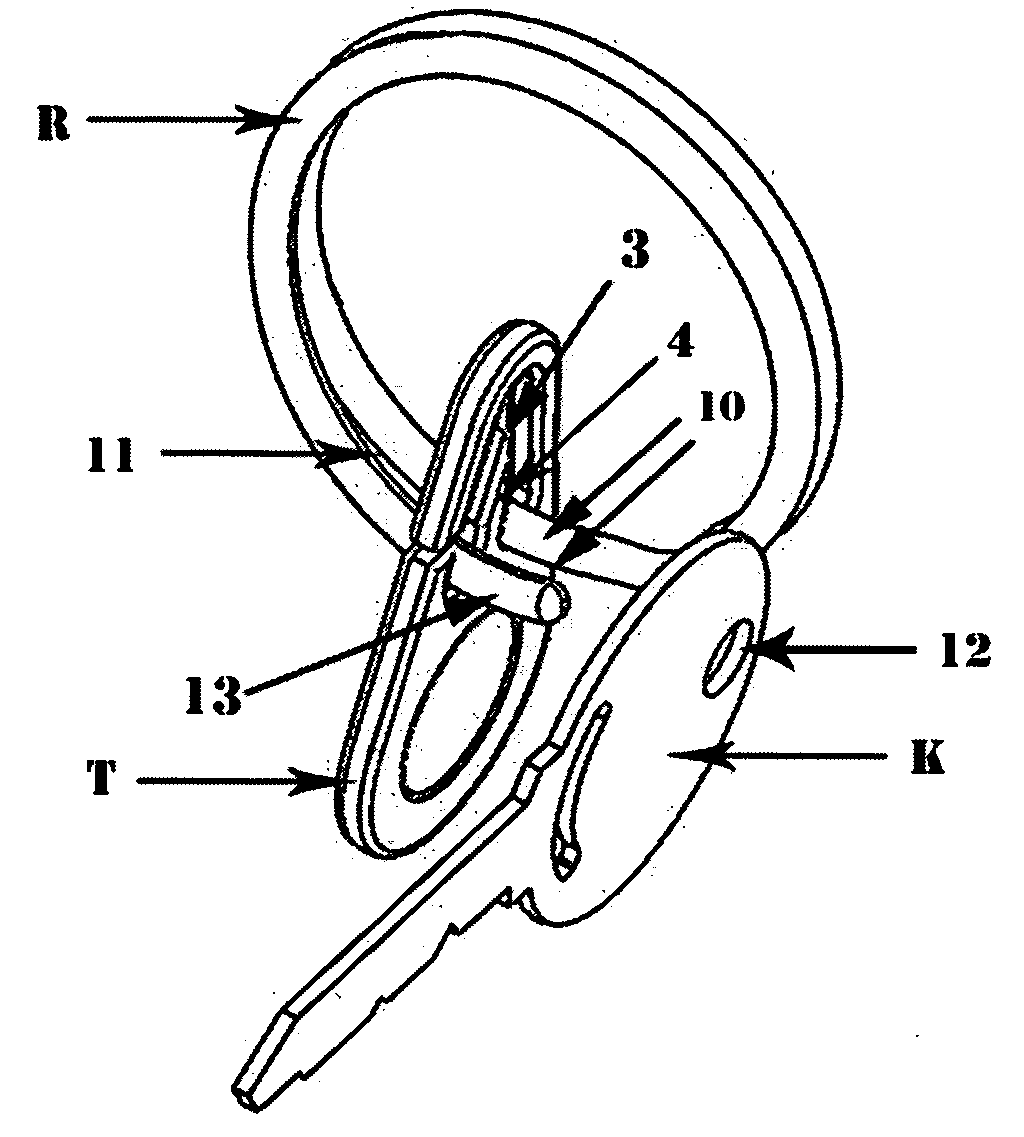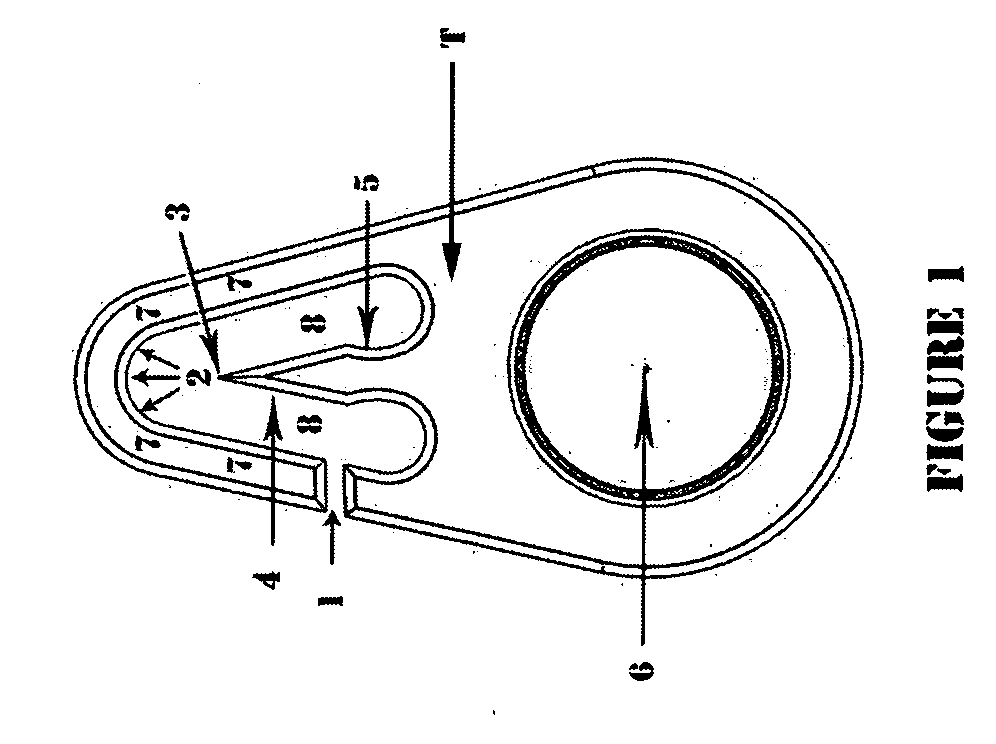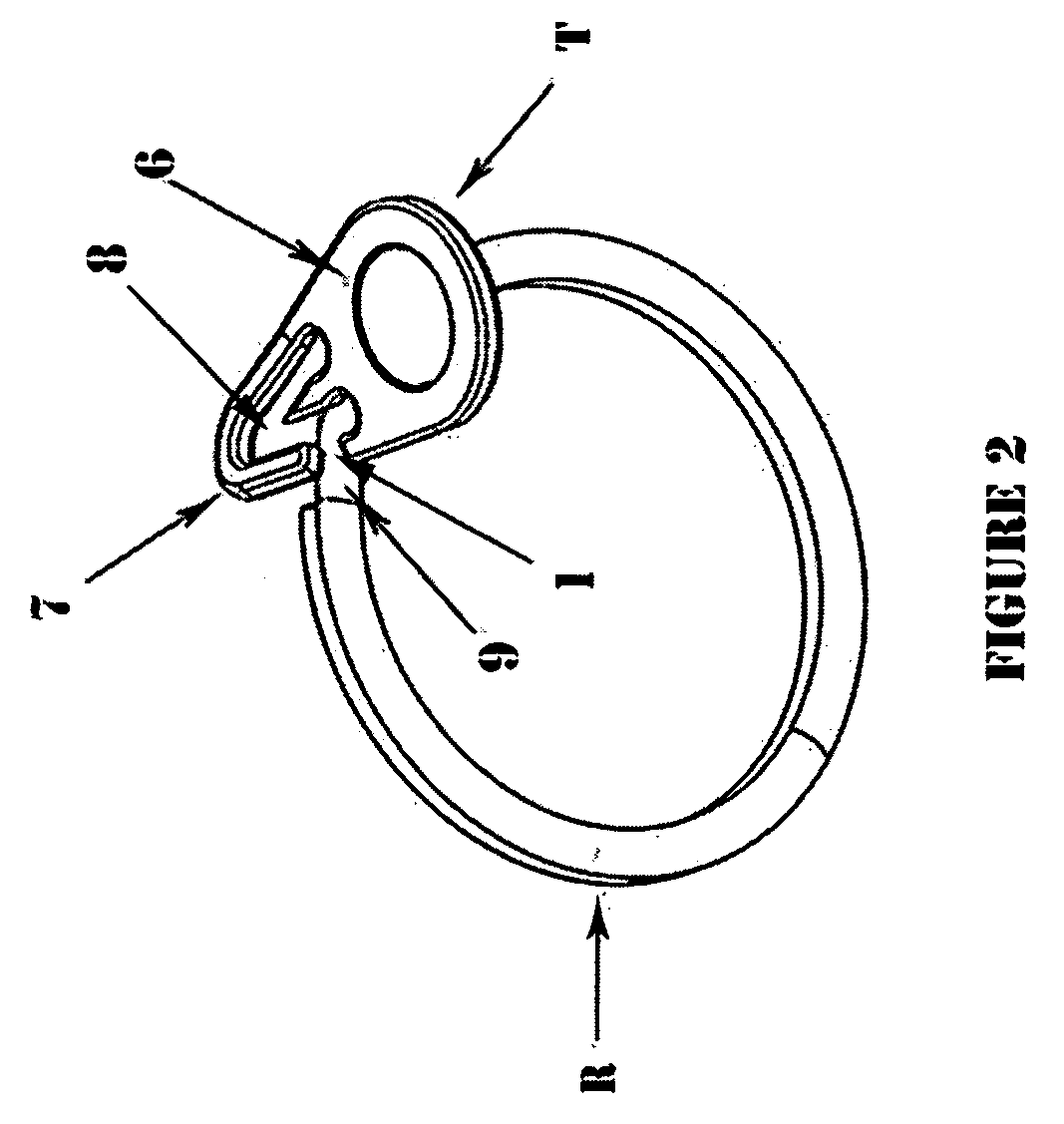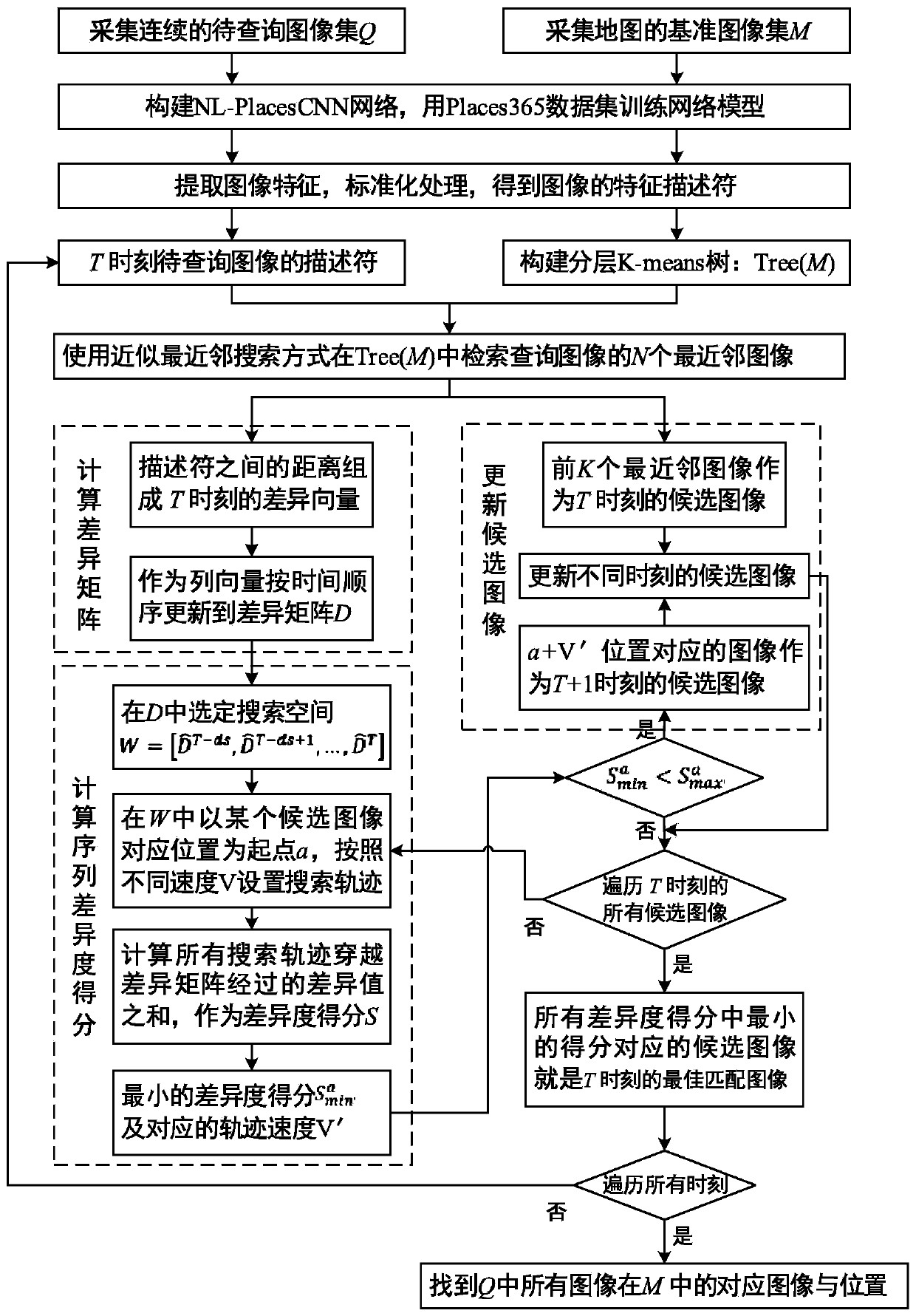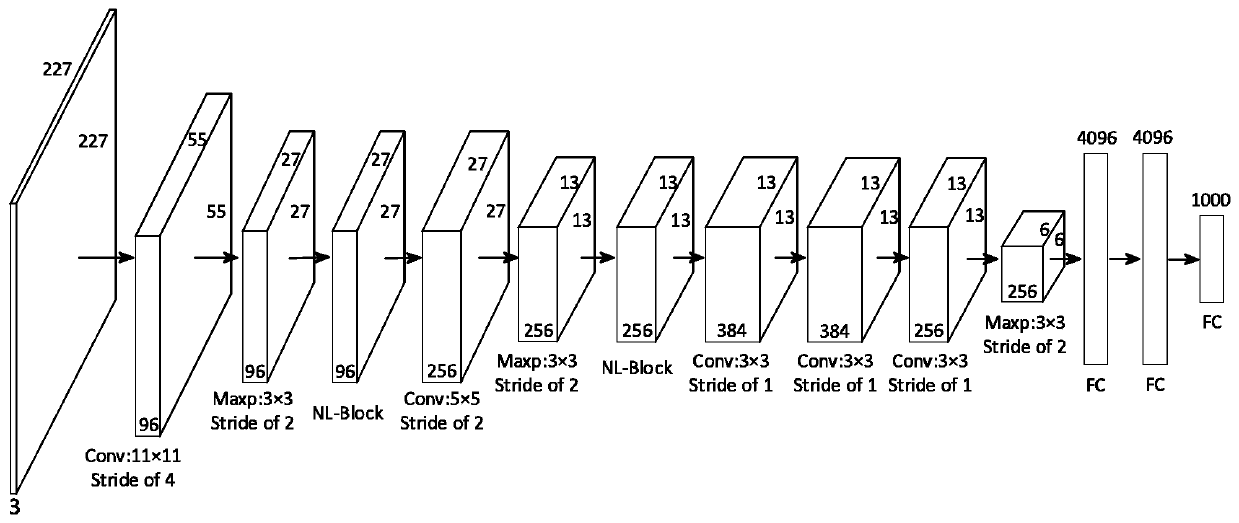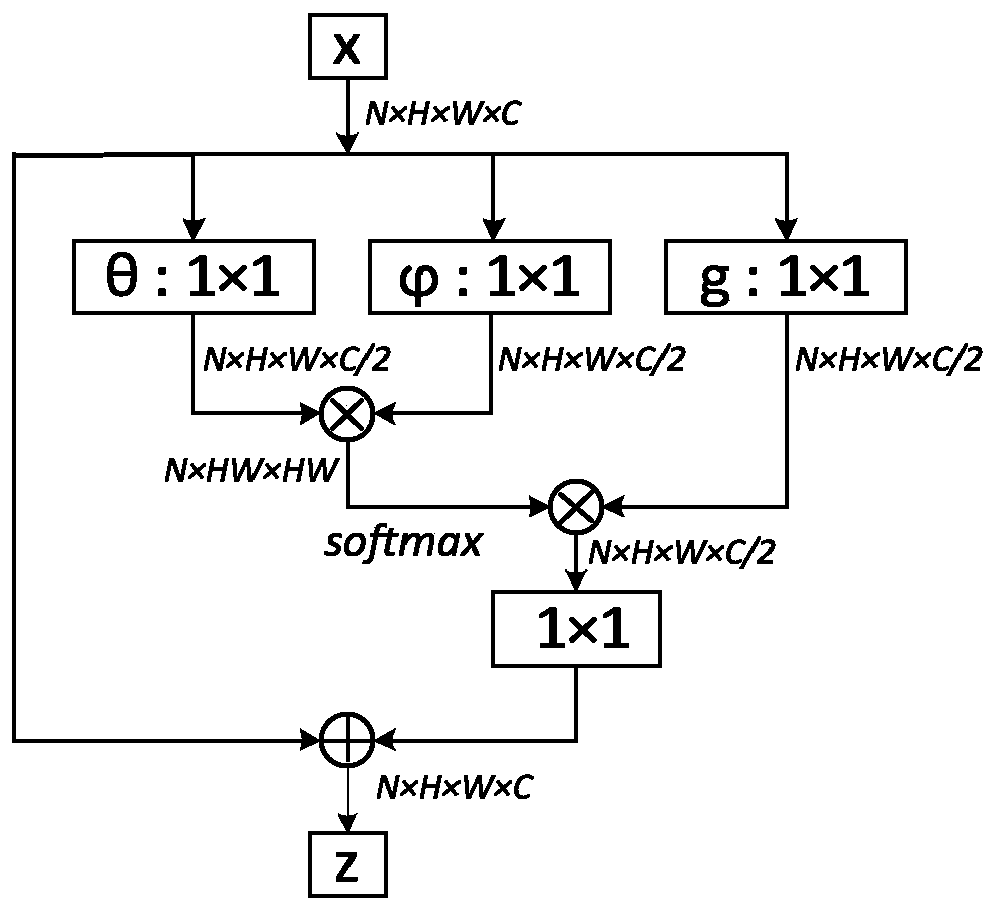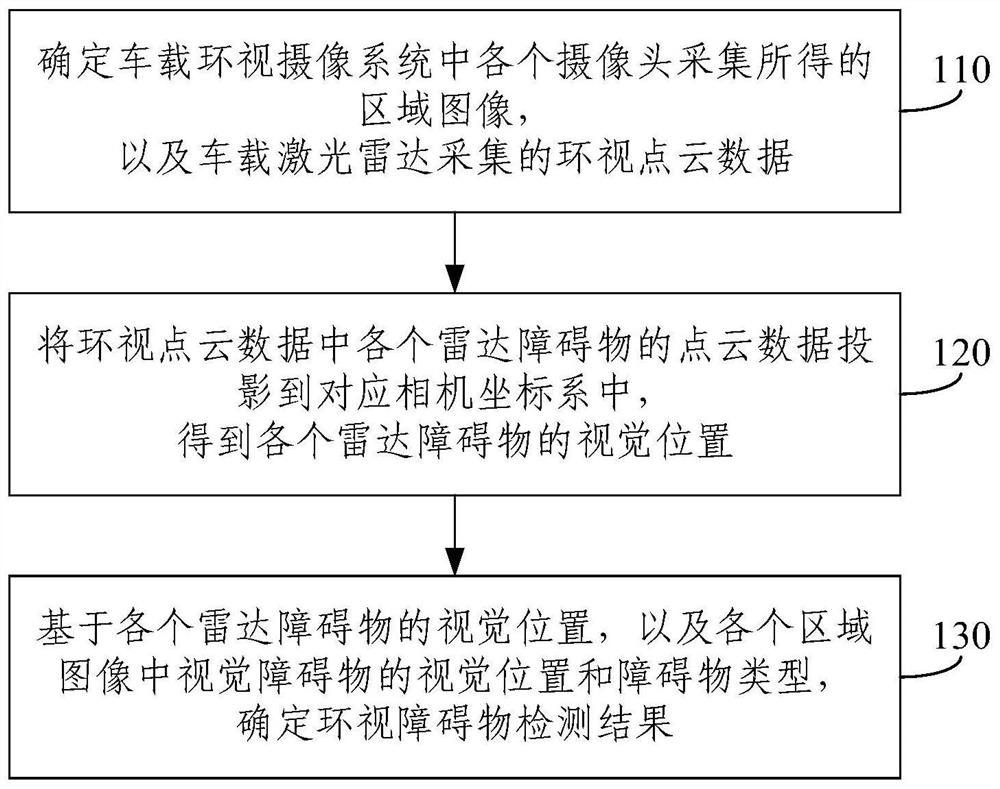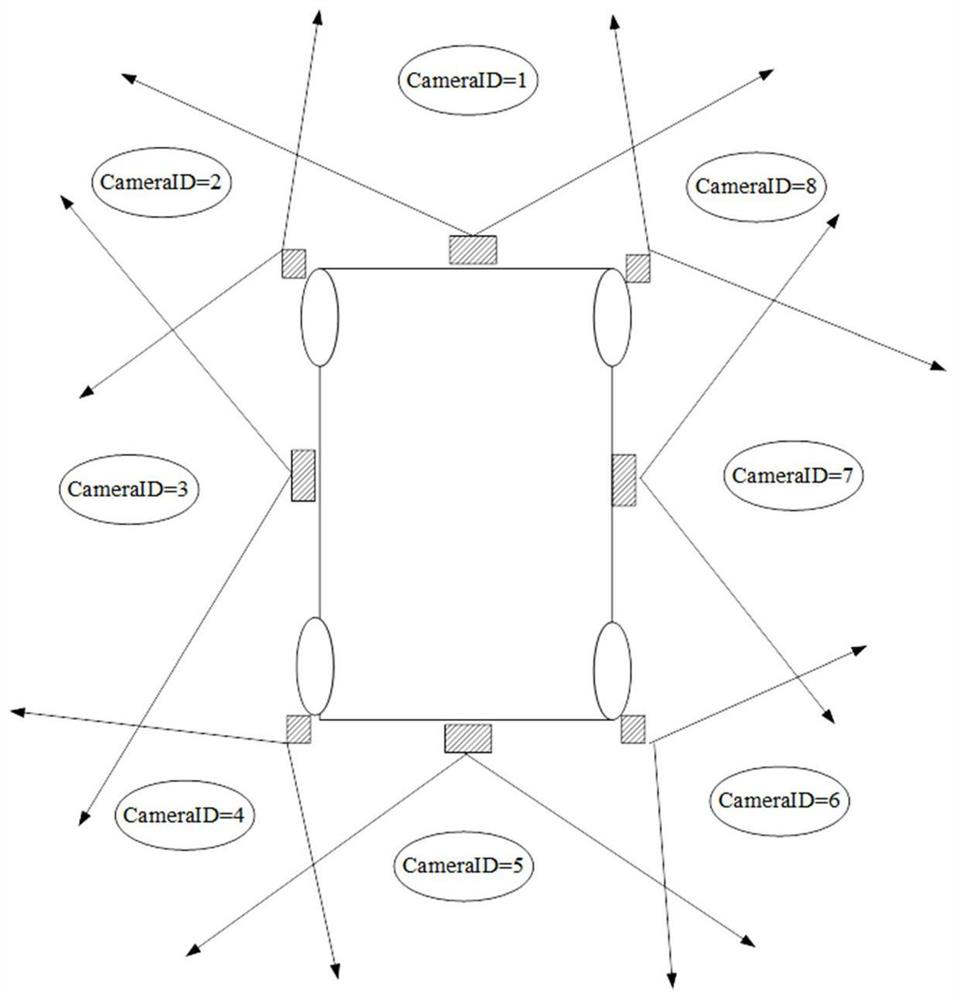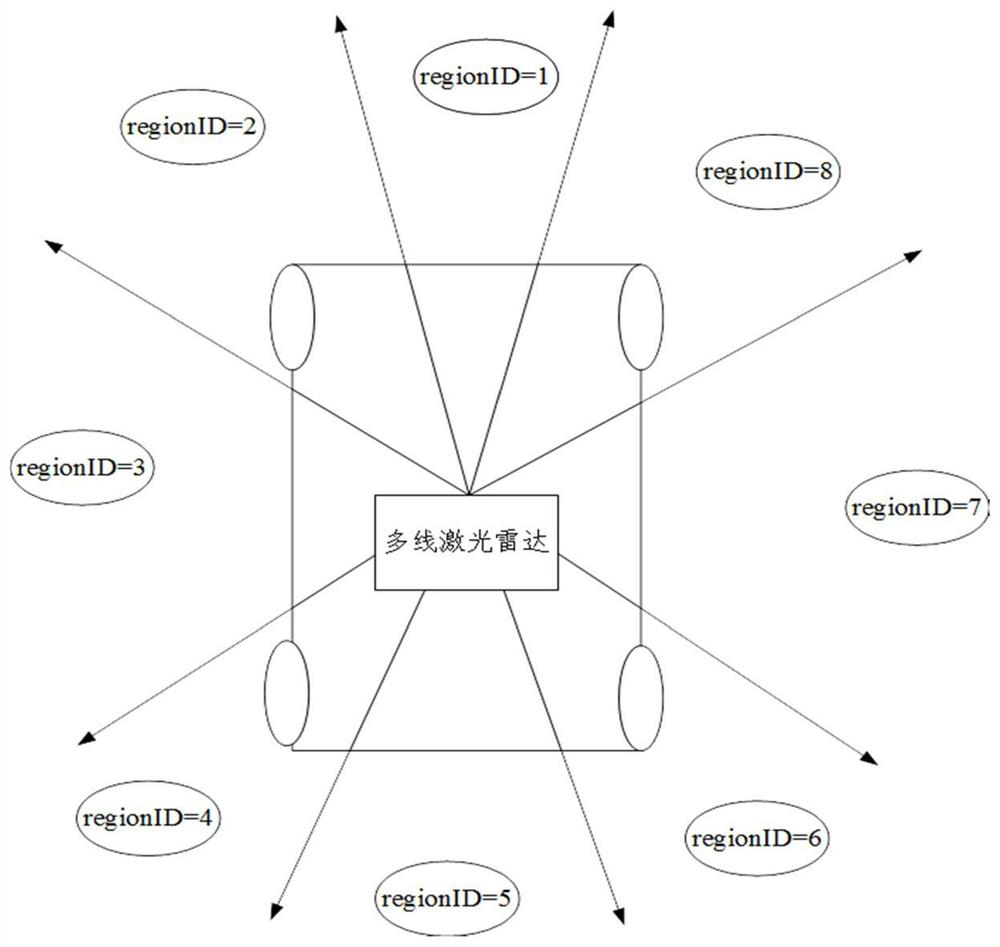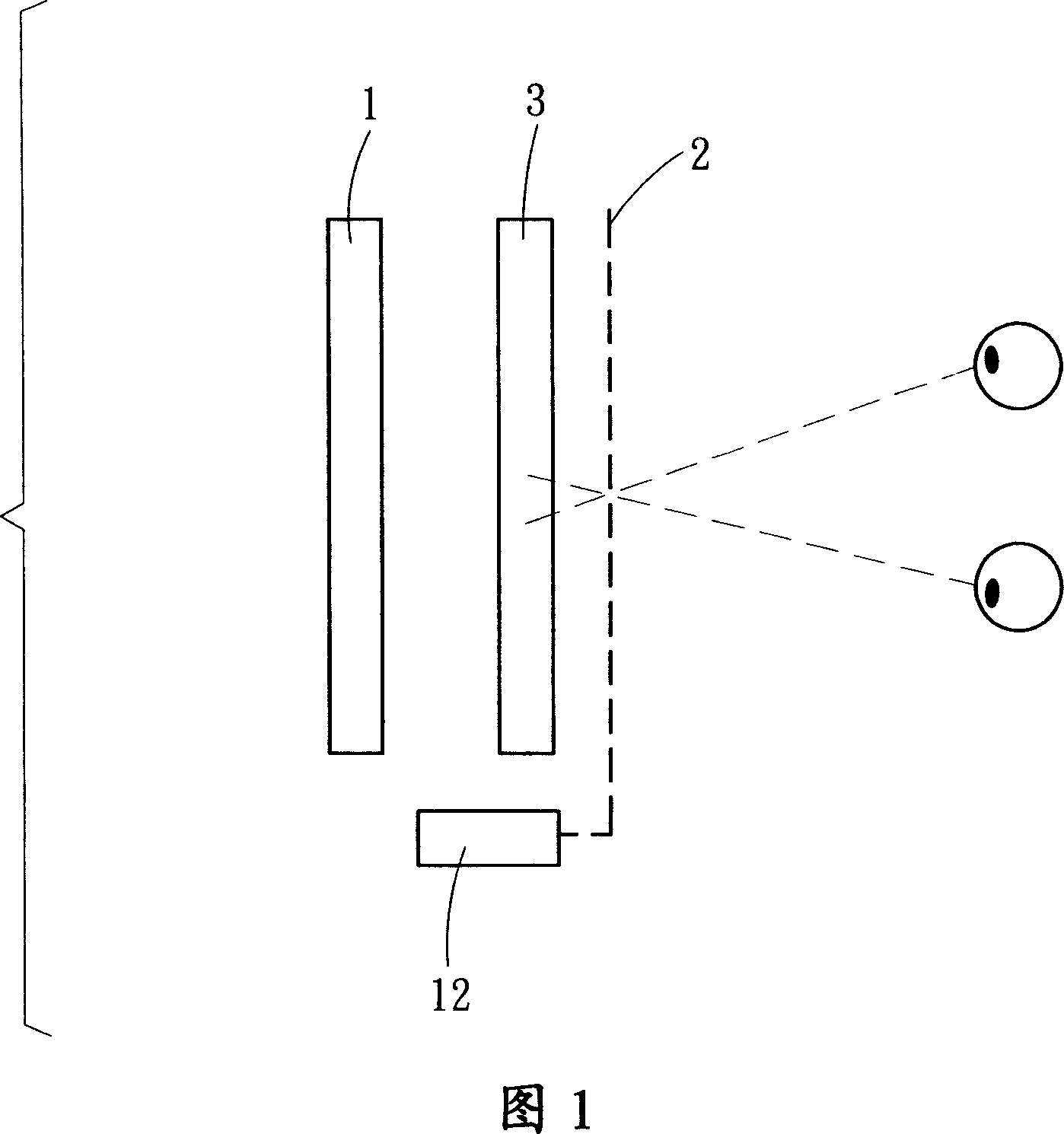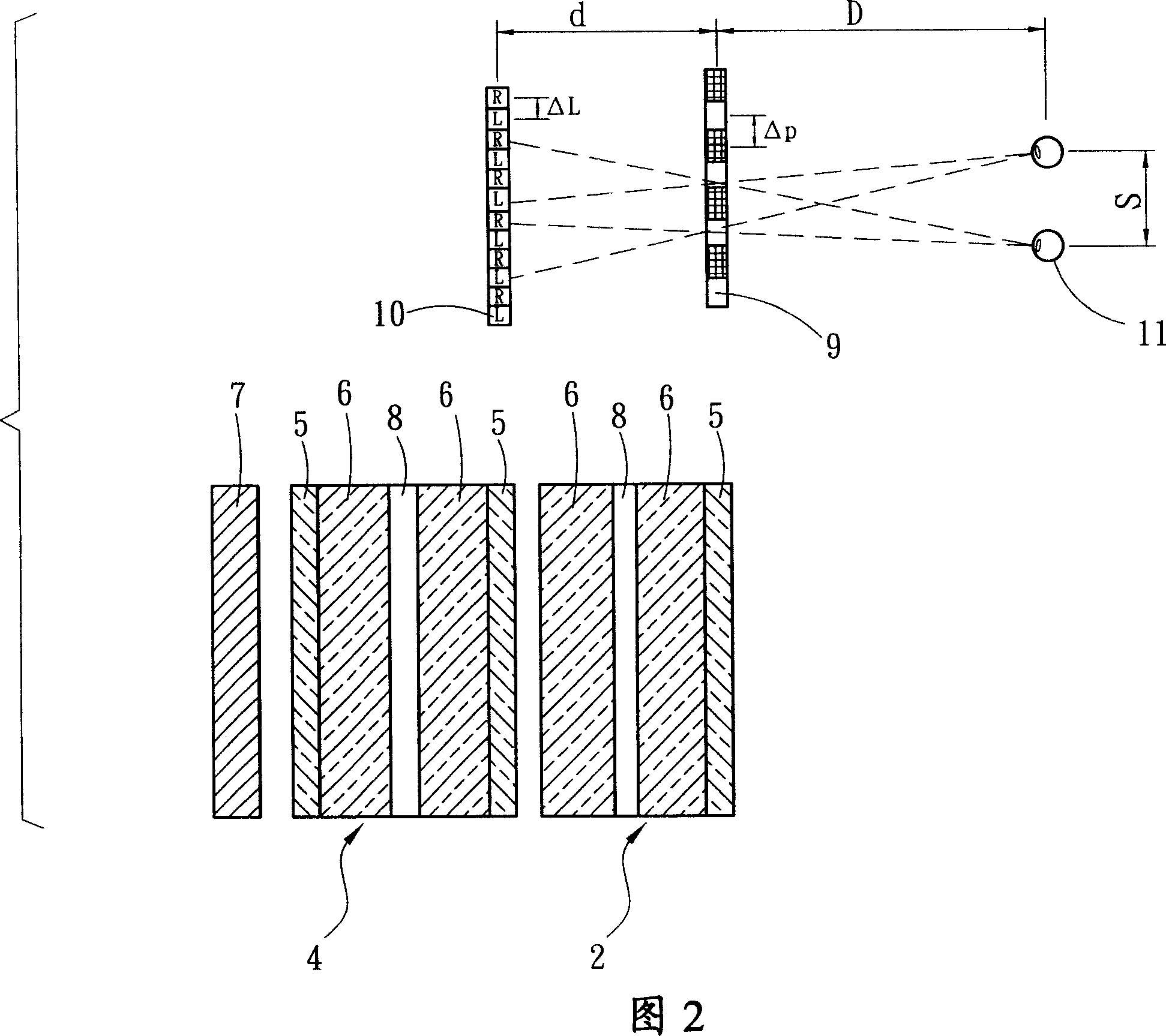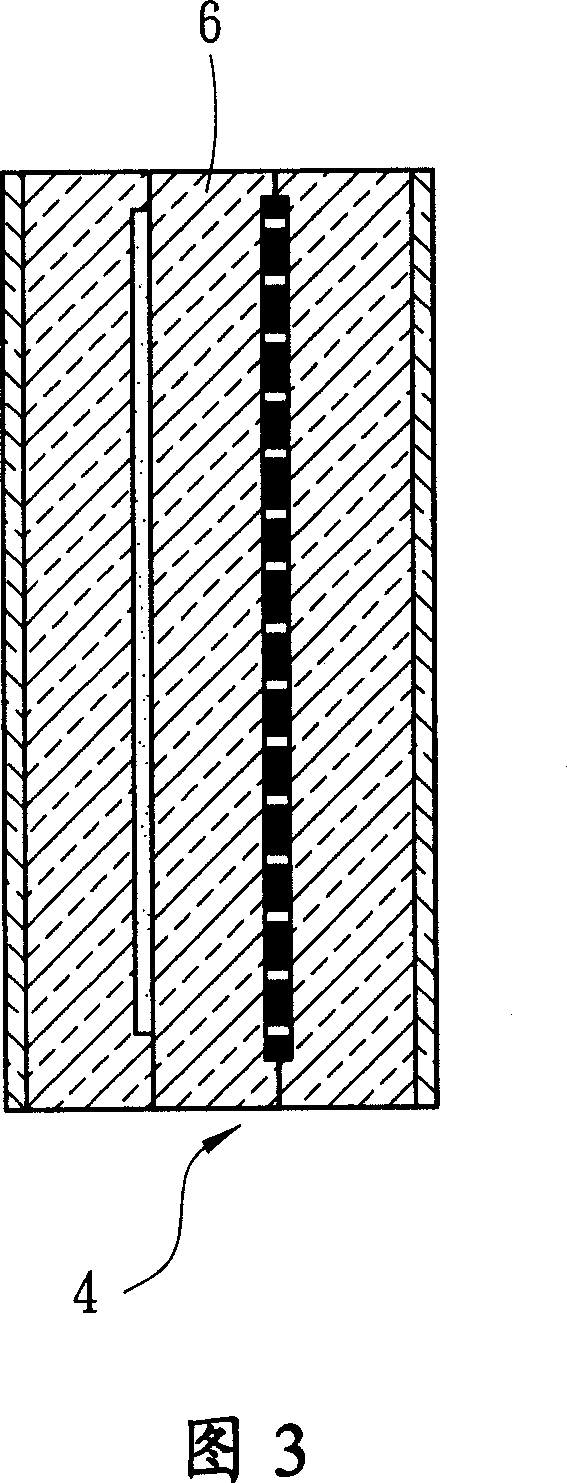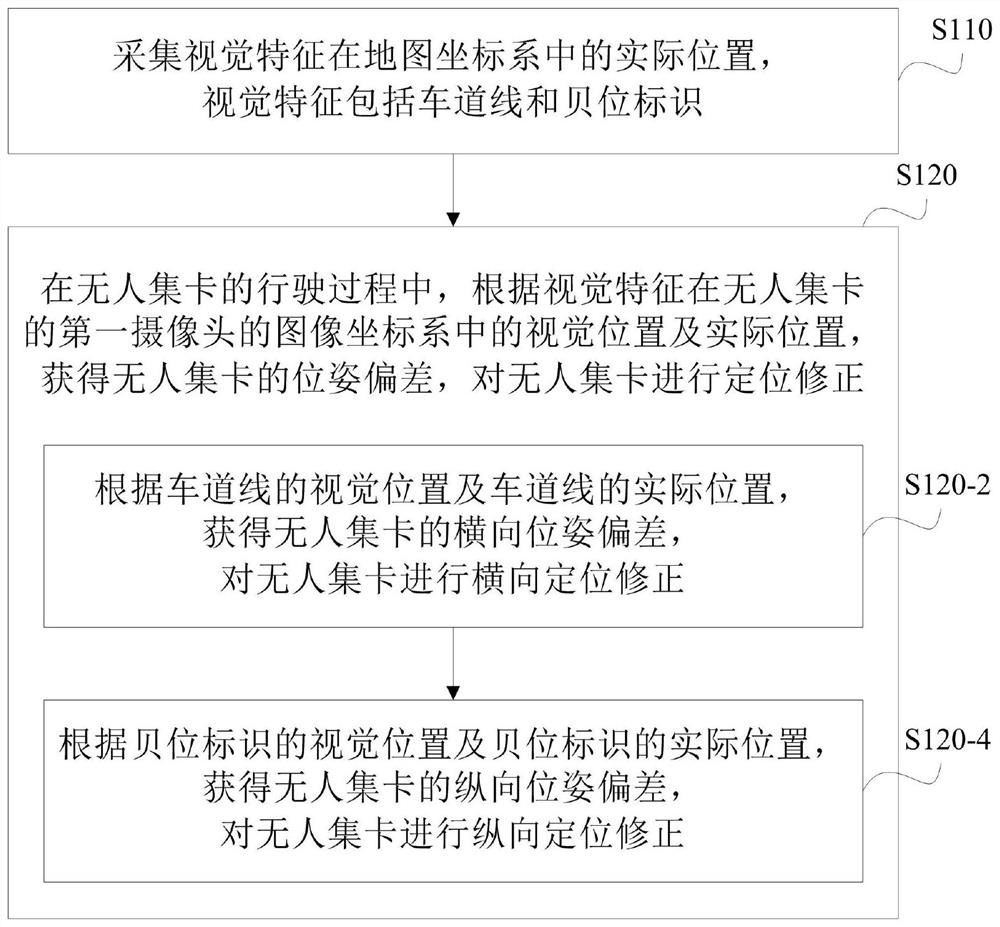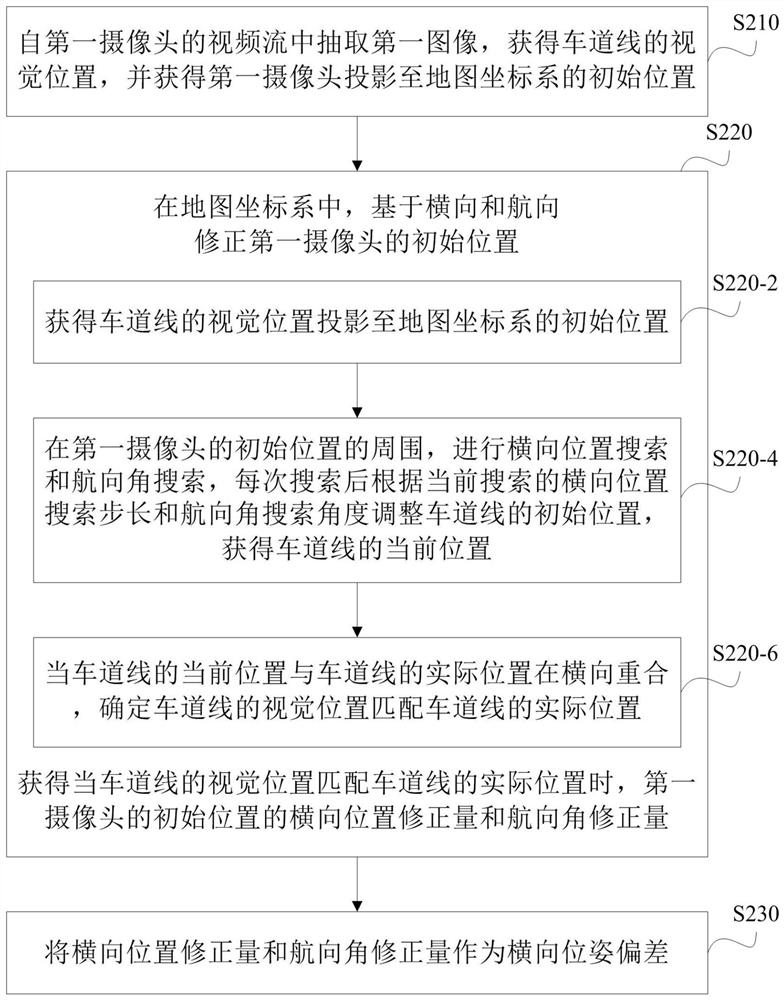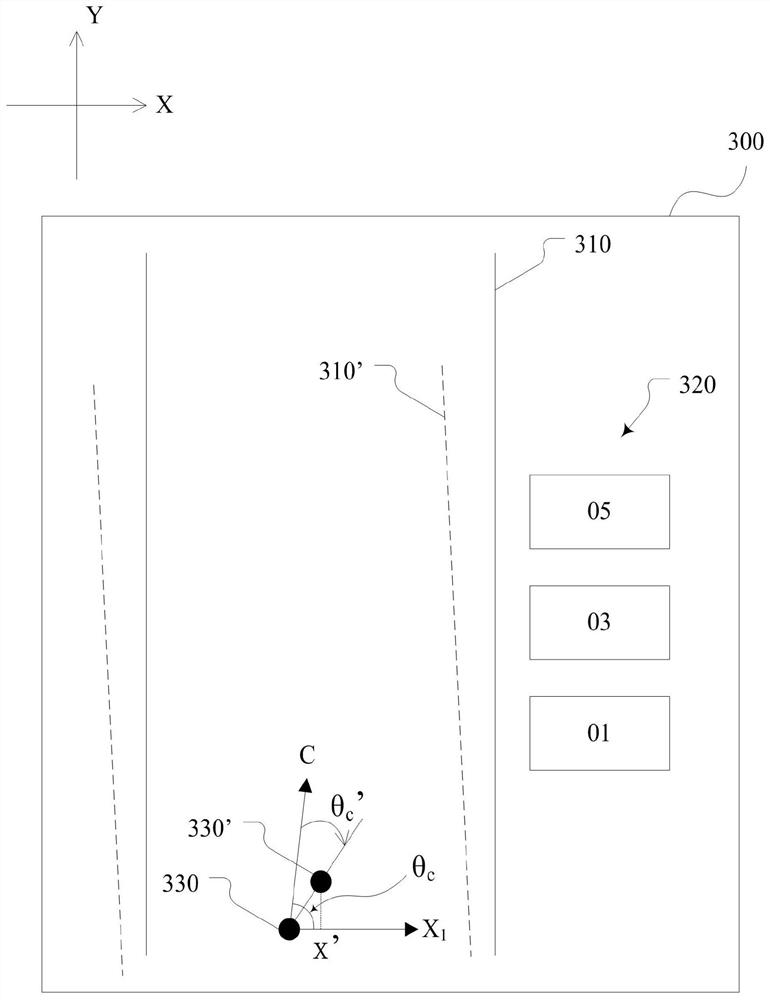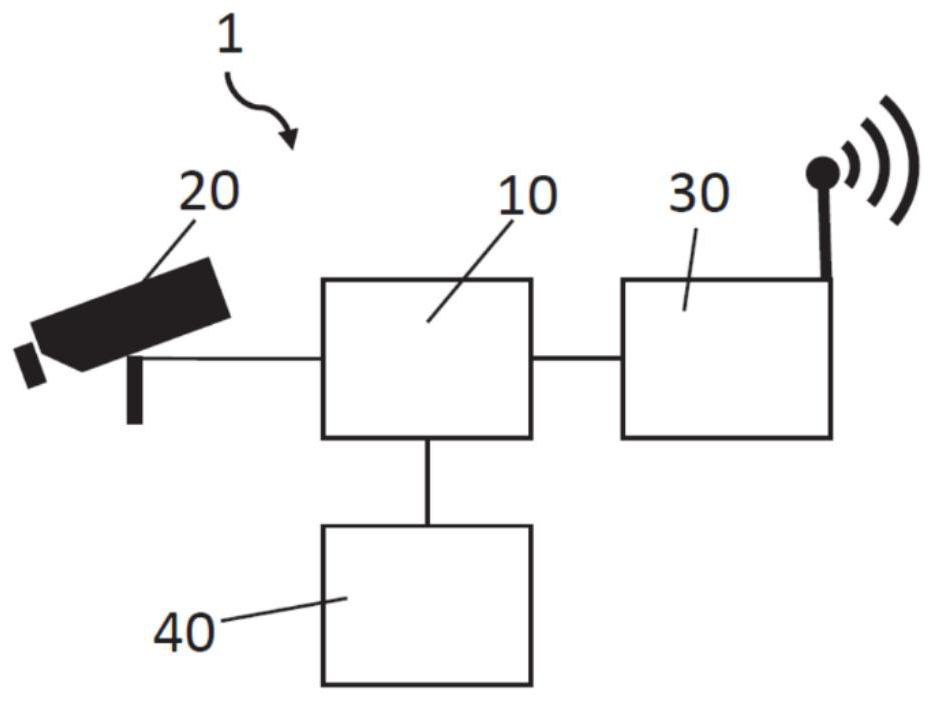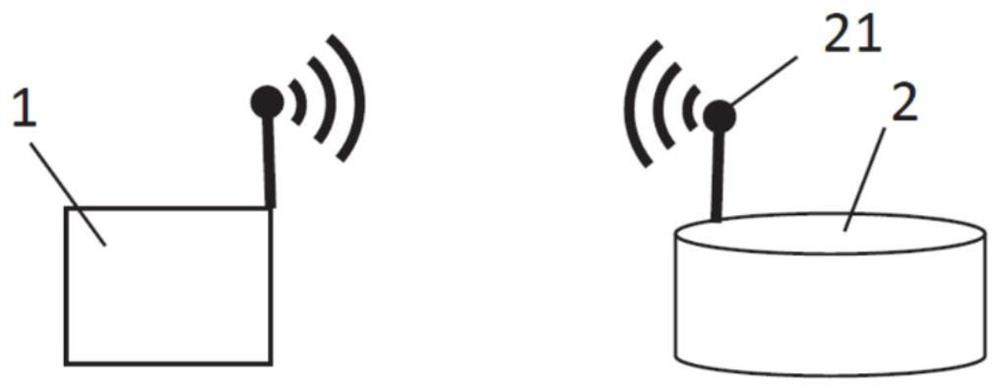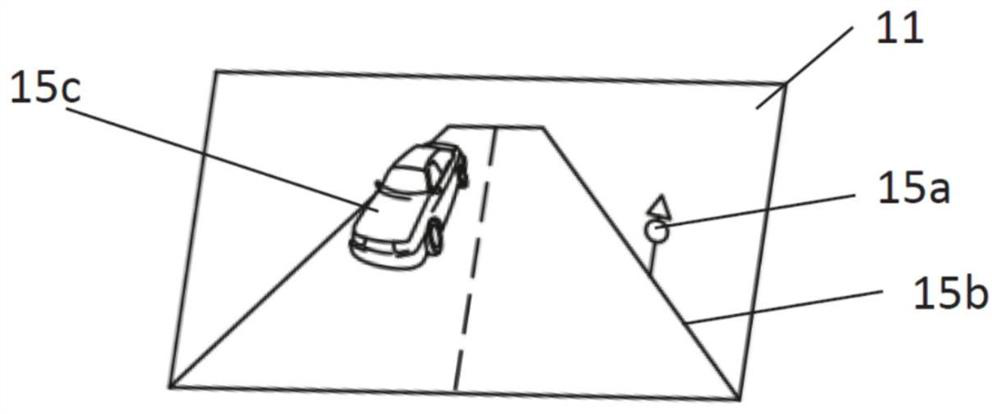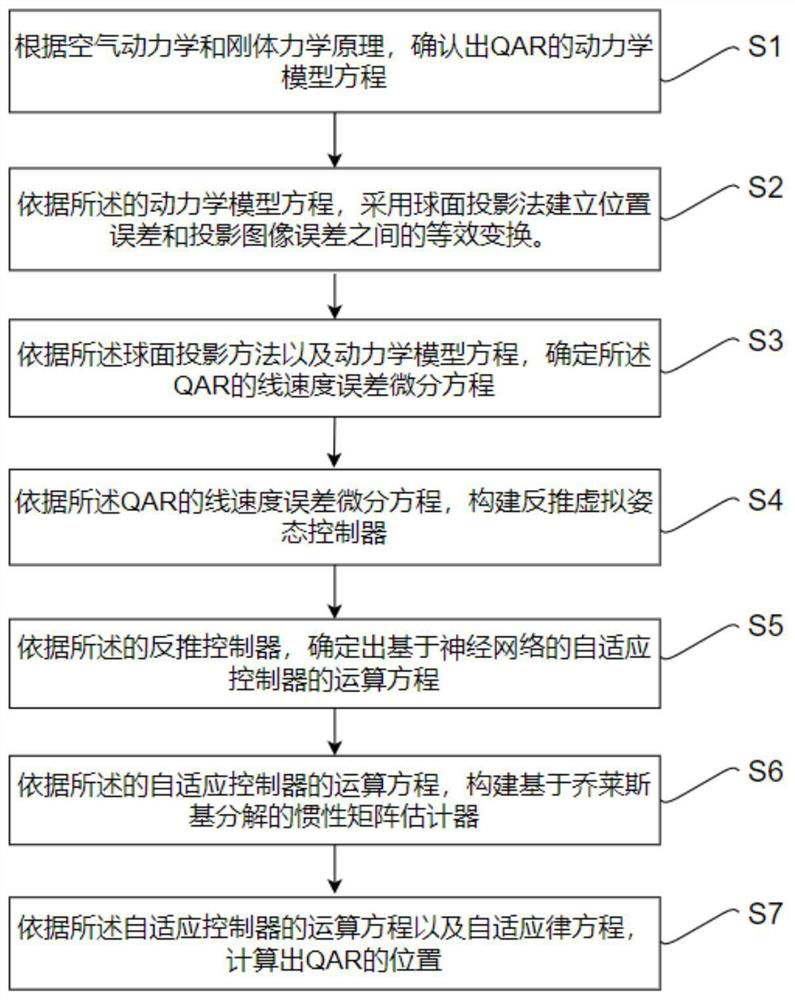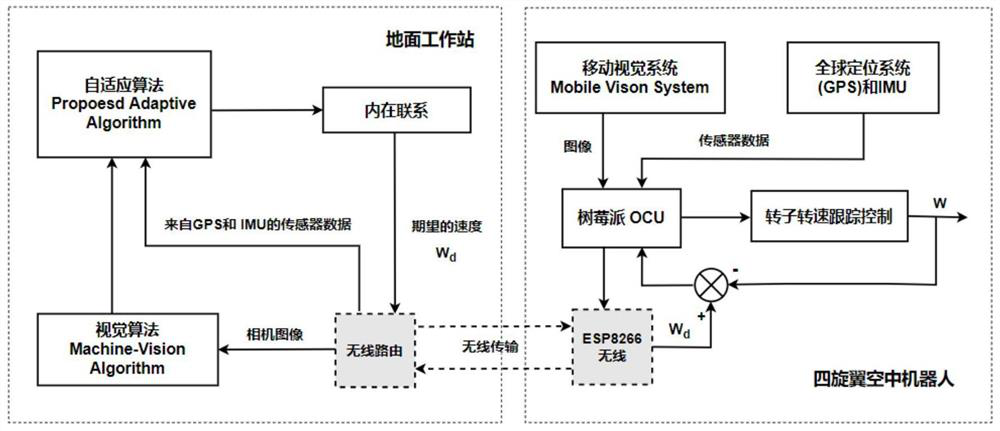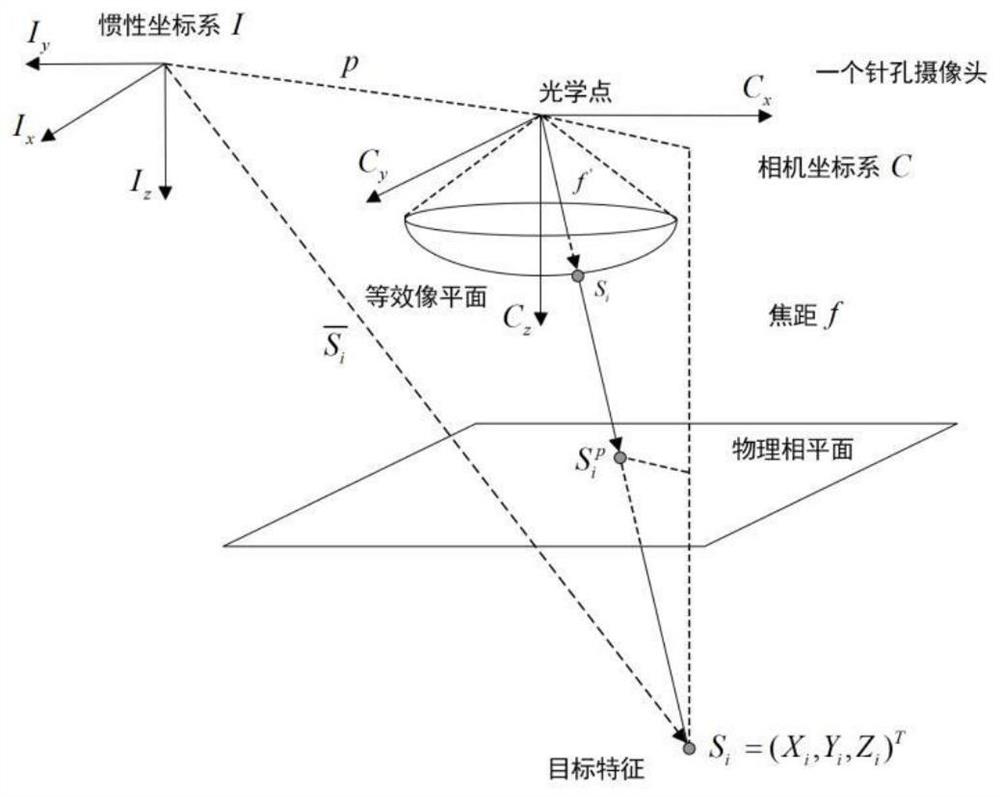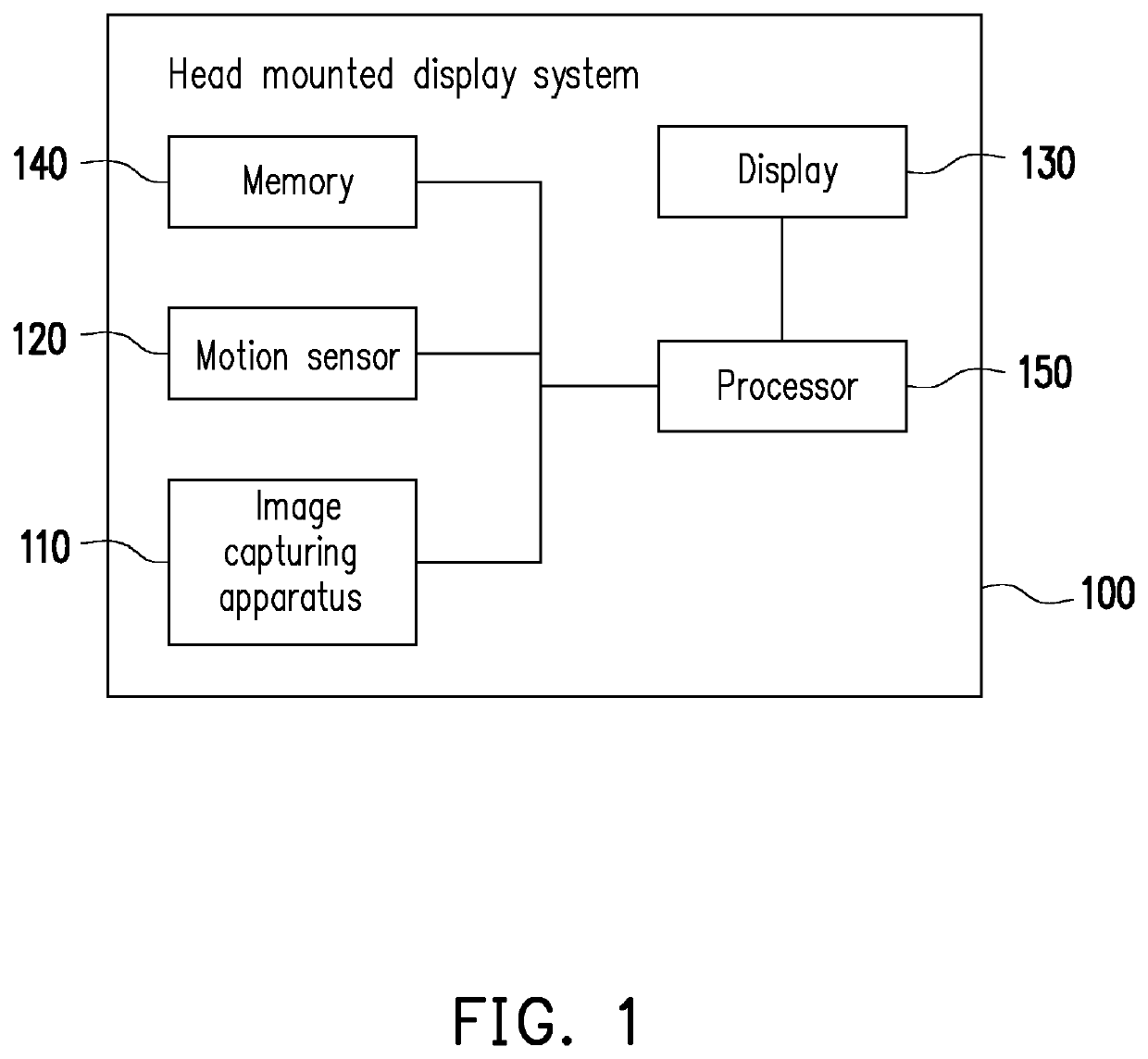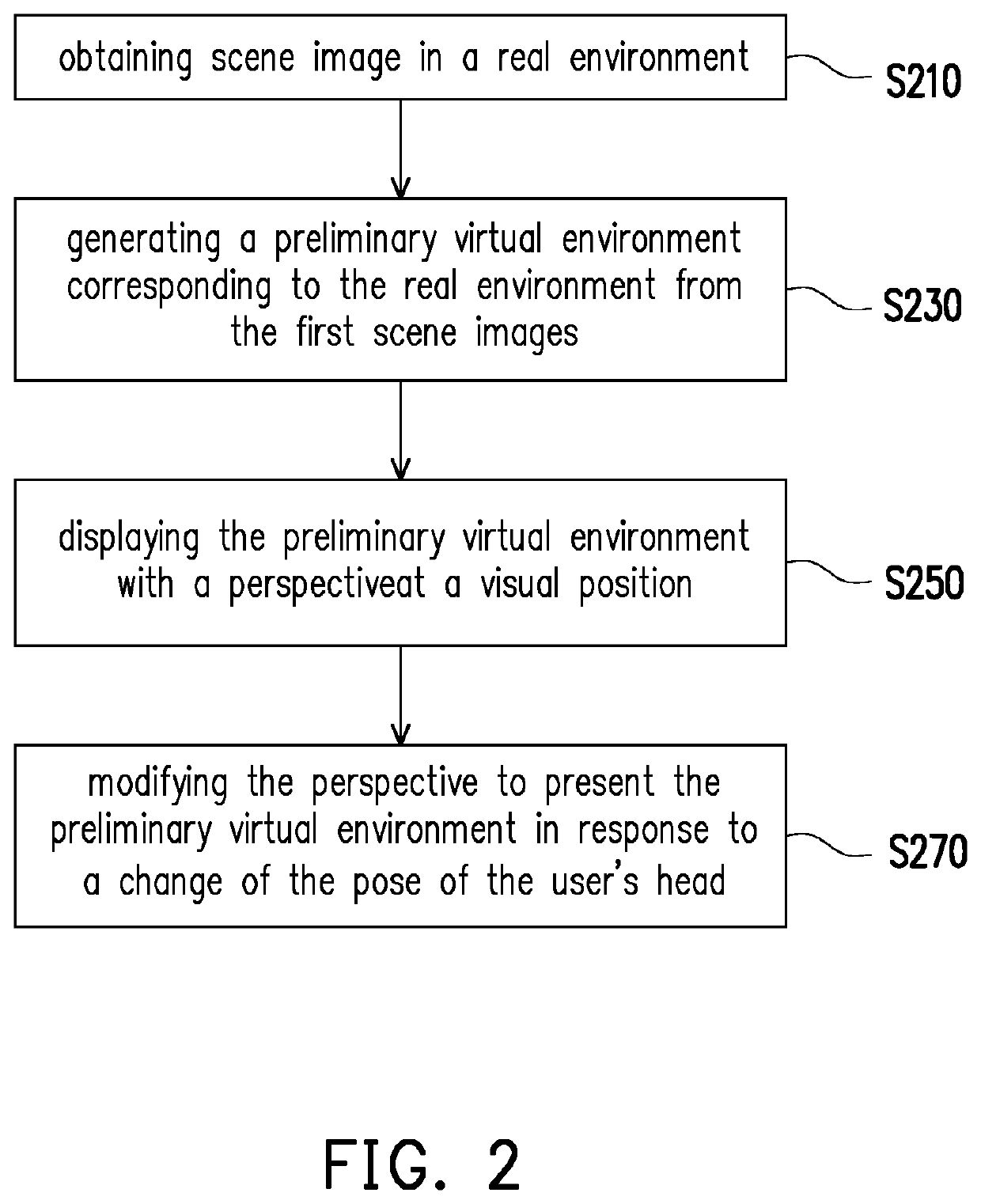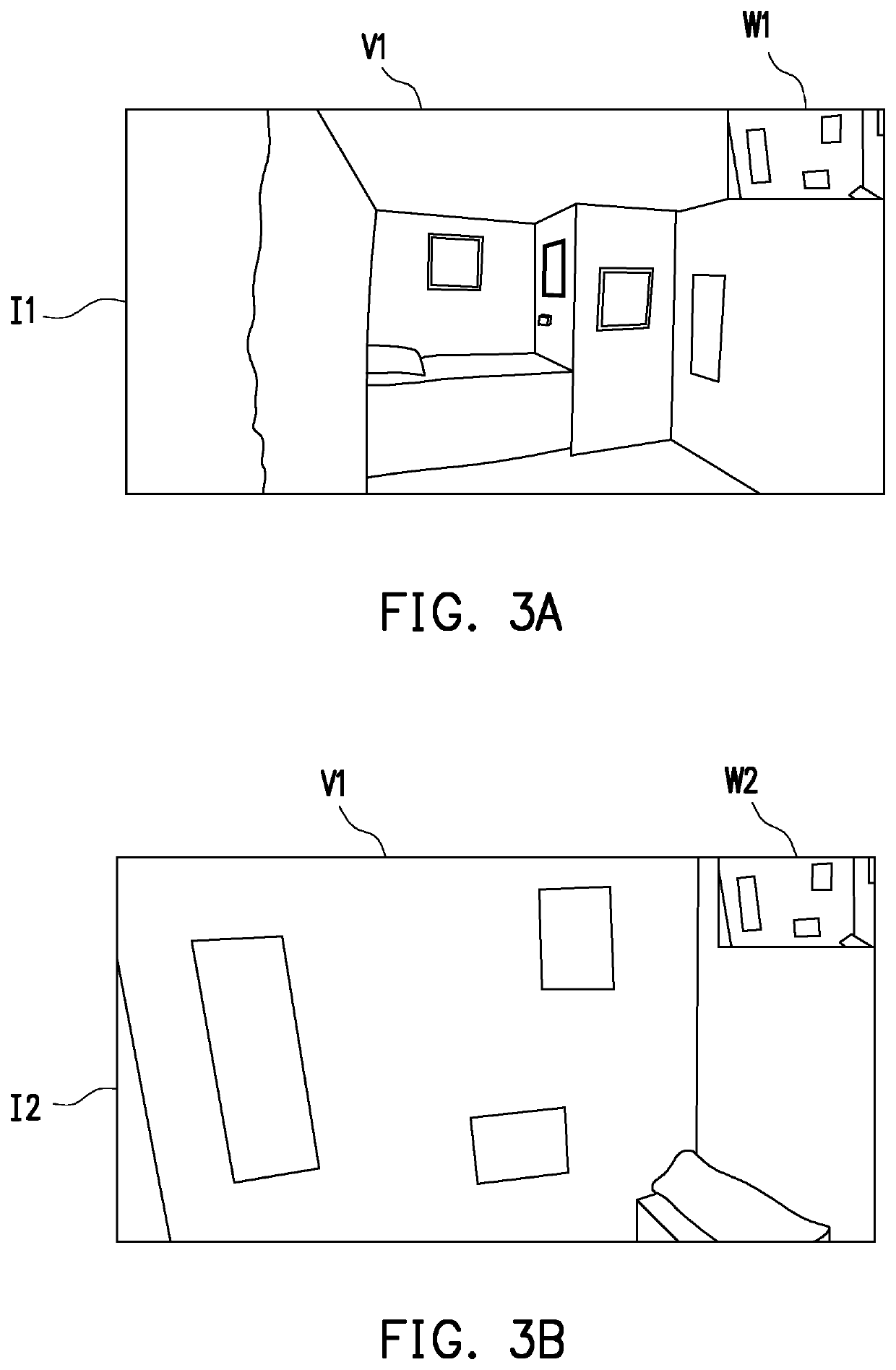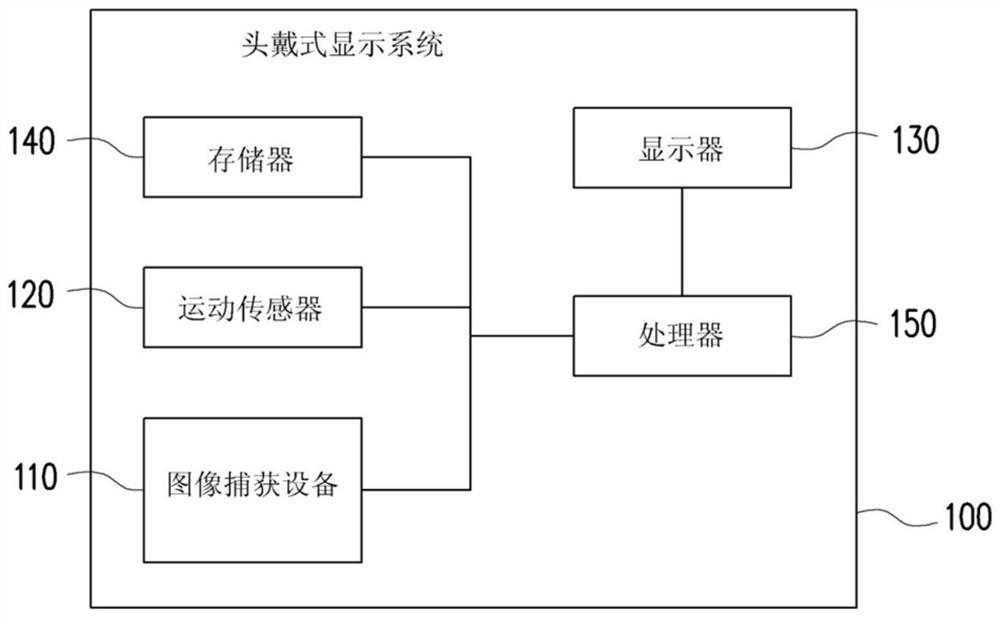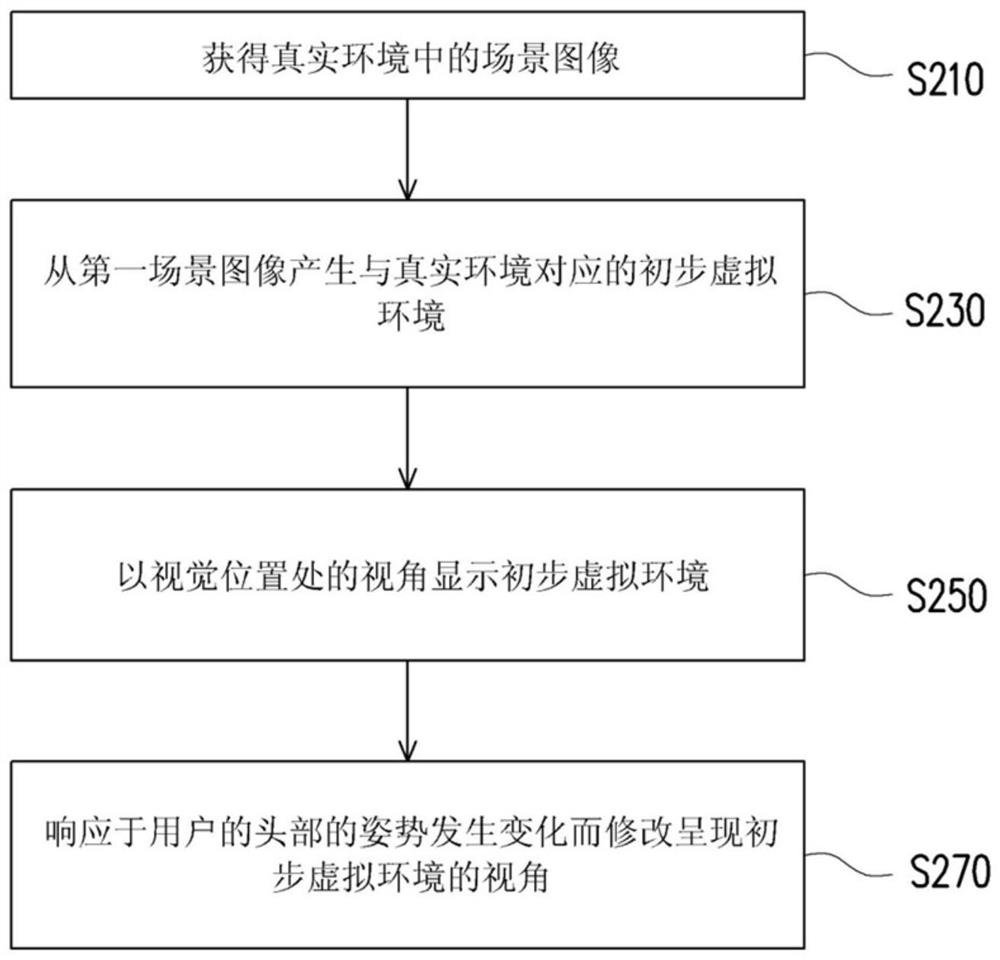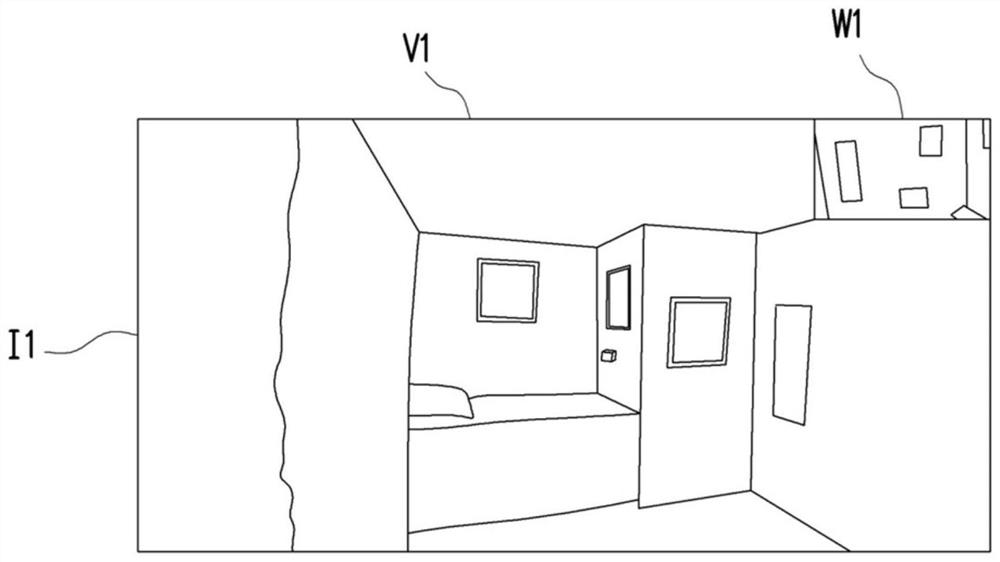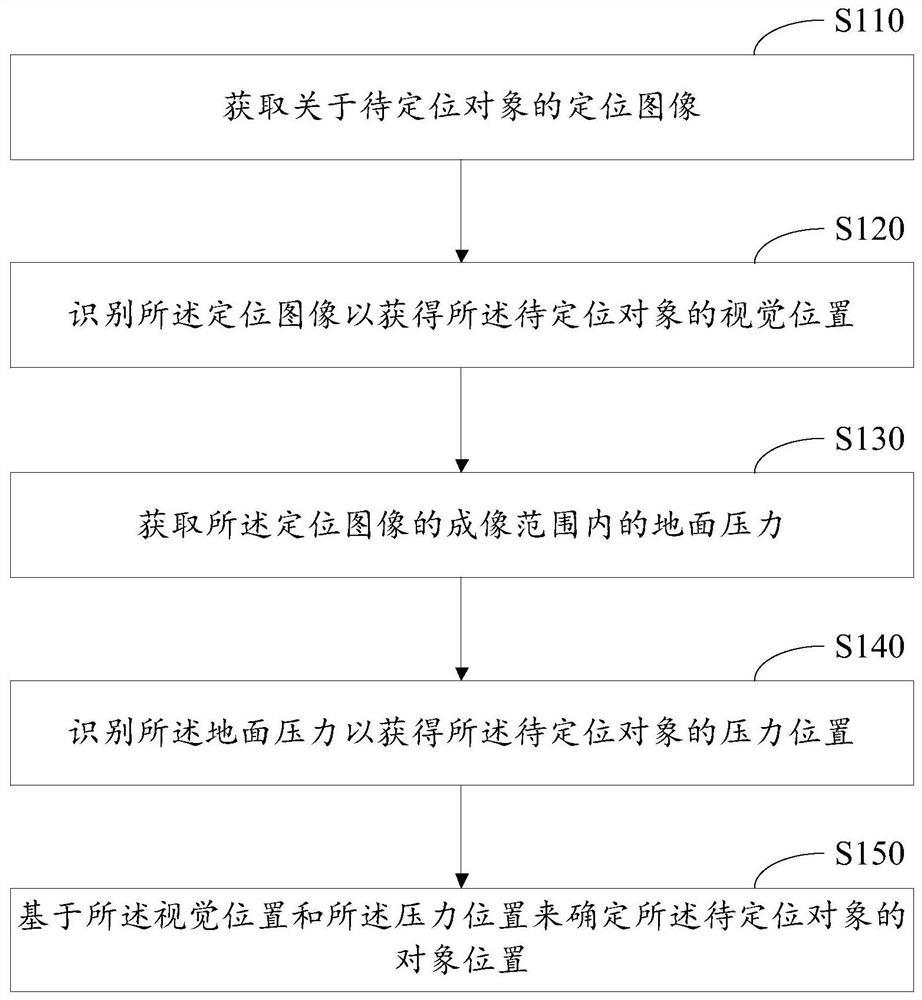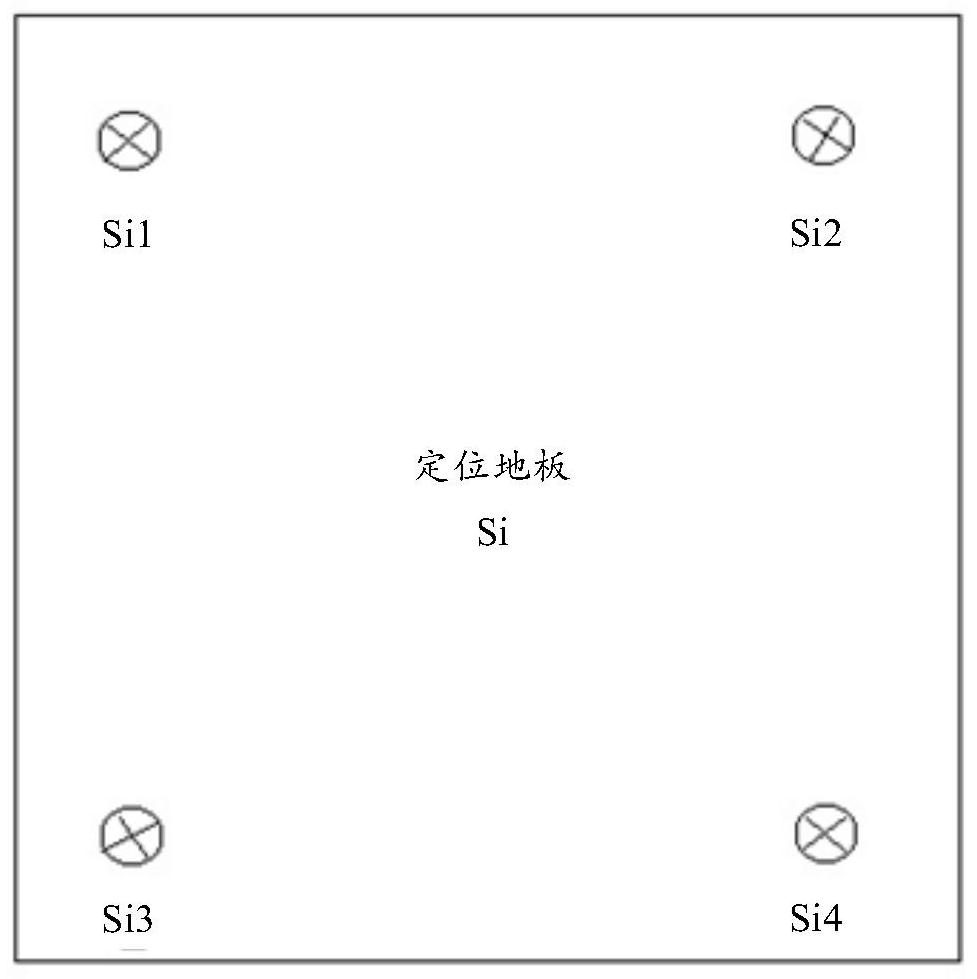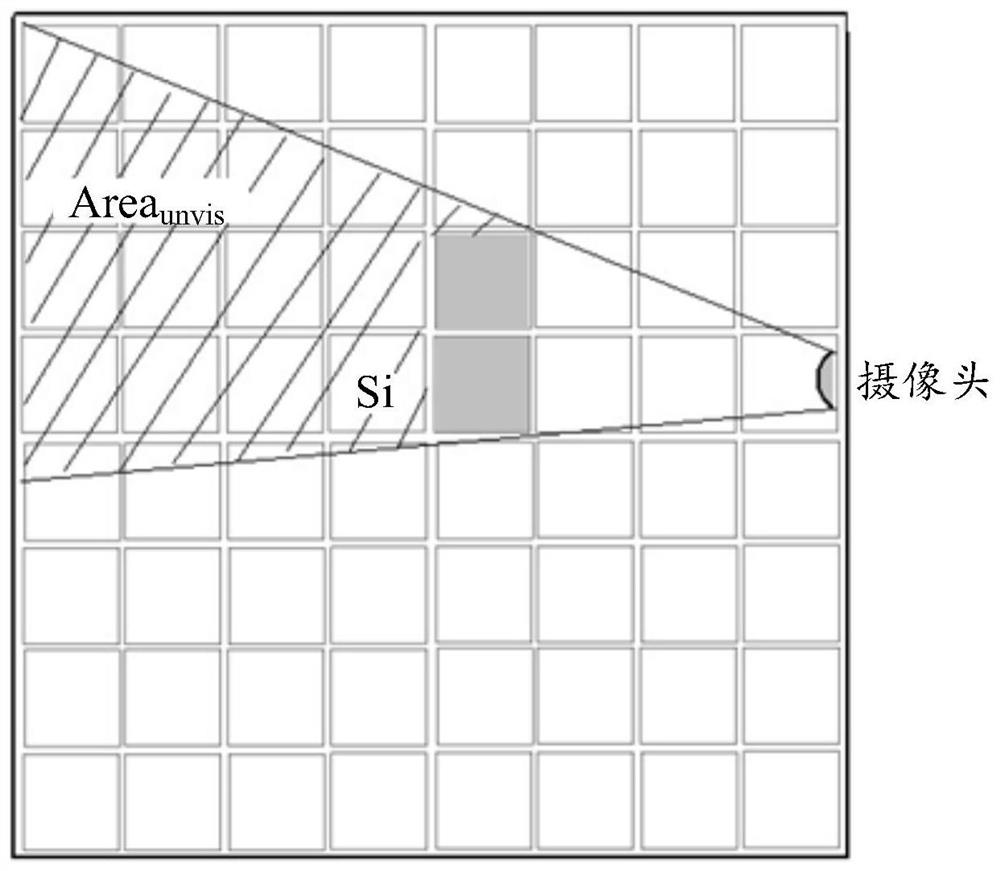Patents
Literature
52 results about "Visual placement" patented technology
Efficacy Topic
Property
Owner
Technical Advancement
Application Domain
Technology Topic
Technology Field Word
Patent Country/Region
Patent Type
Patent Status
Application Year
Inventor
Method and system for graphically indicating the activity of a plurality of users within a shared data collection
InactiveUS6049334AImage data processing detailsInput/output processes for data processingGraphicsVisual perception
Owner:IBM CORP
First-entry trocar system
ActiveUS20100081988A1Precise and accurate visual placementImprove featuresCannulasSurgical needlesPERITONEOSCOPEEngineering
A surgical access system comprises a trocar, an insufflating optical obturator slidably insertable into the trocar, and a laparoscope slidably insertable into the obturator. A distal end of the obturator comprises a tip, at least a portion of which comprises a wall with a generally uniform thickness comprising a transparent material. At least one vent hole disposed at the obturator tip is fluidly connected to a gas flow channel defined by an interior surface of the obturator and the laparoscope, which is fluidly connected to an insufflation gas inlet disposed at a proximal end of the trocar. Improved optical characteristics of the trocar system permit precise and accurate visual placement thereof into a body cavity. Accordingly the access system is suitable as a first entry surgical access system. Embodiments of the trocar access are also useful for drug delivery, and / or for fluid and / or tissue aspiration.
Owner:APPL MEDICAL RESOURCES CORP
Visual configurator
ActiveUS7568155B1Rapid and efficient distributionOvercome limitationsCAD network environmentMarketingNatural user interfaceVisual perception
A method, system, and computer program product for addressing a general class of configuration problems requiring visual placement. Such configuration problems are solved as a single group using a visual user interface which guides the users' behavior. The present invention may be implemented over the Internet for rapid and efficient distribution without any additional software on the client side other than a web browser. The inference engine may be on a remote server. The client side device may include a visual user interface as well as a small amount of user side intelligence. In one embodiment, a visual interface on the client device helps the user create a product comprised of selectable components, where each component is placed where the user wants it. Since the client device contains some amount of user intelligence, the client device does not need to send an entire web page to the inference engine, and receive an entire new web page from the inference engine, every time a user selects a component. Instead, once a user makes a selection, the client device can merely send over to the inference engine, the component selected, and the desired placement of the component. The inference engine, in turn, can merely send over information regarding which slots are constrained and how. The client device may include a web-browser, via which it can communicate with the inference engine over the Internet.
Owner:ORACLE INT CORP
Method of vision correction in a virtual reality environment
ActiveUS20170345400A1Reduce user operationsImprove user experienceInput/output for user-computer interactionCathode-ray tube indicatorsStable stateTime changes
A method of vision correction in a virtual reality environment, comprising: judging if a user is for the first time entering the virtual reality environment, if yes, providing the user with an initial visual position; monitoring in real time action of the user, and judging if the user is in a stable state in the virtual reality environment; if the user is in a stable state, adjusting the visual position of the user according to change of sight lines of the user; and if the user is in an unstable state, renewedly providing the user with an initial visual position; and monitoring in real time change of a scene in the virtual reality environment, and if the scene is taking discontinuous switching, renewedly providing the user with an initial visual position according to a new scene. The present disclosure performs automatic vision correction according to the usage scenes and the cognition custom of the user, which reduces user operation and improves the user experience.
Owner:BEIJING PICO TECH
System for tracking visual positions on basis of infrared projection mark points
ActiveCN101777123AIncrease powerIncrease brightnessCharacter and pattern recognitionComputer visionVisual perception
The invention discloses a system for tracking visual positions on the basis of infrared projection mark points. An infrared source is used by the system to project a main mark point image onto a specified region through a mark point negative provided with the preset main mark point pattern. Since the image projected by the system is an infrared image, the image, the same as the invisible mark points, has the advantages of high power, high light intensity, easier identification, stable positions and the like; the shape of the main mark point image depends on the main mark point pattern on the mark point negative, all you need to do for replacing the shape of the main mark point is maintain the mark point negative, so that the operations of both installation and maintenance are convenient; and furthermore, in order to meet the requirements for large-scale tracking and registration, at least four auxiliary mark points are projected onto the periphery of the main mark point, so that the auxiliary mark points can help positioning and tracking when the infrared image acquisition device is moved to lead part or all of the main mark point to be moved out of the acquisition area.
Owner:BEIJING INSTITUTE OF TECHNOLOGYGY
Digital communications platform for webpage overlay
ActiveUS20190034441A1Reduce processing timeMeet cutting requirementsNatural language data processingWebsite content managementWeb siteDisplay device
A digital communications or content platform is provided in some embodiments that is configured to provide a useful tool for generating visualizations or other user content that is operable to create a layer or skin that acts as a pane of glass over original web content. The digital communications or content platform is configured to maintain, in a data structure, a set of data linkages representative of a set of visual components whose visual locations and website locations are dynamically maintained despite changes to the underlying webpage. The digital communications or content platform is configured to cause a display to render a hybrid webpage including both the underlying webpage and the overlay.
Owner:HVR TECH INC
High-precision image navigation positioning method based on local neighborhood map
ActiveCN112129281AAchieve dynamic positioning accuracyImage enhancementInstruments for road network navigationComputer graphics (images)Original data
The invention discloses a high-precision image navigation positioning method based on a local neighborhood map, and belongs to the field of visual navigation. The method specifically comprises two stages of an offline map surveying and mapping stage and a navigation positioning stage, and specifically comprises the following steps of: acquiring original data; establishing a visual position map 1 and a geographic position map 2; constructing a visual / geographic coordinate mapping table; calculating the position of a current frame image under a visual coordinate system; extracting a neighborhoodcoordinate mapping table; and calculating similar transformation model parameters, and obtaining carrier position information through the parameters. The decimeter-level dynamic positioning precisioncan be achieved. A navigation map is established offline, and the map is used for carrying out online real-time navigation positioning of a carrier, so that vehicle-mounted autonomous navigation positioning is carried out only depending on images, and the decimeter-level dynamic positioning precision is achieved.
Owner:NANJING UNIV OF AERONAUTICS & ASTRONAUTICS
Trocar system with laparoscope gas channel
ActiveUS8506520B2Precise and accurate visual placementImprove featuresCannulasSurgical needlesPERITONEOSCOPEEngineering
A surgical access system comprises a trocar, an insufflating optical obturator slidably insertable into the trocar, and a laparoscope slidably insertable into the obturator. A distal end of the obturator comprises a tip, at least a portion of which comprises a wall with a generally uniform thickness comprising a transparent material. At least one vent hole disposed at the obturator tip is fluidly connected to a gas flow channel defined by an interior surface of the obturator and the laparoscope, which is fluidly connected to an insufflation gas inlet disposed at a proximal end of the trocar. Improved optical characteristics of the trocar system permit precise and accurate visual placement thereof into a body cavity. Accordingly the access system is suitable as a first entry surgical access system. Embodiments of the trocar access are also useful for drug delivery, and / or for fluid and / or tissue aspiration.
Owner:APPL MEDICAL RESOURCES CORP
Display system capable of converting planar or stereo image
InactiveCN1655011AReduce distancePolarising elementsNon-linear opticsParallaxComputer graphics (images)
This invention disclose a display system capable of converting plane / stereo images including a display device and a parallax fence, which can be converted to a total penetration mode so as to convert the stereo images to plane images. This invented parallax fence is composed of a torsion nematic obstructor, a diffuser is set inside of carry plate replaced by a plastic base, so that the distance between the visual position of the fence and the display pixel of the display device is rather short to provide a shorter stereo image distance.
Owner:WINTEK CORP
Binocular vision position measurement system and method based on deep learning
ActiveCN113177565ALightweight structureImprove real-time recognitionCharacter and pattern recognitionUsing optical meansImage segmentationVisual perception
The invention discloses a binocular vision position measurement system and method based on deep learning, and belongs to the technical field of multi-vision position measurement. The system disclosed by the invention comprises a binocular vision image capture module, a deep learning object recognition module, an image segmentation module, a fitting module and a binocular point cloud module. The invention further discloses a binocular vision position measurement method based on deep learning, image features are extracted and fused based on the convolutional neural network, a feature extraction network is trimmed according to an image recognition task, a network structure is lightened, the extracted image features are regressed and decoded by using a full-connection layer network, an image segmentation and fitting algorithm is made, deep learning is applied to binocular vision position measurement, the measurement applicability and accuracy can be considered, the positions of multiple types of objects in an actual scene can be rapidly and accurately measured, and the system and method has the advantages of non-contact measurement, accurate position solving and high real-time performance.
Owner:BEIJING INSTITUTE OF TECHNOLOGYGY
Model training method, domain-adaptive visual position identification method and device
InactiveCN110175615AImprove training accuracyImprove robustnessCharacter and pattern recognitionNeural architecturesActivation functionVisual technology
The invention discloses a model training method and a domain self-adaptive visual position identification method and device, and belongs to the technical field of computer vision, and the method comprises the steps: building an image feature extraction model based on a deep neural network; constructing a training set according to the standard data set, wherein each training sample in the trainingset comprises a target image, a positive sample and s negative samples; using the training set to train the image feature extraction model; wherein in the image feature extraction model, the feature extraction network comprises a plurality of first networks which are cascaded; wherein the first network is formed by sequentially connecting one or more second networks and a maximum pooling layer, and the maximum pooling layer is used for feature selection; the second network comprises convolution layers which are connected in sequence and used for feature extraction; the batch standardization layer is used for carrying out zero-mean standardization processing; the activation function layer is used for carrying out activation processing; the local feature aggregation network is used for aggregating local features to obtain feature vectors of the image. According to the invention, the robustness of visual position identification can be improved.
Owner:HUAZHONG UNIV OF SCI & TECH
Accurate repeat positioning method for indoor autonomous navigation robot
ActiveCN110488838AMeet the usage time limitReal-time correction of positioning errorsPosition/course control in two dimensionsVehiclesSimulationMarine navigation
The invention discloses an accurate repeat positioning method for an indoor autonomous navigation robot in the field of intelligent robots. The method comprises the following steps of (1) allow a robot to sequentially pass through a plurality of preset target positions on a straight line, (2) acquiring current coordinates of the robot when the robot reaches one of the target positions, (3) calculating corrected coordinates of the current target position, (4) calculating the current visual position of the robot by adopting a visual compensation positioning algorithm after the robot reaches thecorrected coordinates of the target position, and (5) calculating an evaluation coefficient of the current target position according to the current coordinates, the corrected coordinates of the current target position and the current visual position of the robot, wherein the evaluation coefficient of the current target position is used for calculating the corrected coordinates of the robot to thenext target position. The robot moves in a long straight corridor scene, a positioning error is corrected in real time, and the accurate positioning of the robot is realized.
Owner:SICHUAN ARTIGENT ROBOTICS EQUIP
Semantic vision positioning method and device based on multi-modal graph convolutional network
ActiveCN111783457AAccurate acquisitionImproving the performance of semantic visual localization tasksSemantic analysisCharacter and pattern recognitionSpatial perceptionMultilayer perceptron
The invention provides a semantic vision positioning method and device based on a multi-modal graph convolutional network. The method comprises the steps: obtaining an input picture and corpus description; extracting multi-scale visual features of an input picture by using a convolutional neural network, and encoding and embedding spatial coordinate information to obtain spatial perception visualfeatures; analyzing the corpus description to construct a semantic structure diagram, encoding each node word vector in the semantic structure diagram, and learning diagram node semantic features through a multilayer perceptron; fusing the spatial perception visual features and the graph node semantic features to obtain multi-modal features of each node in the semantic structure graph; spreading relationship information of nodes in the semantic structure chart through a graph convolution network, and learning visual semantic relationships under the guidance of semantic relationships; and performing semantic visual position reasoning to obtain a visual position of the semantic information. According to the method, context semantic information is combined when ambiguous semantic elements areprocessed, and visual positioning can be guided by utilizing semantic relation information.
Owner:BEIJING SHENRUI BOLIAN TECH CO LTD +1
System and method for pattern based thresholding applied to video surveillance monitoring
InactiveUS8659657B2Color television detailsClosed circuit television systemsPattern recognitionVideo monitoring
A system, method, and program product is provided that configures video handlers pertaining to a dependent individual. Configuring includes setting alert thresholds. Visual locations are configured. Visual images that pertain to caregivers of the dependent individual are configured. Video streams are received from video sources. Video streams are compared to configured locations to classify the dependent individual's location. Video stream is analyzed to determine whether the dependent individual is alone or with others. If with others, a list of known persons is determined by comparing the video streams with the configured visual images. The configured video handlers are initiated based on the inputs of the location and the people present with the dependent individual. Video handlers trigger alerts when thresholds are reached. Alerts include performing actions to protect the dependent individual from harm.
Owner:IBM CORP
Manipulator fixture and robot
PendingCN110948509AImprove the level of automationIncrease speedProgramme-controlled manipulatorGripping headsControl engineeringControl cell
The invention discloses a manipulator fixture and a robot. The manipulator fixture comprises a clamping claw installation mechanism, a clamping claw, a visual position compensation system and a control unit. The clamping claw installation mechanism and the visual position compensation system are installed on a manipulator. The clamping claw is installed on the clamping claw installation mechanism.The visual position compensation system and the manipulator are connected with the control unit respectively. The visual position compensation system is used to shoot an image of an object to be clamped and transmits the image to the control unit while the manipulator enables the clamping claw to clamp the object. The control unit is used to position the clamping claw relative to the object to beclamped according to the images shot by the visual position compensation system, and controls the manipulator to compensate for the moving position of the clamping claw according to the situation ofpositioning.
Owner:SHENZHEN SUNSHINE LASER & ELECTRONICS TECH CO LTD
A video data processing method and device
ActiveCN109814704AImprove the display effectImprove realismInput/output for user-computer interactionGraph readingTerminal equipmentVisual perception
The embodiment of the invention discloses a video data processing method and device. The method comprises the following steps that a first terminal device plays the augmented reality video data; the first terminal device obtains attitude information collected by a second terminal device; wherein the attitude information comprises current angle information and current displacement information; andthe first terminal device determines a video adjustment parameter corresponding to the augmented reality video data according to the current angle information and the current displacement information,and updates a visual angle and a visual position of the augmented reality video data according to the video adjustment parameter. According to the invention, the display effect of the augmented reality video can be improved.
Owner:TENCENT TECH (SHENZHEN) CO LTD
Visual position recognition method and device, computer equipment and readable storage medium
PendingCN112463999AImprove robustnessImprove accuracyCharacter and pattern recognitionStill image data indexingSimulationComputer vision
The invention discloses a visual position recognition method, a visual position recognition device, computer equipment and a nonvolatile computer readable storage medium. The visual position identification method comprises the following steps: constructing an auto-encoder model, wherein the auto-encoder model comprises an encoder model and a decoder model which are connected in sequence; inputtingthe training image into a pre-trained VGG-16 model to output first information of the training image; inputting the training image into the auto-encoder model to output second information of the training image; calculating a difference value between the first information and the second information; when the difference value is smaller than a preset value, determining that training of the auto-encoder model is completed; when the difference value is greater than a preset value, modifying parameters of the auto-encoder model, and returning to the step of inputting the training image into the auto-encoder model to output second information of the training image; and carrying out visual position identification by utilizing an encoder model in the trained auto-encoder model.
Owner:SHENZHEN INST OF ADVANCED TECH CHINESE ACAD OF SCI
Five-axis angle and orientation adjusting rotating mechanism
ActiveCN111532214AImplementation angleAzimuth rotationStands/trestlesVehicle componentsIn vehicleVisual perception
The invention relates to the field of vehicle-mounted display screen products and particularly relates to a five-axis angle and direction adjusting rotating mechanism. A display screen assembly is included. One side of the display screen assembly is connected with a turnover mechanism assembly through a bolt; a panel assembly is mounted on one side of the turnover mechanism assembly through the bolt; a host assembly is installed on one side of the panel assembly through the bolt; the display screen assembly comprises a first linear sliding mechanism, a first axial rotating mechanism, a secondaxial rotating mechanism and a third axial rotating mechanism; and the first linear sliding mechanism comprises two screen pressing strips installed on one side of the display screen assembly throughthe bolts. The mechanism has beneficial effects that an up-down position, a front-back position, left-right and up-down rotating angles and a 90-degree transverse and vertical screen switching angle of a display screen can be moved; the display screen is adjusted to an optimal visual position; and interference objects or obstacles between an original vehicle and the display screen are avoided, andthe mechanism is suitable for different vehicle types and observation visual angles and use habits of passengers or drivers with different seats in the vehicle.
Owner:SHENZHEN MAXMADE AUTO ELEC CO LTD
Ternary network-based tight coupling weak supervised learning positioning method and system
PendingCN113887653AImprove learning efficiencyReduce training timeCharacter and pattern recognitionOther databases indexingPositive sampleSorting algorithm
The invention discloses a tight coupling weak supervised learning positioning method and system based on a ternary network. A positive sample of an image q is obtained by adopting a reordering algorithm based on global features and local features, a negative sample of the image q is obtained by adopting a weak supervision algorithm, and the positive sample and the negative sample serve as a training set of a triple network. The global features and local features are better coupled from two aspects of training sample tuple selection and loss function definition in a learning strategy, mutual promotion of the global features and the local features is realized, and a more effective information representation mode and richer feature details can be learned from a training set; in the training process, the consistency of the two is improved, and the problem of conflict and confusion of the two in results in a visual position identification task is solved, so that the respective advantages are better played in a retrieval framework, and the real-time performance, the high precision and the environment robustness are considered. In addition, the learning strategy also improves the learning efficiency of the model, and greatly reduces the model training time.
Owner:XI AN JIAOTONG UNIV
Filtering a list of audible items
InactiveUS20100137030A1Easy to distinguishReliably distinguish among fourCathode-ray tube indicatorsSubstation equipmentUser deviceProcessor register
Disclosed is a technique for presenting audible items to a user in a manner that allows the user to easily distinguish them and to select from among them. A number of audible items are rendered simultaneously to the user. To prevent the sounds from blending together into a sonic mishmash, some of the items are “conditioned” while they are being rendered. For example, one audible item might be rendered more quietly than another, or one item can be moved up in register compared with another. Some embodiments combine audible conditioning with visual avatars portrayed on, for example, a display screen of a user device. During the rendering, each audible item is paired with an avatar, the pairing based on some suitable criterion, such as a type of conditioning applied to the audible item. Audible spatial placement is mimicked by visual placement of the avatars on the user's display screen.
Owner:MOTOROLA MOBILITY LLC
Key ring tool
InactiveUS20090235705A1Easy to useLarge widthBuilding locksKey-ringsTheoretical computer scienceSoftware engineering
Owner:KNAPTON ROLAND B
Autonomous unmanned system position identification and positioning method based on sequence image features
ActiveCN110968711AImprove robustnessStrong light invarianceCharacter and pattern recognitionStill image data indexingEngineeringVisual perception
The invention discloses an autonomous unmanned system position identification and positioning method based on sequence image features. Firstly, to-be-image features are extracted through an improved convolutional neural network model, the obtained depth features have high illumination invariance and viewing angle invariance, and the robustness of the algorithm for scene condition changes and robotviewing angle changes is enhanced; then, a difference measurement method based on an image sequence is adopted, constraints are effectively provided for position recognition of adjacent frames, and the recognition accuracy is improved. Secondly, an approximate nearest neighbor search method is used, so that the calculated amount of sequence search is greatly reduced, and the use efficiency in a large-scale environment is improved. Finally, through a method of dynamically updating candidate matching, omission caused in sequence search is effectively reduced, and the error-tolerant rate of thealgorithm is improved. A visual position recognition algorithm has the outstanding advantages of being high in robustness, high in efficiency, capable of adapting to various scenes and the like.
Owner:HUNAN UNIV +1
Obstacle detection method and device, electronic equipment and storage medium
PendingCN112528771AImprove accuracyImprove reliabilityScene recognitionPoint cloudComputer graphics (images)
The embodiment of the invention relates to the technical field of data processing, and provides an obstacle detection method and device, electronic equipment and a storage medium. The obstacle detection method comprises the following steps: determining an area image acquired by each camera in the vehicle-mounted look-around camera system and look-around point cloud data acquired by a vehicle-mounted laser radar; projecting the point cloud data of each radar obstacle in the look-around point cloud data into a corresponding camera coordinate system to obtain a visual position of each radar obstacle, wherein the camera coordinate system corresponding to the radar obstacle is the camera coordinate system of the camera of which the shooting area coincides with the space area where the radar obstacle is located; and determining a look-around obstacle detection result based on the visual position of each radar obstacle, and the visual position and the obstacle type of the visual obstacle in each area image. According to the obstacle detection method and device, the electronic equipment and the storage medium provided by the embodiment of the invention, 360-degree omnibearing obstacle detection is ensured.
Owner:DEEPBLUE TECH (SHANGHAI) CO LTD
Display system capable of converting planar or stereo image
InactiveCN100345029CReduce distancePolarising elementsNon-linear opticsParallaxComputer graphics (images)
This invention disclose a display system capable of converting plane / stereo images including a display device and a parallax fence, which can be converted to a total penetration mode so as to convert the stereo images to plane images. This invented parallax fence is composed of a torsion nematic obstructor, a diffuser is set inside of carry plate replaced by a plastic base, so that the distance between the visual position of the fence and the display pixel of the display device is rather short to provide a shorter stereo image distance.
Owner:WINTEK CORP
Visual positioning method and system of unmanned container truck, electronic equipment and storage medium
ActiveCN113469045APrecise positioningVisual positioning is completely reliableCharacter and pattern recognitionControl theoryVisual positioning
The invention relates to the technical field of port operation, and provides a visual positioning method and system for an unmanned container truck, electronic equipment and a storage medium. The visual positioning method comprises the following steps: collecting visual features including actual positions of a lane line and a bay mark in a map coordinate system; In the driving process of the unmanned container truck, the pose deviation of the unmanned container truck is obtained according to the visual position and the actual position of the visual feature in an image coordinate system of a first camera of the unmanned container truck, and positioning correction is conducted on the unmanned container truck, comprising: according to the visual position of the lane line and the actual position of the lane line, the transverse pose deviation of the unmanned container truck is obtained, and transverse positioning correction is conducted on the unmanned container truck; and according to the visual position and the actual position of the storage position identifier, obtaining the longitudinal pose deviation of the unmanned container truck, and carrying out longitudinal positioning correction on the unmanned container truck. According to the method, transverse and longitudinal positioning correction is performed on the unmanned container truck in combination with a visual map and a visual means, so that rapid and accurate positioning of the unmanned container truck is realized.
Owner:SHANGHAI WESTWELL INFORMATION & TECH CO LTD
Localisation device for visually determining the location of a vehicle
PendingCN112639404AImage enhancementInstruments for road network navigationPattern recognitionControl cell
The invention relates to a localisation device (1) for visually determining the location of a vehicle (3). The localisation device has a camera unit (20) for capturing image data (11), and a control unit (10). The control unit (10) is designed to recognise one or more landmarks (15a) in the captured image date (11). The control unit (10) is further designed to determine a quality value for each recognised landmark (13a, 13b), which quality value corresponds to the recognisability, the permanence and / or the contribution of the landmark (13a, 13b) to the localisation, wherein the determination of the quality value involves a plurality of recognitions of the particular landmark (13a, 13b). A plurality of quality values for one landmark can also be determined for different observation positions or observation directions. Furthermore, the control unit (10) is designed to adjust the quality value of a landmark (13a, 13b) already contained in a map, based on a new recognition by the localisation device (1). The control unit (10) is designed to determine the position of the localisation device (1) on the basis of the recognised landmarks (13a, 13b) in conjunction with the map. The control unit (10) is further designed, in conjunction with a positioning unit (40), to determine the position of landmarks (13a, 13b) in relation to a global coordinate system.
Owner:CONTINENTAL AUTOMOTIVE GMBH
Four-rotor aircraft adaptive neural network positioning control method based on visual feedback
PendingCN113805481AOvercoming the challenge of underactuationSmall amount of calculationAdaptive controlAttitude controlProjection method
The invention discloses a four-rotor aircraft adaptive neural network positioning control method based on visual feedback. The method comprises the following steps of S1, determining a kinetic model equation of a four-rotor aircraft (QAR) according to the principles of aerodynamics and rigid mechanics, S2, establishing equivalent transformation between a position error and a projection image error by adopting a spherical projection method according to the kinetic model equation, S3, determining a linear velocity error differential equation of the QAR according to the spherical projection method and the kinetic model equation, S4, constructing a backstepping virtual attitude controller according to the linear velocity error differential equation of the QAR, S5, according to the backstepping controller, determining an operation equation of the adaptive controller based on the neural network, S6, according to the operation equation of the adaptive controller, constructing an inertia matrix estimator based on the Jorleski decomposition, and S7, calculating the position of the QAR according to the operation equation of the adaptive controller and the adaptive law equation, thereby realizing QAR visual position tracking control.
Owner:GUANGDONG UNIV OF TECH
Head mounted display system and scene scanning method thereof
InactiveUS20200342833A1Input/output for user-computer interactionCathode-ray tube indicatorsComputer graphics (images)Radiology
A head mounted display system and a scene scanning method thereof are provided. In the method, one or more first scene images and a second scene image in a real environment are obtained. A preliminary virtual environment corresponding to the real environment from the first scene images is generated. The preliminary virtual environment is displayed with a perspective at a visual position. The virtual position is corresponding to a real position in the real environment where the second scene image is captured. The perspective to present the virtual environment is modified in response to a change of a pose of the user's head. Accordingly, a convenient way to scan the real environment is provided, and a complete virtual environment may be obtained.
Owner:XRSPACE CO LTD
Head mounted display system and scene scanning method thereof
InactiveCN112630964AInput/output for user-computer interactionImage data processingComputer graphics (images)Radiology
A head mounted display system and a scene scanning method thereof are provided. In the method, one or more first scene images and a second scene image in a real environment are obtained. A preliminary virtual environment corresponding to the real environment from the first scene images is generated. The preliminary virtual environment is displayed with a perspective at a visual position. The virtual position is corresponding to a real position in the real environment where the second scene image is captured. The perspective to present the virtual environment is modified in response to a change of a pose of the user's head. Accordingly, a convenient way to scan the real environment is provided, and a complete virtual environment may be obtained.
Owner:XRSPACE CO LTD
Object positioning method, object positioning system and electronic device
Owner:BEIJING HORIZON ROBOTICS TECH RES & DEV CO LTD
Features
- R&D
- Intellectual Property
- Life Sciences
- Materials
- Tech Scout
Why Patsnap Eureka
- Unparalleled Data Quality
- Higher Quality Content
- 60% Fewer Hallucinations
Social media
Patsnap Eureka Blog
Learn More Browse by: Latest US Patents, China's latest patents, Technical Efficacy Thesaurus, Application Domain, Technology Topic, Popular Technical Reports.
© 2025 PatSnap. All rights reserved.Legal|Privacy policy|Modern Slavery Act Transparency Statement|Sitemap|About US| Contact US: help@patsnap.com



